Shows

Bridging the Gaps: A Portal for Curious Minds“How Our Grasp of the Universe and Our Minds Changed Everything” with Professor Linda ZagzebskiAt the heart of the intellectual and cultural awakening that swept across the globe during the first millennium BCE—an era that witnessed the emergence of philosophy, mathematics, science, and nearly all of the world’s major religions—lies a transformative conviction: the human mind is capable of comprehending the universe. Equally profound is the parallel insight that the mind is capable of reflecting upon and understanding itself.
In her book “The Two Greatest Ideas: How Our Grasp of the Universe and Our Minds Changed Everything” Professor Linda Zagzebski offers a compelling examination of these two foundational ideas in human history. S...
2025-09-1448 min
DIL Meri Jaan with Joy GFitrat | Nature | Kya hai aapki fitrat? | Dil Meri Jaan I Joy G I The Relationship Podcast in Hindi | #99Fitrat.शाइ'र हूँ मैं शाइ'र हूँ मेरा ही ज़माना हैफ़ितरत मिरा आईना क़ुदरत मिरा शाना है-जिगर मुरादाबादी💖 Fitrat: Zindagi aur Rishton ka Gehra Raaz 🤔Kya aapne kabhi socha hai ki aapki Fitrat yaani aapka Swabhaav aapki zindagi aur rishton ko kaise shakal deta hai?🤔Is episode mein, hum aapko le chalenge ek anokhe safar par, jahan hum Fitrat ki gehri paraton ko tatolenge. ✨Humari Fitrat kaise humare har rishte – dosti, pyaar, family aur professional life – par asar daalti hai? Hum Allama Iqbal, Javed Akhtar, Waseem Barelvi jaise mahan shairon ke kalaam ke zariye insani Fitrat ke har pehlu ko samjhenge.Kya Fitrat aur Aadat ek hi hai? Kya hum apni Fitrat ko badal sakte hain? Bhagavad Gita, Aristotle, Socrates jaise mahan darshnikon ke vicharon se hum in sawalon ke j...
2025-09-0319 min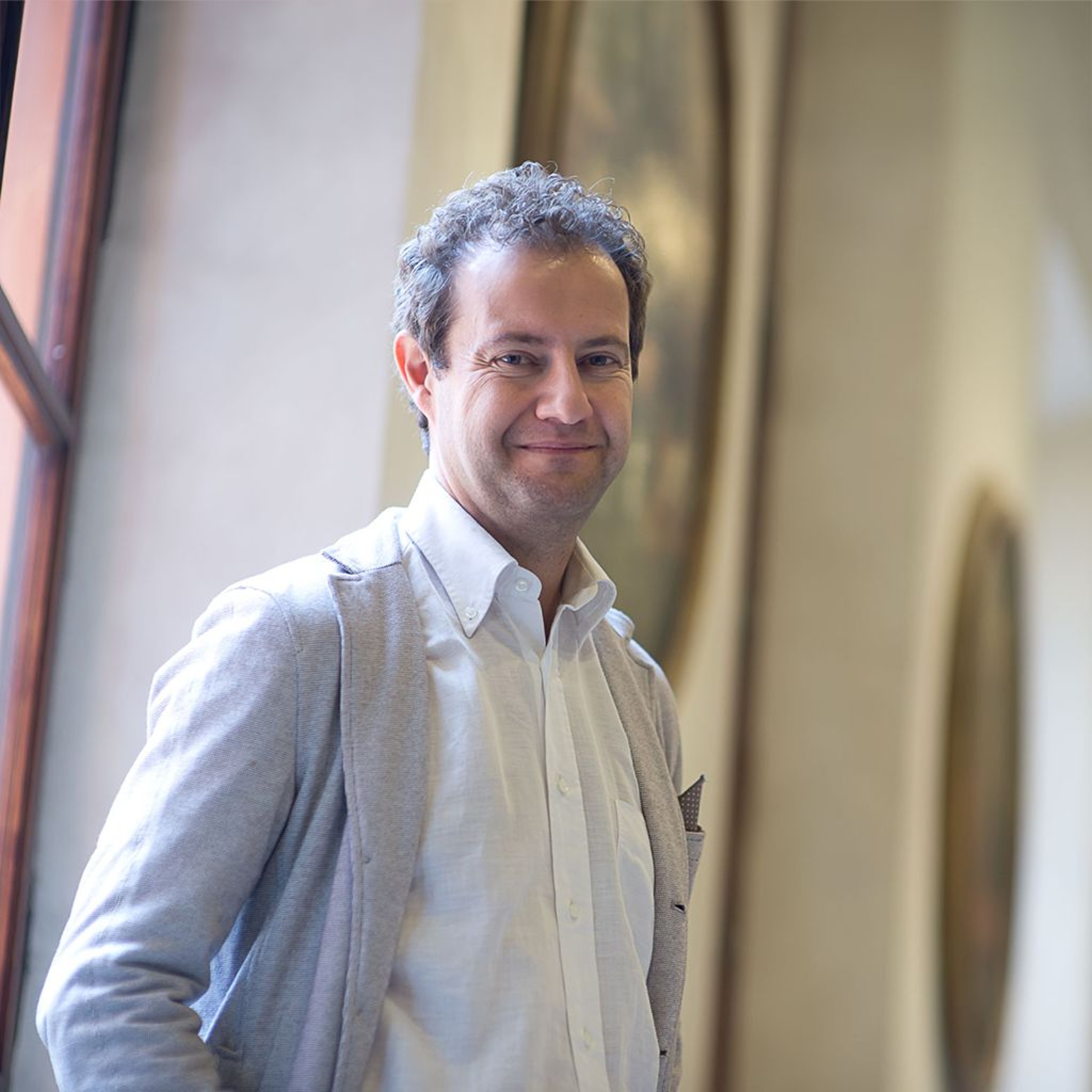
Bridging the Gaps: A Portal for Curious Minds“The Nobel Prize and the Public Image of Science” with Professor Massimiano BucchiIn a world where scientific work often feels distant and difficult to grasp, the Nobel Prize makes science visible and understandable in a unique way. It is the most recognized and prestigious award for individual scientific achievement, giving a human face to great discoveries and turning them into powerful stories. The winners could be global figures like Albert Einstein or little-known doctors working in remote towns. Some prizes went to breakthroughs later proven wrong, and many names have faded from memory. Yet, as Massimiano Bucchi shows, the Nobel Prize shaped how people saw science throughout the twentieth century—an image th...
2025-08-241h 08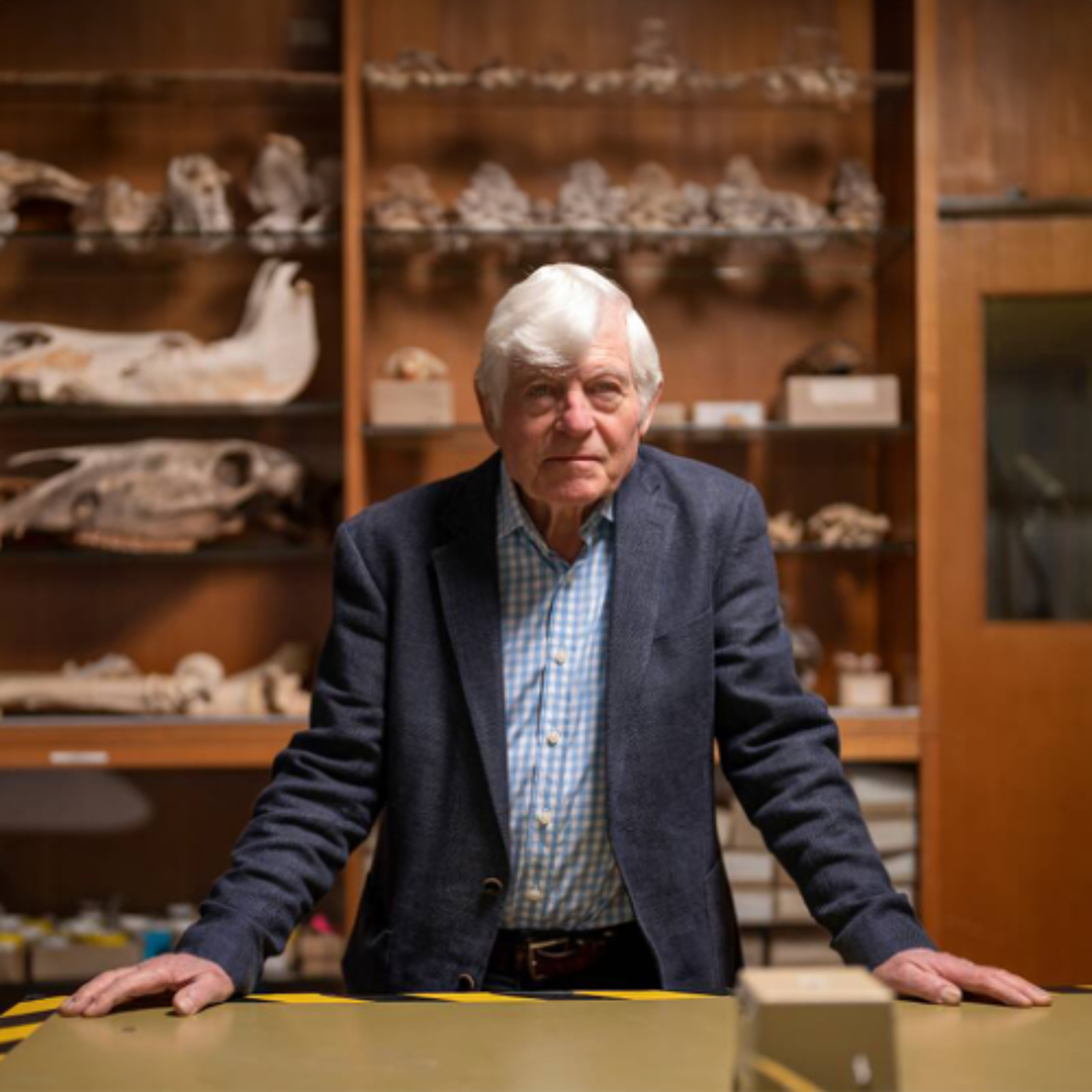
Bridging the Gaps: A Portal for Curious Minds“The Human Journey From Ape to Agriculture” with Professor Peter BellwoodOver a span of five million years, humankind rose from modest origins to become the planet’s most dominant species. Along the way, people changed a lot in how they looked, spoke, and lived. But how did all this happen? The variety we see in humans today is the result of evolution—which began shaping the Homo group about 2.5 million years ago—and migration, as humans moved into new places. In his book “The Five-Million-Year Odyssey: The Human Journey from Ape to Agriculture” Professor Peter Bellwood brings together research from archaeology, biology, anthropology, and language studies to tell the story of human h...
2025-06-2157 min
Read This TodayRichard III: The Crooked King's ClimbMeet one of Shakespeare's most cunning and captivating villains: Richard III. This dark history play chronicles his ruthless ascent to the throne through manipulation and murder. We'll uncover the chilling psychology of ambition and the eventual, inescapable call for justice.Works CitedAhmed, Waseem. "Shakespeare’s Richard III - Myth or Reality ?" Shakespeare Birthplace Trust, 30 July 2018.Akhtar, Samina, et al. "Richard’s Physical Deformity, the Cause or Excuse behind His Wickedness: A Critical Analysis of Shakespeare’s Richard III." English Language and Literature Studies, vol. 7, no. 1, 2017, pp. 94-102. Canadian Center of Science and Ed...
2025-06-2035 min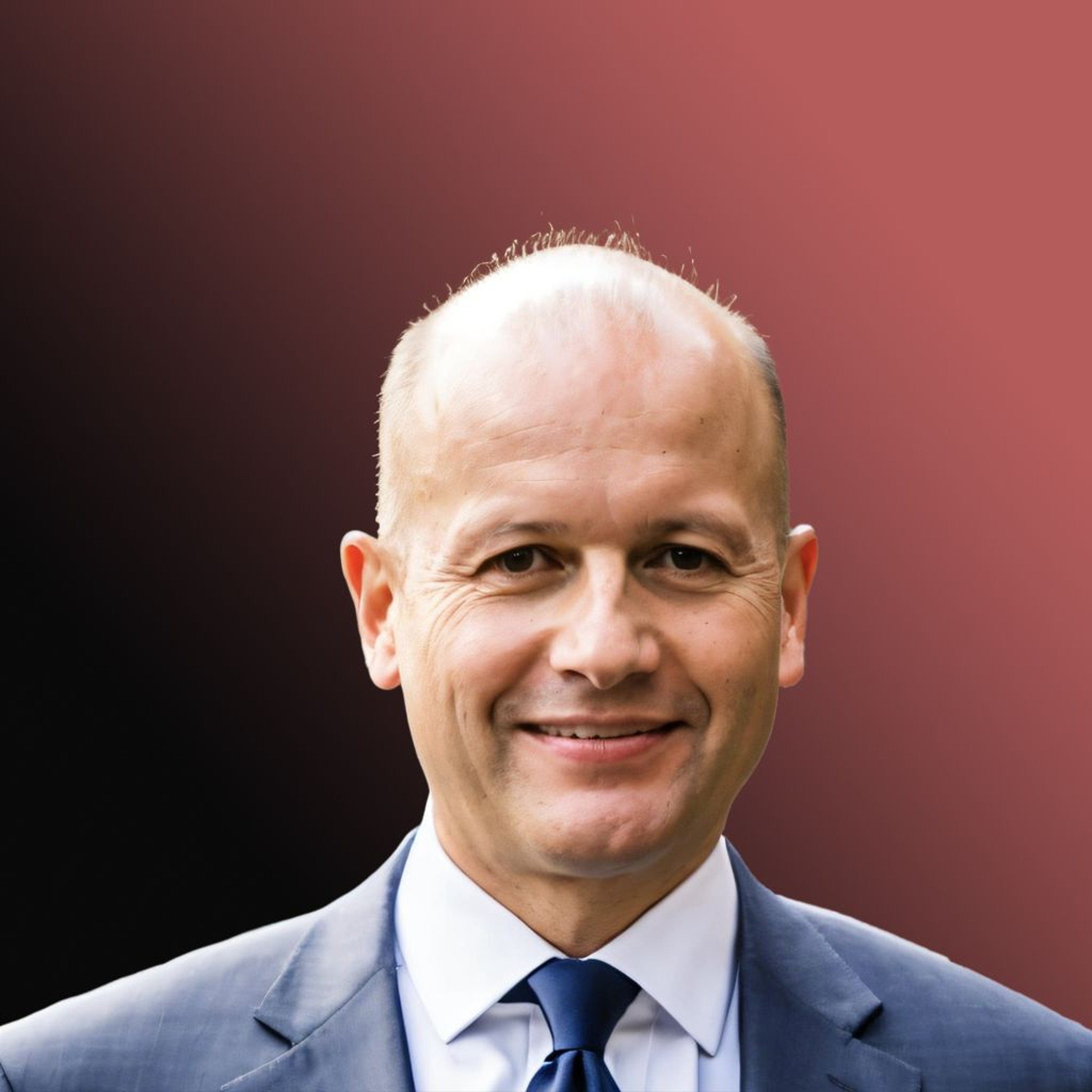
Bridging the Gaps: A Portal for Curious Minds“The Line: AI and the Future of Personhood” with Professor James BoyleHumans are no longer the only entities capable of generating language and ideas with fluency. But this advancement raises a profound question: are artificial intelligence systems truly conscious, or are they simply performing an elaborate imitation of human thought? And if, in the future, claims of AI consciousness become more credible, how will that shift our understanding of these technologies? Will we continue to see them as tools, or begin to recognize them as something closer to persons? In his book “The Line: AI and the Future of Personhood”, Professor James Boyle confronts these complex issues. He explores how questions that...
2025-04-0556 min
The Creative Zindagi PodcastEp 58 | The Ultimate Urdu Poetry Playlist for Hope | Poetry of Hope & Inspiration | Umeed ShayariLooking for some Urdu poetry of hope? Welcome to Episode 58 of The Creative Zindagi Podcast! In this poetry special episode, we bring you a mesmerizing collection of Urdu poetry filled with hope, wisdom, and inspiration. Featuring timeless couplets from legendary poets like Jan Nisar Akhtar, Nida Fazli, Fani Badayuni, Sahir Ludhianvi, Waseem Barelvi, Faiz Ahmed Faiz, and many more—this episode is a treat for poetry lovers.If you're looking for Urdu poetry that uplifts your spirit and fills your heart with hope, this is the perfect collection. Immerse yo...
2025-02-2812 min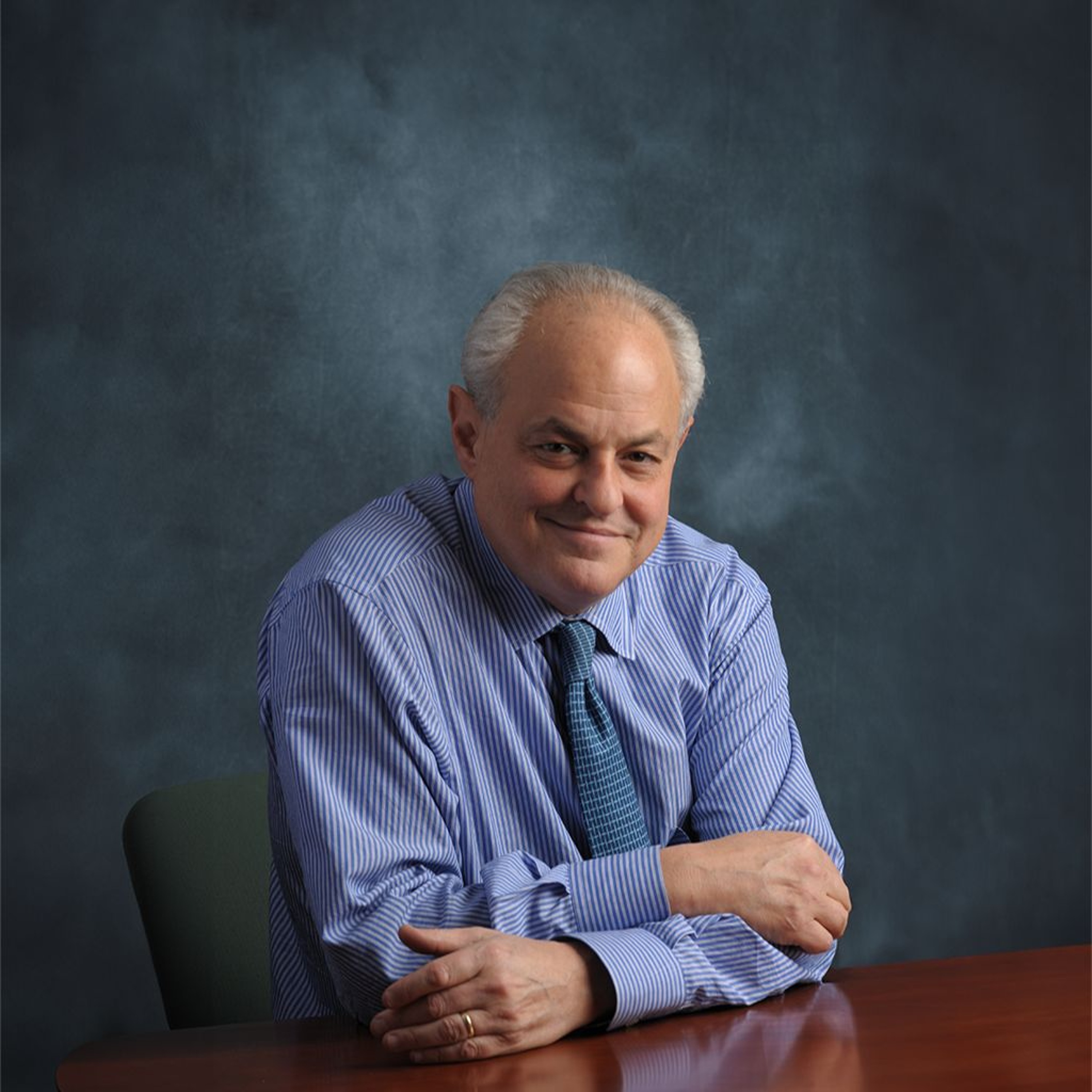
Bridging the Gaps: A Portal for Curious Minds“From Sensing to Sentience: How Feeling Emerges from the Brain” with Professor Todd FeinbergSentience is the feeling aspect of consciousness, encompassing the capacity to experience sensations such as pain, pleasure, and emotions. It is the foundation of subjective experience, distinguishing beings that can feel from those that merely process information or react reflexively. Sentience is a crucial component of consciousness. A key question in studying sentience is how it emerges—whether it arises from complex neural processes, a particular form of computation, or something more fundamental. In his book “From Sensing to Sentience: How Feeling Emerges from the Brain”, Professor Todd Feinberg introduces “Neurobiological Emergentism (NBE)”, a theory explaining how sentience naturally arises as an emer...
2025-02-0948 min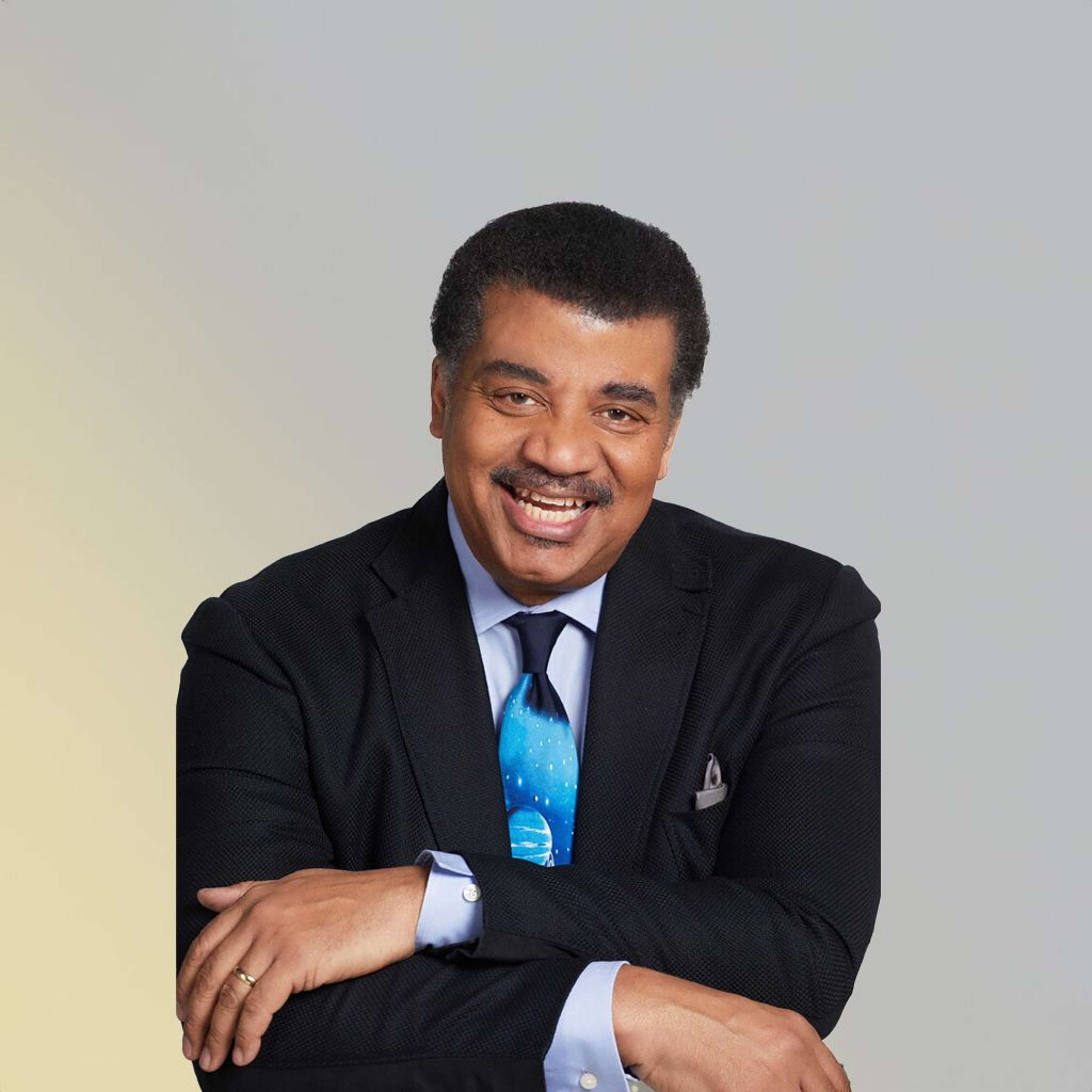
Bridging the Gaps: A Portal for Curious Minds“Welcome to the Universe in 3D: A Visual Tour” with Neil deGrasse TysonAstronomy tells the story of humanity's journey from viewing the sky as a flat, two-dimensional dome to understanding it as a vast, dynamic, and ever-expanding three-dimensional universe. This enduring story has been told through countless books, brought to life in words, and crafted into both prose and poetry. But imagine a book that goes beyond simply telling the tale—a book that invites you to actively engage with it, exploring the depths of the universe as unveiled by the most advanced astronomical research and discoveries of our time.
The book “Welcome to the Universe in 3D: A Visual Tour” invites you on...
2024-12-2839 min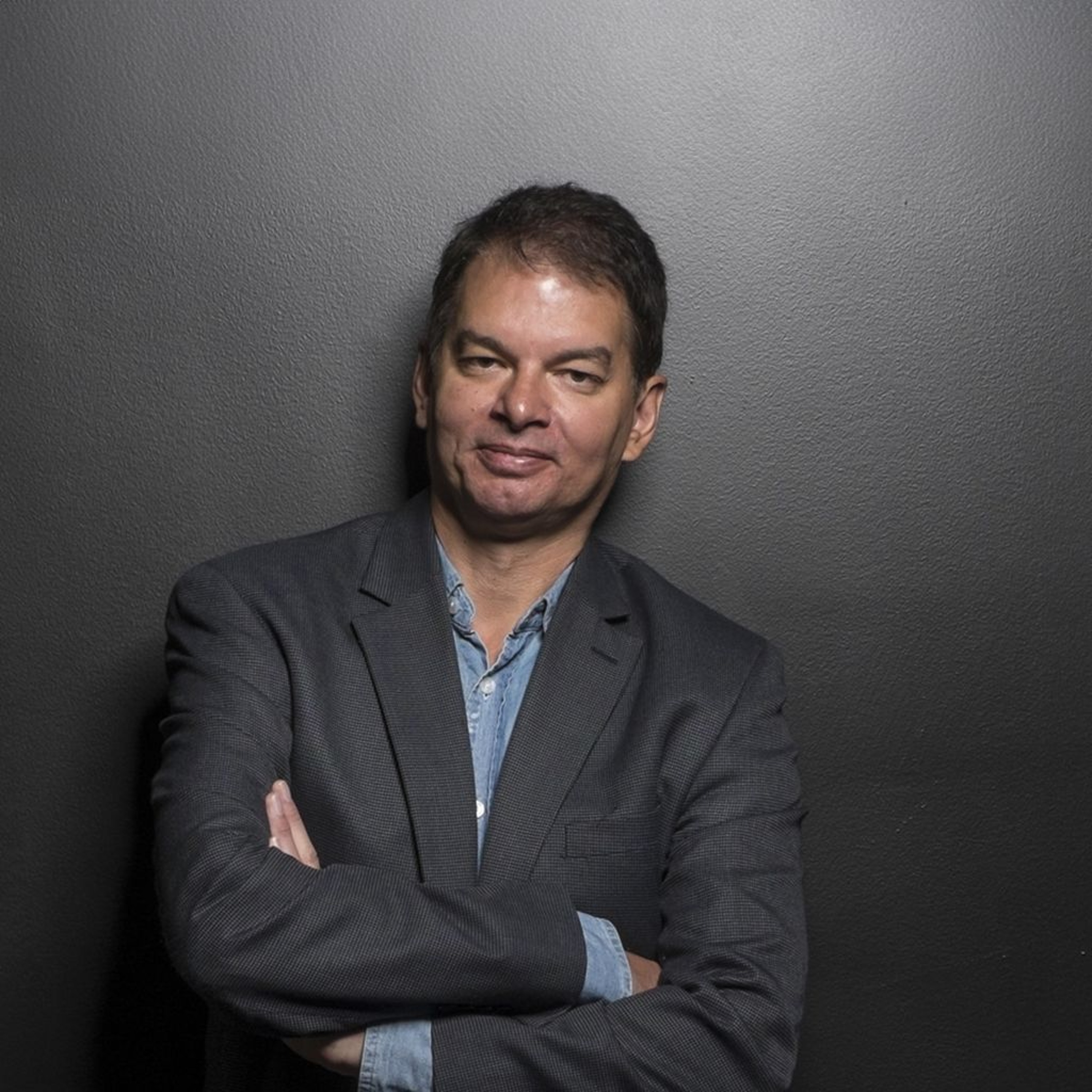
Bridging the Gaps: A Portal for Curious Minds“The Evolution of Biological Information” with Professor Christoph AdamiConsider this thought-provoking statement: “Life is information that maintains itself.” This argument, proposed by Professor Christoph Adami in his book “The Evolution of Biological Information: How Evolution Creates Complexity, from Viruses to Brains” places information at the heart of biological systems. Adami's innovative perspective offers fresh insights into phenomena such as the evolution of drug resistance in viruses, the development of cellular communication, and the emergence of intelligence. By framing information as the unifying principle of biology, this approach provides a systematic way to explore the origin of life—both on Earth and beyond. In this episode of Bridging the Gaps I spe...
2024-12-211h 22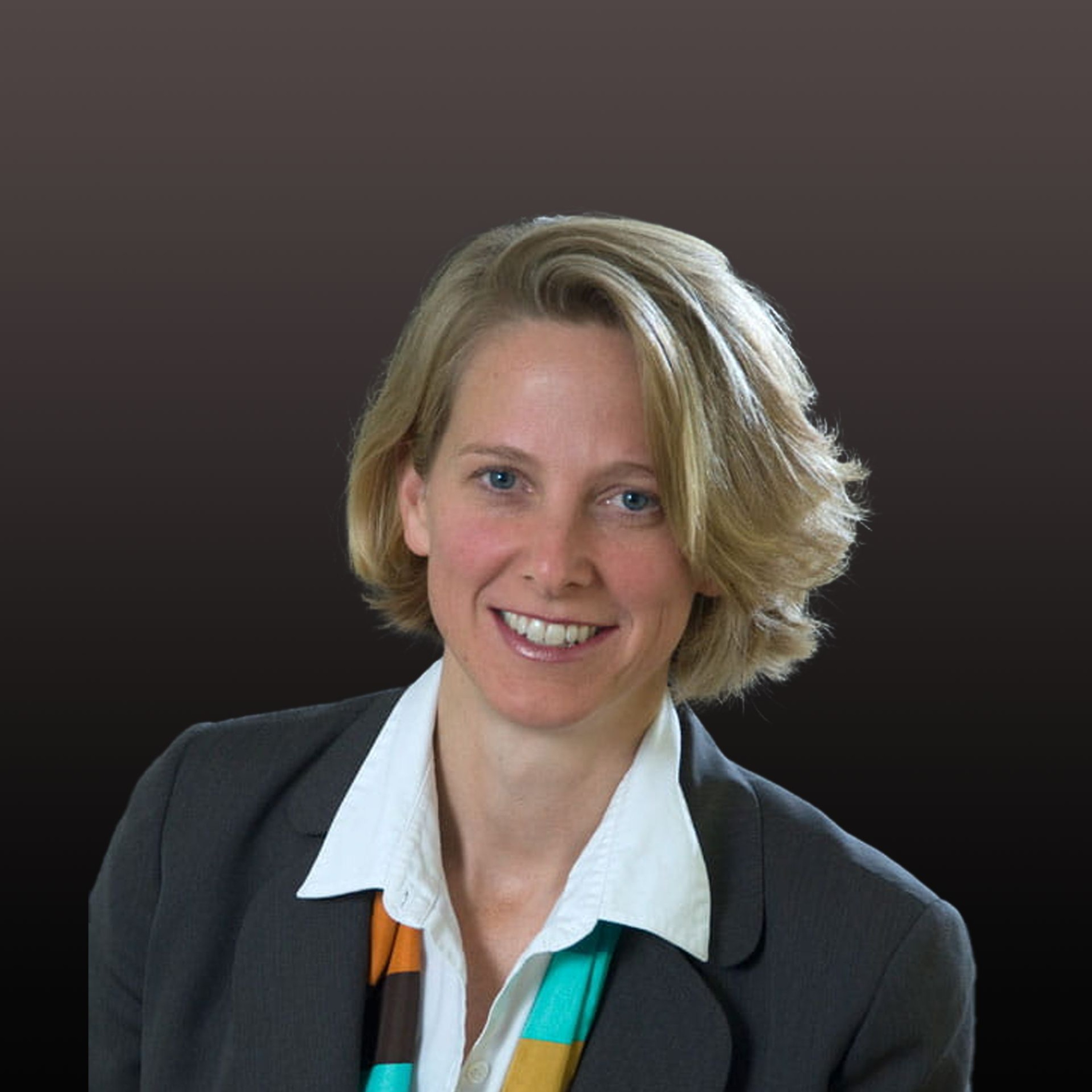
Bridging the Gaps: A Portal for Curious Minds“The Painful Truth about Hunger in America” with Professor Mariana ChiltonHunger is far more than the immediate and tangible experience of not being able to find or buy food. While it is true that hunger is often depicted as the physical sensation of an empty stomach—a condition that can be temporarily alleviated by food—the issue runs much deeper. Hunger is more than the absence of food; it is a manifestation of deeper, societal and structural failings leading to individual and collective trauma. To genuinely combat hunger, we must engage with its underlying causes—economic inequality, systemic discrimination, and societal neglect—and strive to create a compassionate and just society wher...
2024-11-1759 min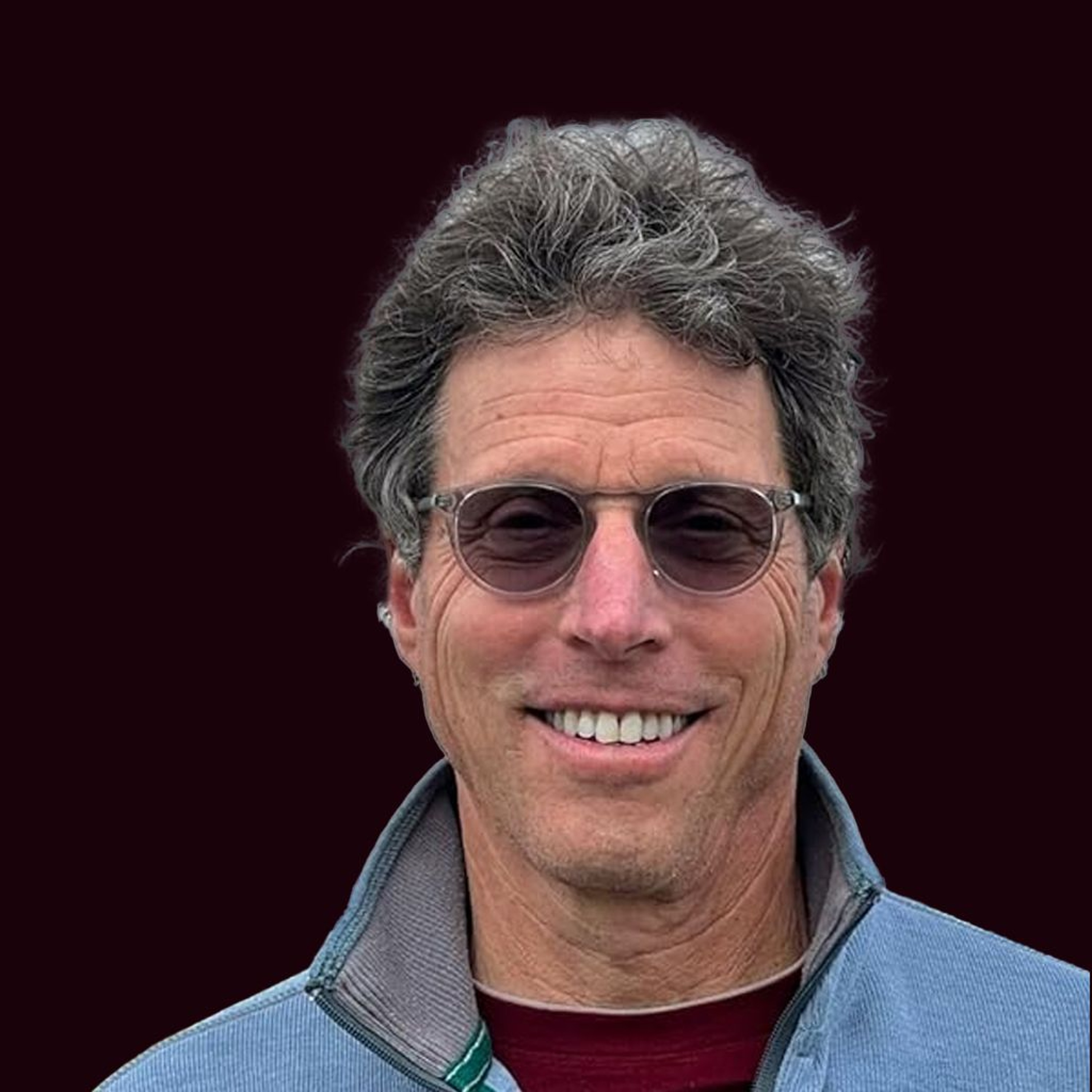
Bridging the Gaps: A Portal for Curious Minds“The Network of Life: A New View of Evolution” with Professor David MindellFor a long time, the prevailing perspective on evolution has been that it follows a vertical pathway, where genetic information is passed down from one generation to the next in a linear fashion, resembling a "tree of life." This classical view suggests that species evolve through a process of divergence from common ancestors, resulting in a branching tree structure that traces the lineage of life over time. In his new book “The Network of Life” Professor David Mindell emphasises the need to update this understanding, and explains that evolution functions more like a distributed, decentralised network. In this framework, there are...
2024-10-191h 01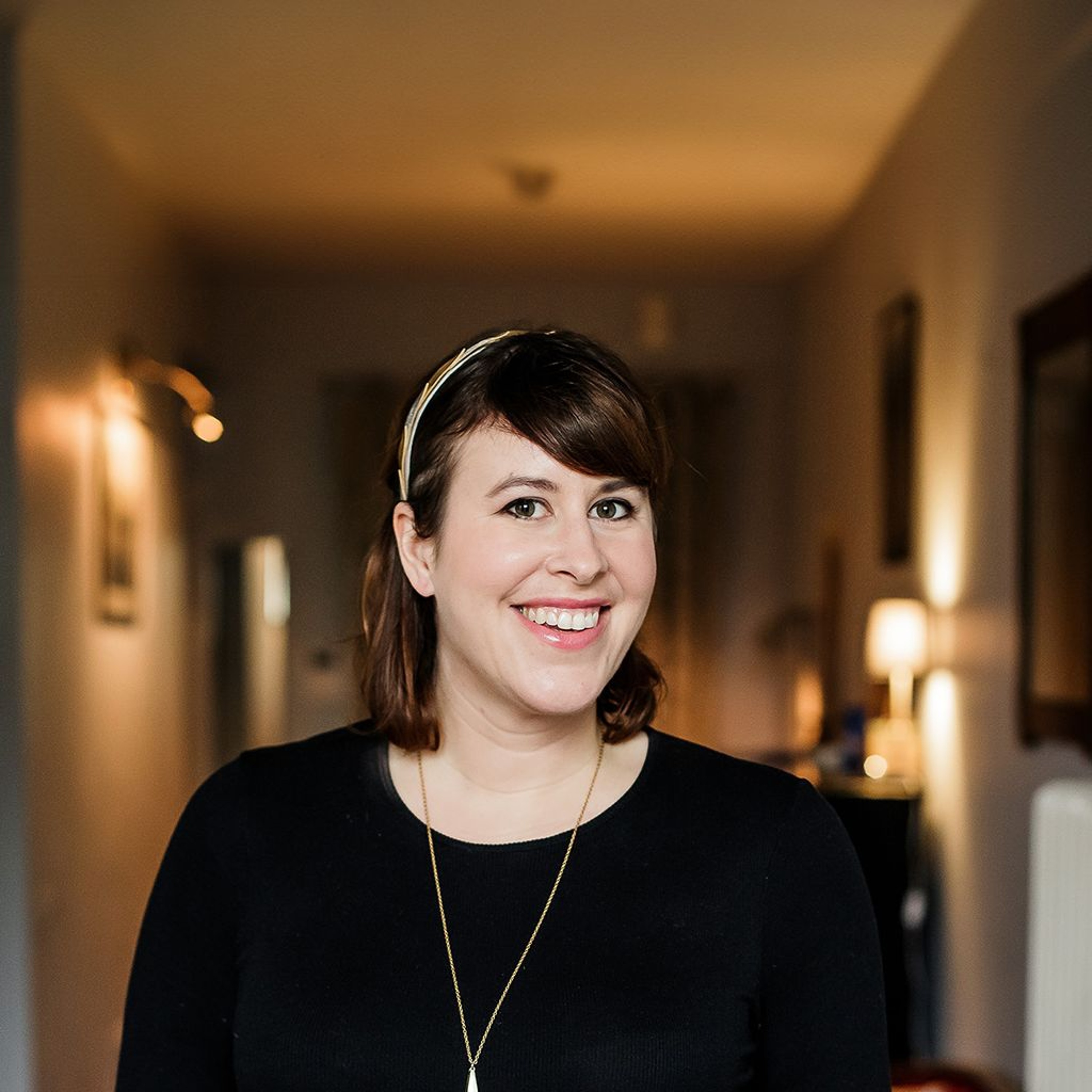
Bridging the Gaps: A Portal for Curious Minds“Middle Tech: Software Work and the Culture of Good Enough” with Professor Paula BialskiContrary to the widespread belief that all technology is sleek, flawless, and cutting-edge, much of it isn’t designed to meet such high standards or be revolutionary. In many environments, the goal isn’t always to create perfect, futuristic products. Instead, the focus is often on functionality—producing tech that is good enough to meet immediate needs without striving for perfection. This mindset contrasts with the image of the tech world as a space of constant innovation, where every new development is expected to disrupt industries and change lives. Instead, in many cases, the aim is to simply keep things runnin...
2024-10-0746 min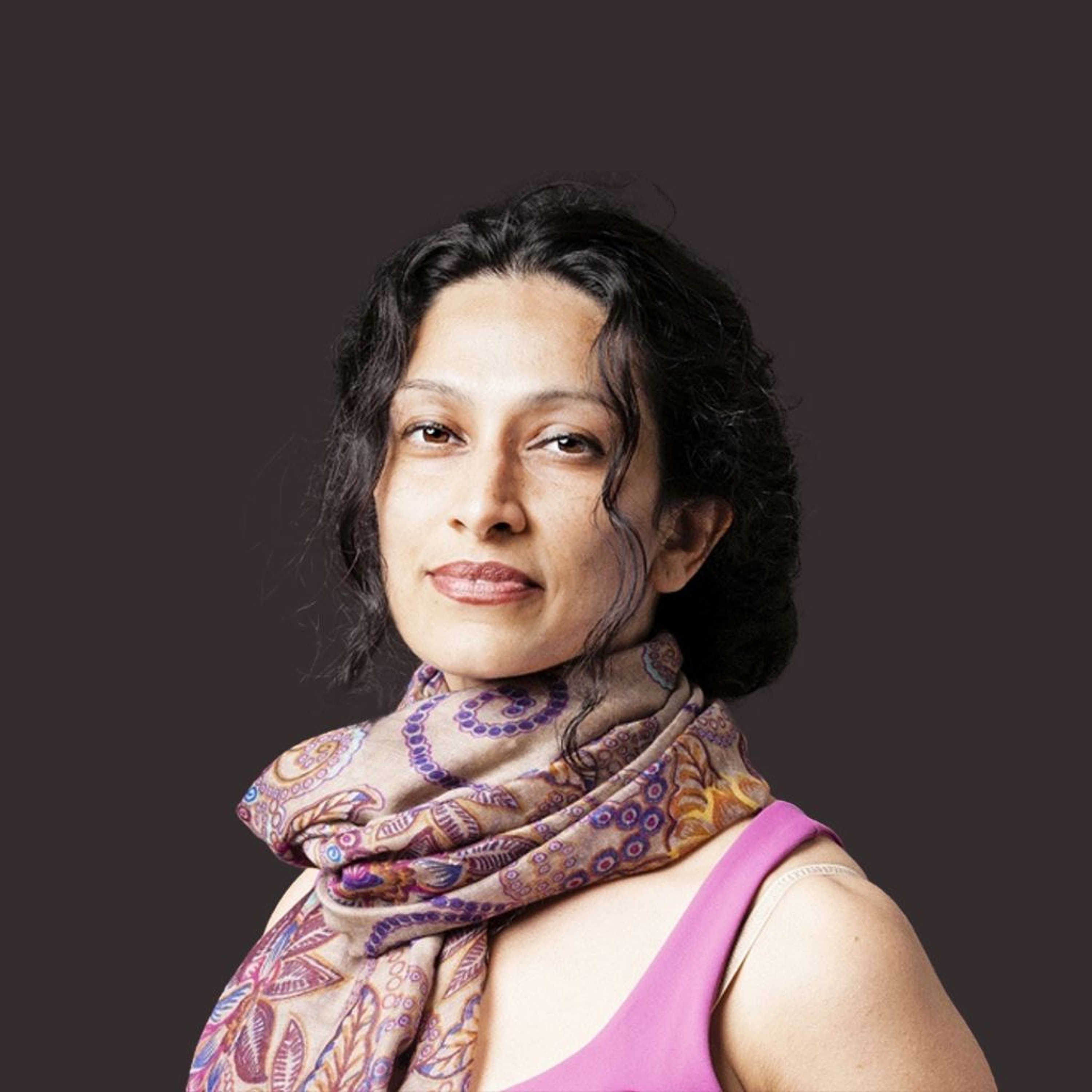
Bridging the Gaps: A Portal for Curious Minds“Lessons from the Global South on Designing Inclusive Tech” with Professor Payal AroraThe news about emerging technologies often sounds alarming as well as discouraging. Headlines talk about how algorithms control and oppress people. There are fears that AI could harm democracy, damage our social connections, or even cause human extinction. While these fears come from real concerns, it’s also important to recognize the good that technology offers. For young people, tech can provide a unique space for self-growth. In her book “From Pessimism to Promise: Lessons from the Global South on Designing Inclusive Tech”, award-winning author professor Payal Arora shares a different perspective, especially outside the Western world, where most young people...
2024-10-0348 min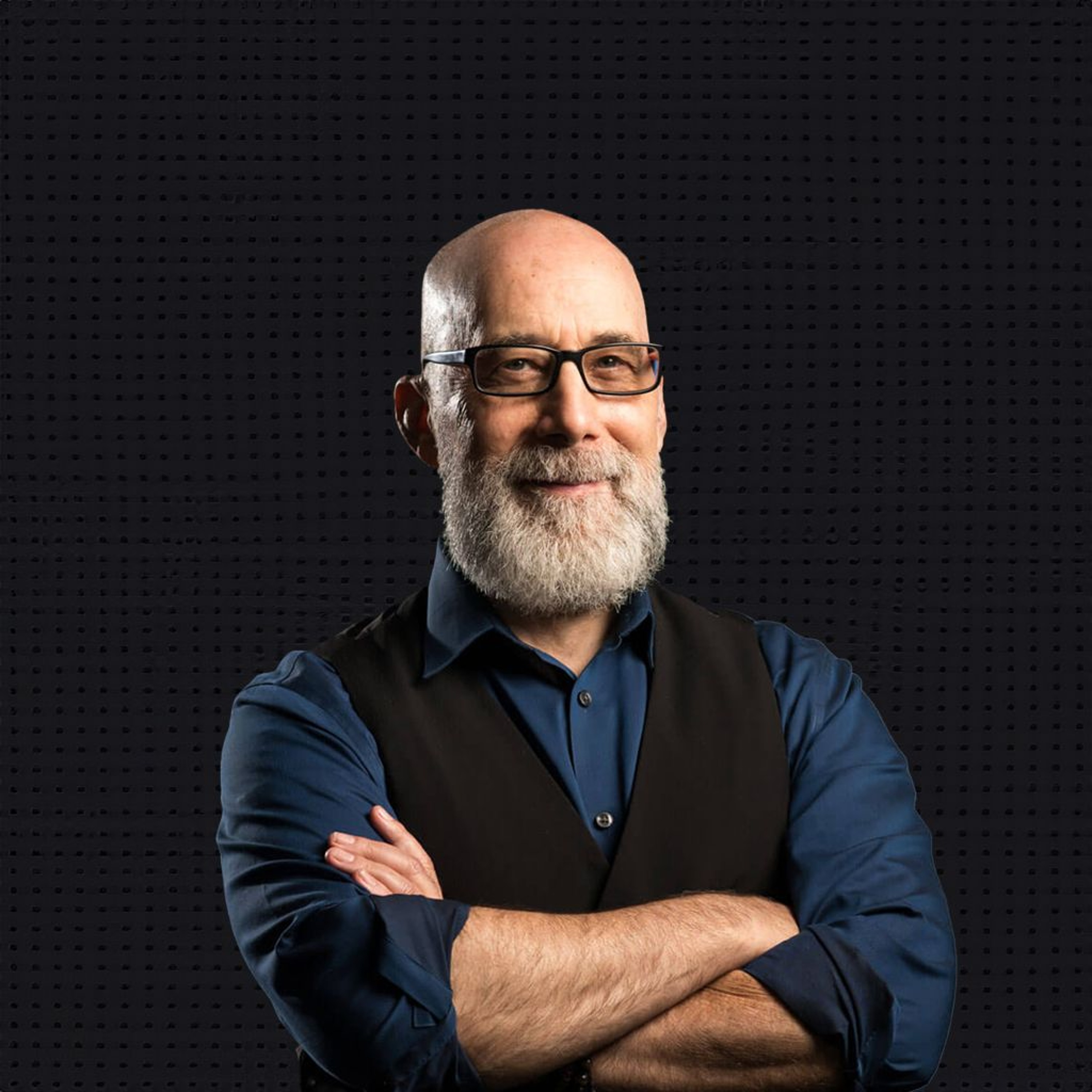
Bridging the Gaps: A Portal for Curious Minds“The Blind Spot: Why Science Cannot Ignore Human Experience” with Professor Adam FrankSince the Enlightenment, humanity has turned to science to answer profound questions about who we are, where we come from, and where we’re headed. However, we've become stuck in the belief that we can fully understand the universe by viewing it from a detached, external perspective. In focusing solely on external physical realities, imagined from this objective standpoint, we overlook the vital role of our own lived experience. This is the "Blind Spot" that astrophysicist Adam Frank, theoretical physicist Marcelo Gleiser, and philosopher Evan Thompson discuss in their book “The Blind Spot: Why Science Cannot Ignore Human Experience”. They identi...
2024-09-2243 min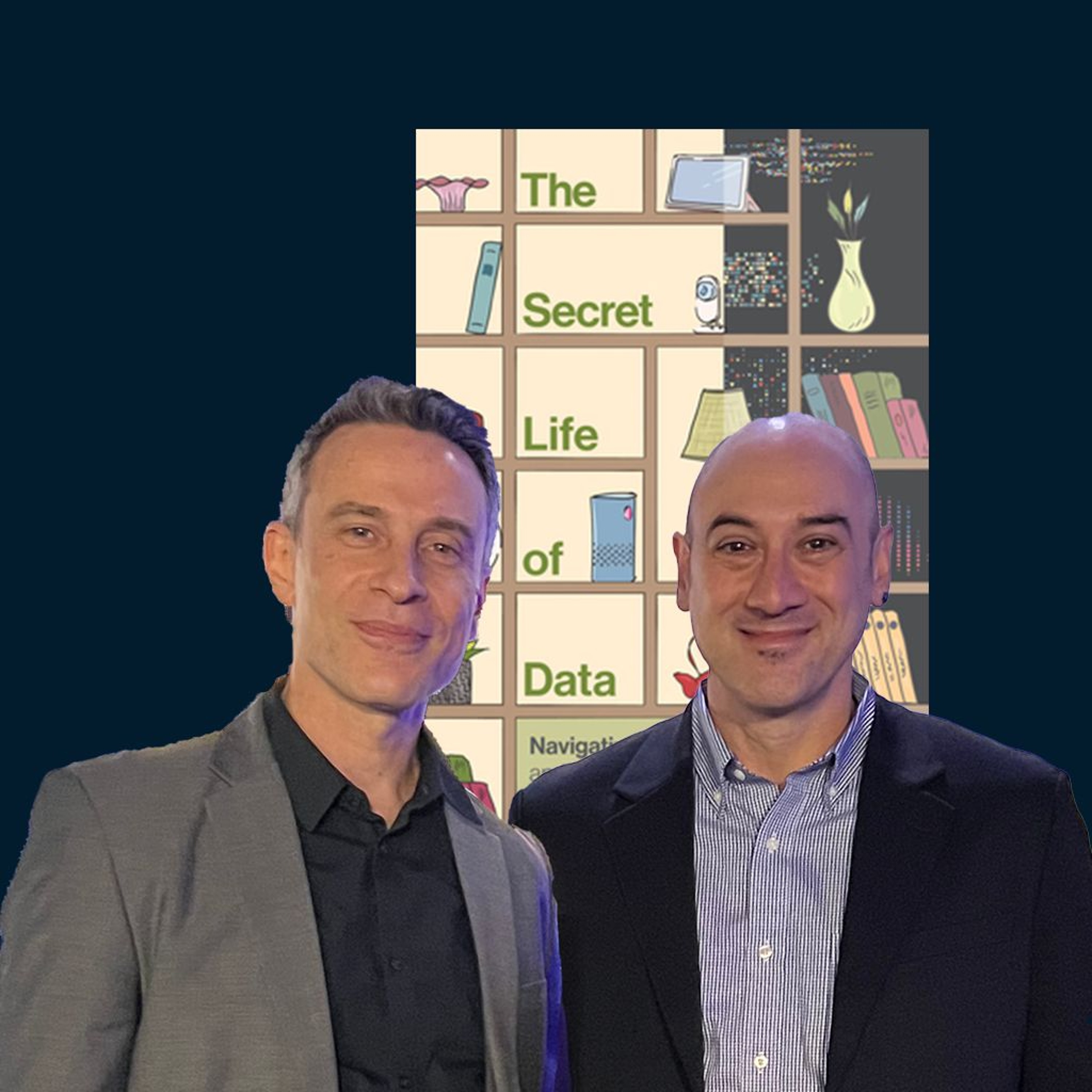
Bridging the Gaps: A Portal for Curious Minds“The Secret Life of Data: Navigating Hype and Uncertainty” with Aram Sinnreich and Jesse GilbertAs fresh algorithms and new analytical methods emerge, existing datasets can uncover insights beyond their original purpose. Regardless of their intended use, data often possess hidden potentials and always have a “secret life”. “How this data will be used, by other people in other times and places, has profound implications for every aspect of our lives—from our intimate relationships to our professional lives to our political systems”, argue Professor Aram Sinnreich and Jesse Gilbert in their new book “The Secret Life of Data: Navigating Hype and Uncertainty in the Age of Algorithmic Surveillance”. This phenomenon raises various moral, ethical, and legal ques...
2024-05-201h 07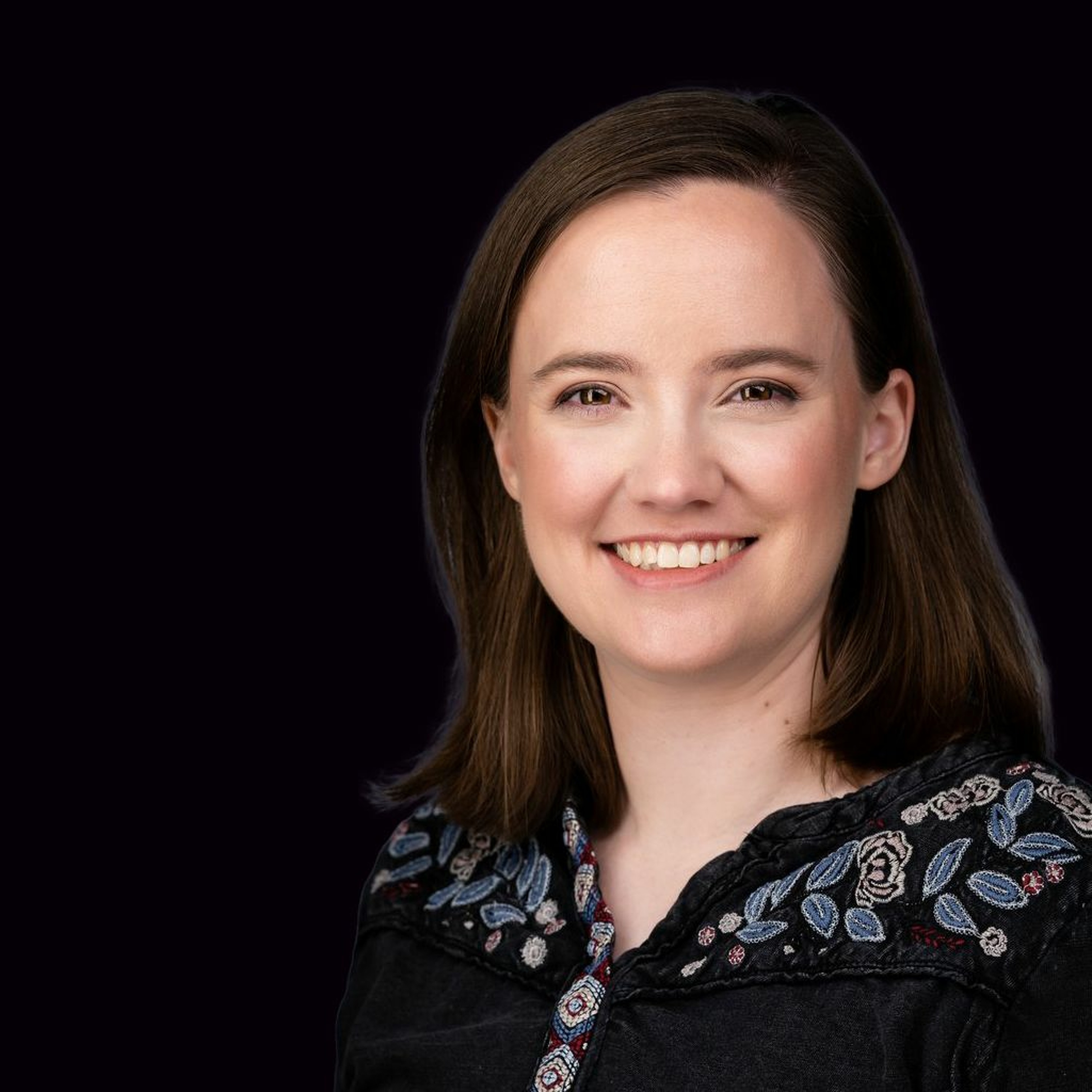
Bridging the Gaps: A Portal for Curious Minds“Off-Earth: Ethical Questions and Quandaries for Living in Outer Space” with Dr Erika NesvoldAs humanity sets its sights on venturing beyond the confines of Earth, it is immensely important to acknowledge that the journey to space is not merely a technological feat, but a profoundly human endeavour. From pinpointing destinations to preparing flight plans, from developing generational ships to designing habitats, from selecting teams to establishing communities, there is a crucial element that must not be overlooked: the human dimension. From fostering a sense of community and shared purpose among spacefarers to grappling with the enforcement of laws and the establishment of governance structures in extraterrestrial settlements, addressing these aspects is essential for...
2024-04-2948 min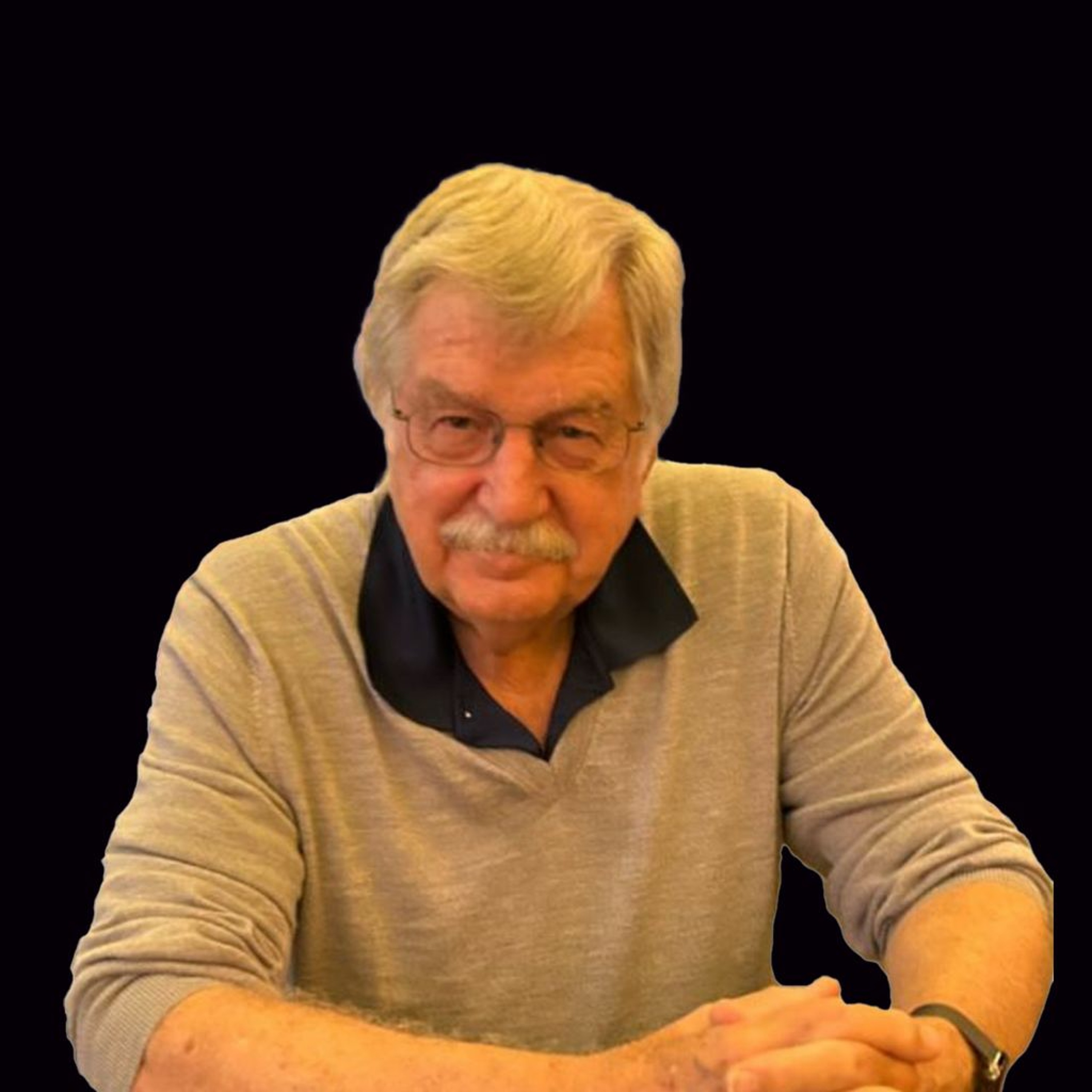
Bridging the Gaps: A Portal for Curious Minds“Evolutionary Intelligence: How Technology Will Make Us Smarter” with Professor W. Russell NeumanArtificial intelligence (AI) has emerged as one of the most remarkable advancements of our time. It is a powerful evolving technology that has transformed the way we interact with machines and perceive the capabilities of computer systems. However, with this newfound power comes a natural apprehension. There is a noticeable fear surrounding the unintentional consequences and unintended implications of Artificial Intelligence. As this technology becomes increasingly integrated into our daily lives, the question is: how justified are our fears and just how tangible, and how real is the threat posed by this revolutionary technology? Perhaps, the underlying cause of these...
2024-03-3142 min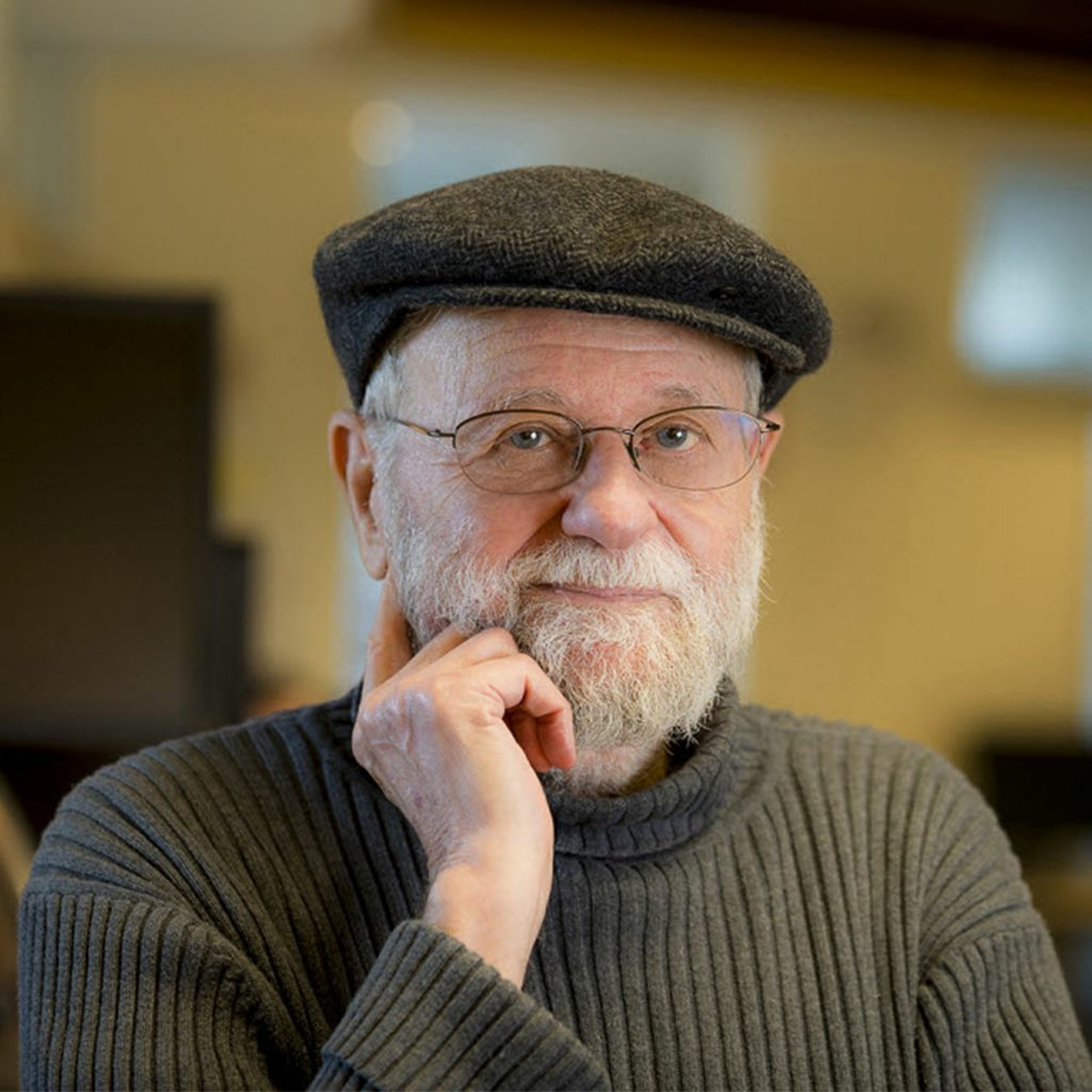
Bridging the Gaps: A Portal for Curious Minds“Design for a Better World: Meaningful, Sustainable, Humanity Centered” with Professor Don NormanHas human behaviour pushed our world to the edge, especially the mistaken belief that the earth’s resources are infinite? And can a shift in human behaviour rescue us? The challenges we face, from collapsing social structures to the climate crisis, have been centuries in the making. It is immensely critical that we take immediate and decisive actions; we must transform ourselves to improve our circumstances. In his new book “Design for a Better World: Meaningful, Sustainable, Humanity Centered” Don Norman offers an insightful analysis of our missteps and provides a clear remedy for making things better. The book suggests that t...
2024-03-061h 00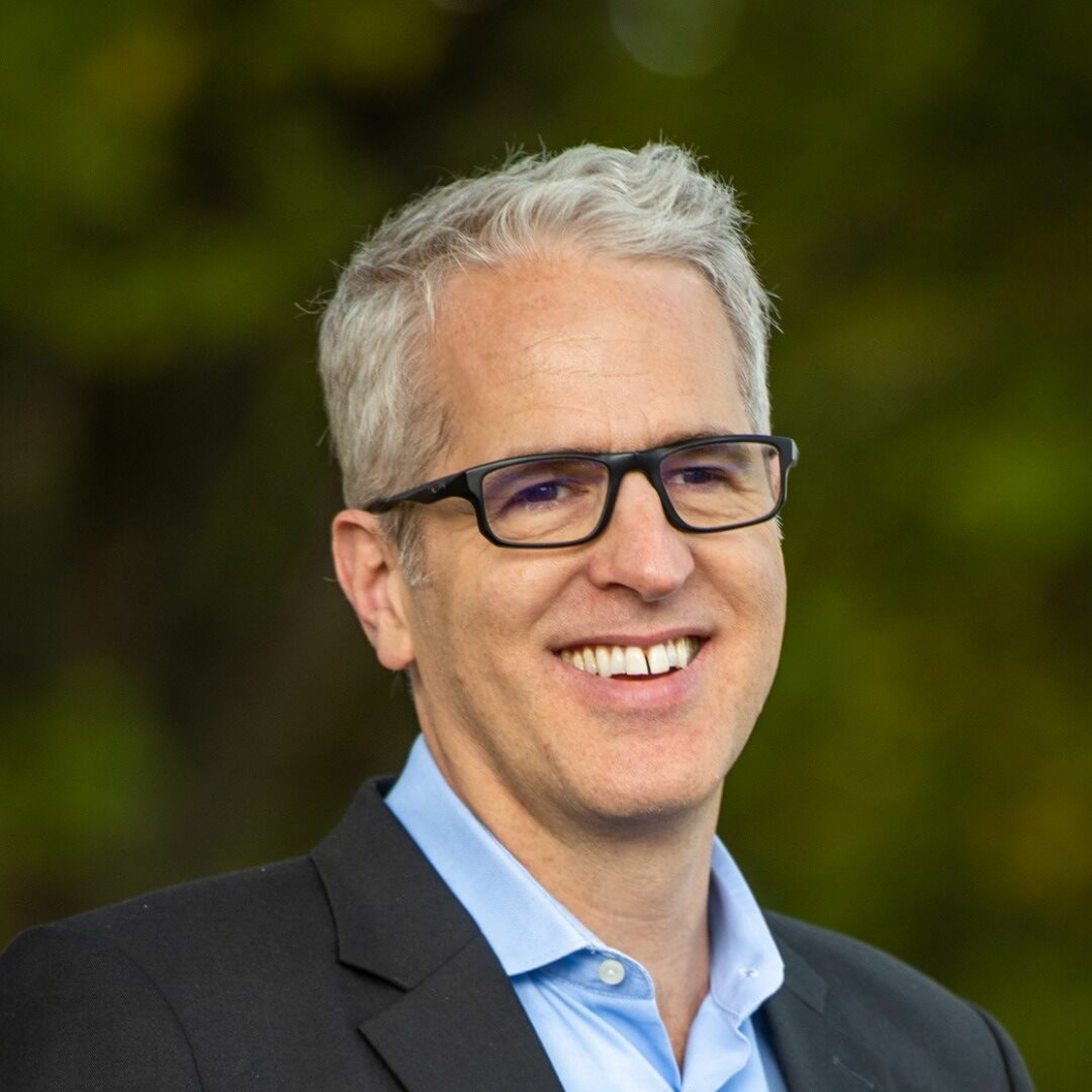
Bridging the Gaps: A Portal for Curious Minds“The AI Playbook: Mastering the Rare Art of Machine Learning Deployment” with Eric SiegelThe most powerful tool often comes with the greatest challenges. In recent times Machine learning has emerged as the world's leading general-purpose technology, yet its implementation remains notably complex. Beyond the realm of Big Tech and a select few leading enterprises, many machine learning initiatives don’t succeed, failing to deliver on their potential. What's lacking? A specialised business approach and development & deployment strategy tailored for widespread adoption. In his recent book “The AI Playbook: Mastering the Rare Art of Machine Learning Deployment” acclaimed author Eric Siegel introduces a comprehensive six-step methodology for guiding machine learning projects from inception to implem...
2024-02-1145 min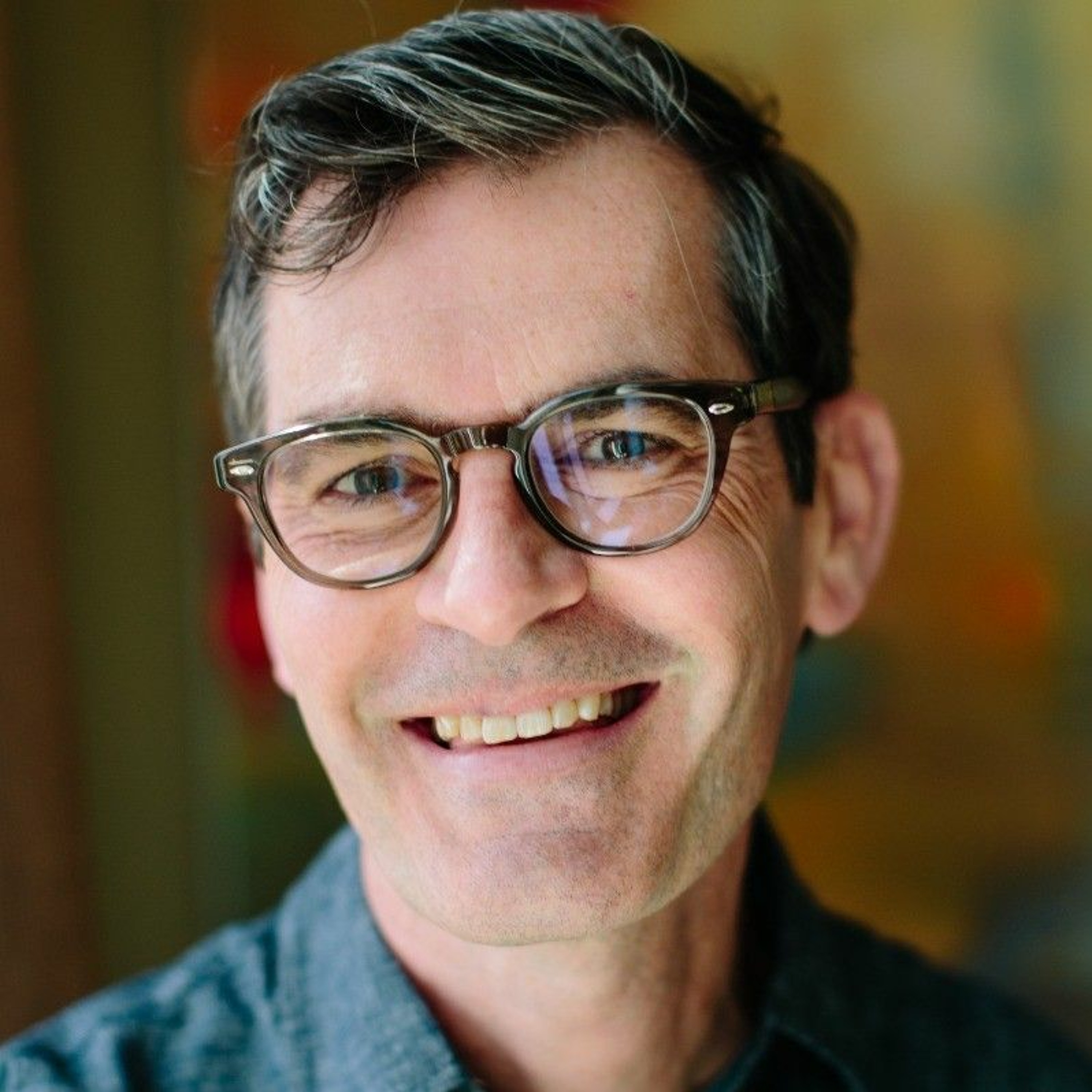
Bridging the Gaps: A Portal for Curious Minds“Sharing Our Science: How to Write and Speak STEM” with Professor Brandon BrownScience communication plays an important role in bridging the gap between researchers and the general public, fostering understanding, engagement, and appreciation for scientific explorations and advancements. In an era where science and technology shape every aspect of our lives, effective communication of research findings is more critical than ever. This is also a time where there are conflicting views about scientific work and polarizations in societies. This makes effective science communication even more important not only to ensure that scientific knowledge is accessible to all, but also to empower individuals to make informed decisions, influences policy-making, and fosters trust in...
2024-02-0759 min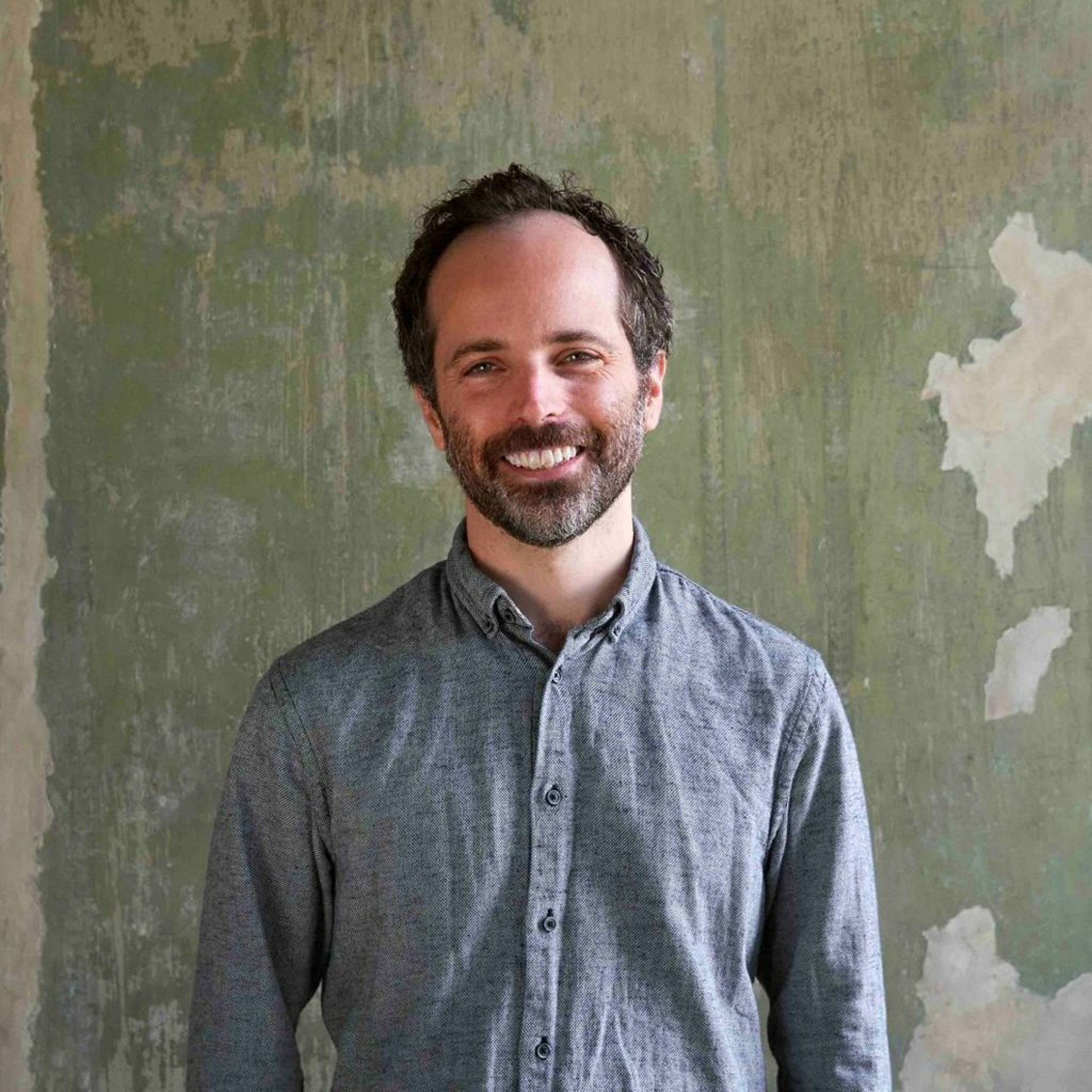
Bridging the Gaps: A Portal for Curious Minds“The Good-Enough Life” with Dr Avram AlpertWe live in a society driven by a relentless pursuit of greatness, where we are constantly pushed to attain the highest levels of wealth, power, and fame. This relentless fixation on greatness leads to stress and anxiety, strains our interpersonal connections, fosters extensive political and economic disparities, and contributes to the deterioration of our natural environment. In his book “The Good-Enough Life” author and educator Avram Alpert explores the idea of whether embracing our limitations could pave the way to a more satisfying existence and a more harmonious society. He explains why the relentless pursuit of competition within our social stru...
2023-09-0257 min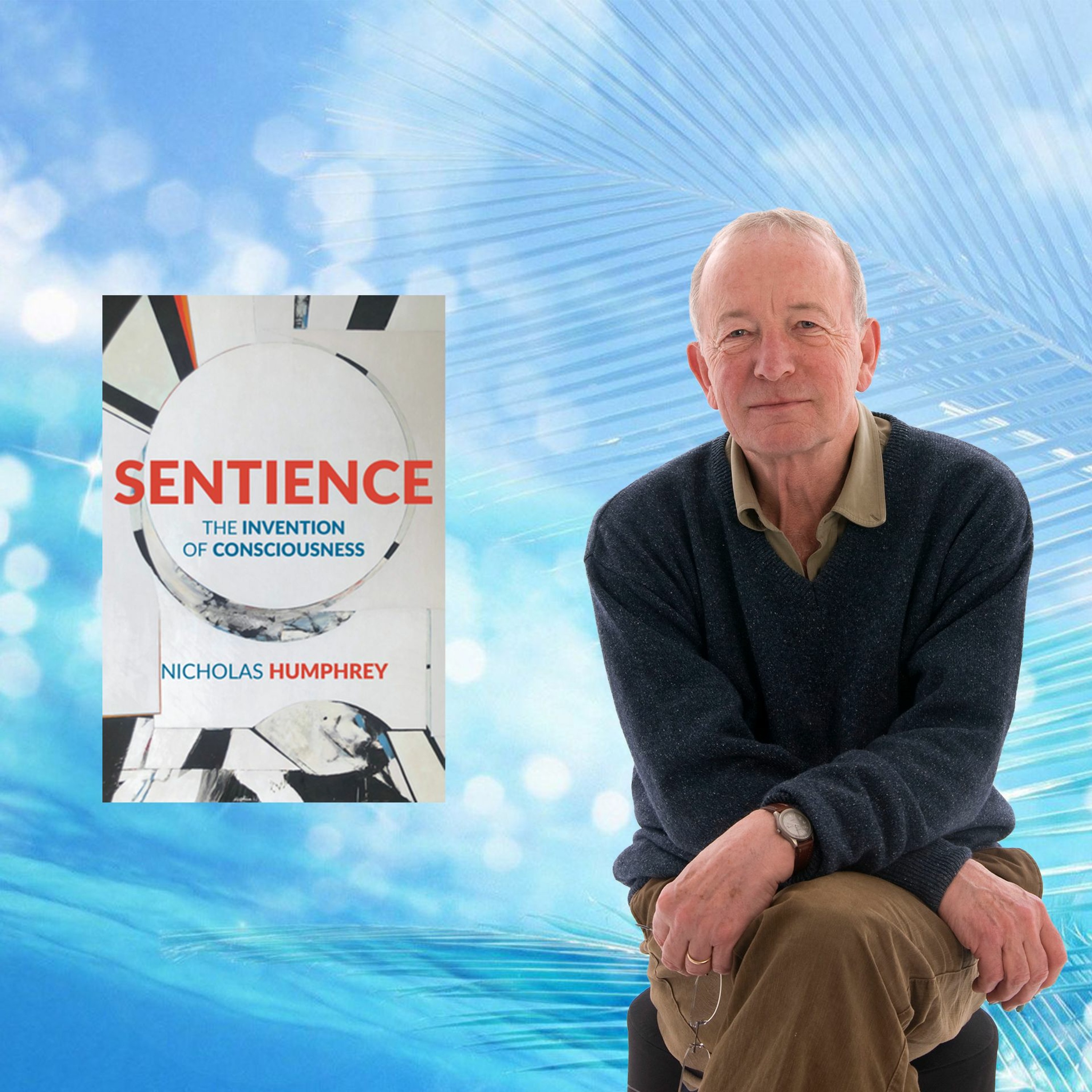
Bridging the Gaps: A Portal for Curious Minds“Sentience: The Invention of Consciousness” with Professor Nicholas HumphreyWe experience, thus we exist. Our conscious perceptions form the foundation of our self-awareness. They play a vital role in shaping our understanding of ourselves as sentient beings: present, alive, and significant. However, what is the origin of consciousness, and how does the process of experiencing sensations and developing a sense of awareness contribute to its emergence? Is this capacity limited solely to humans? Do other animals share this ability? And what about the potential for future machines?
In his book “Sentience: The Invention of Consciousness” neuropsychologist Professor Nicholas Humphrey uncovers the evolutionary history of consciousness and argues that consciousness evol...
2023-07-151h 09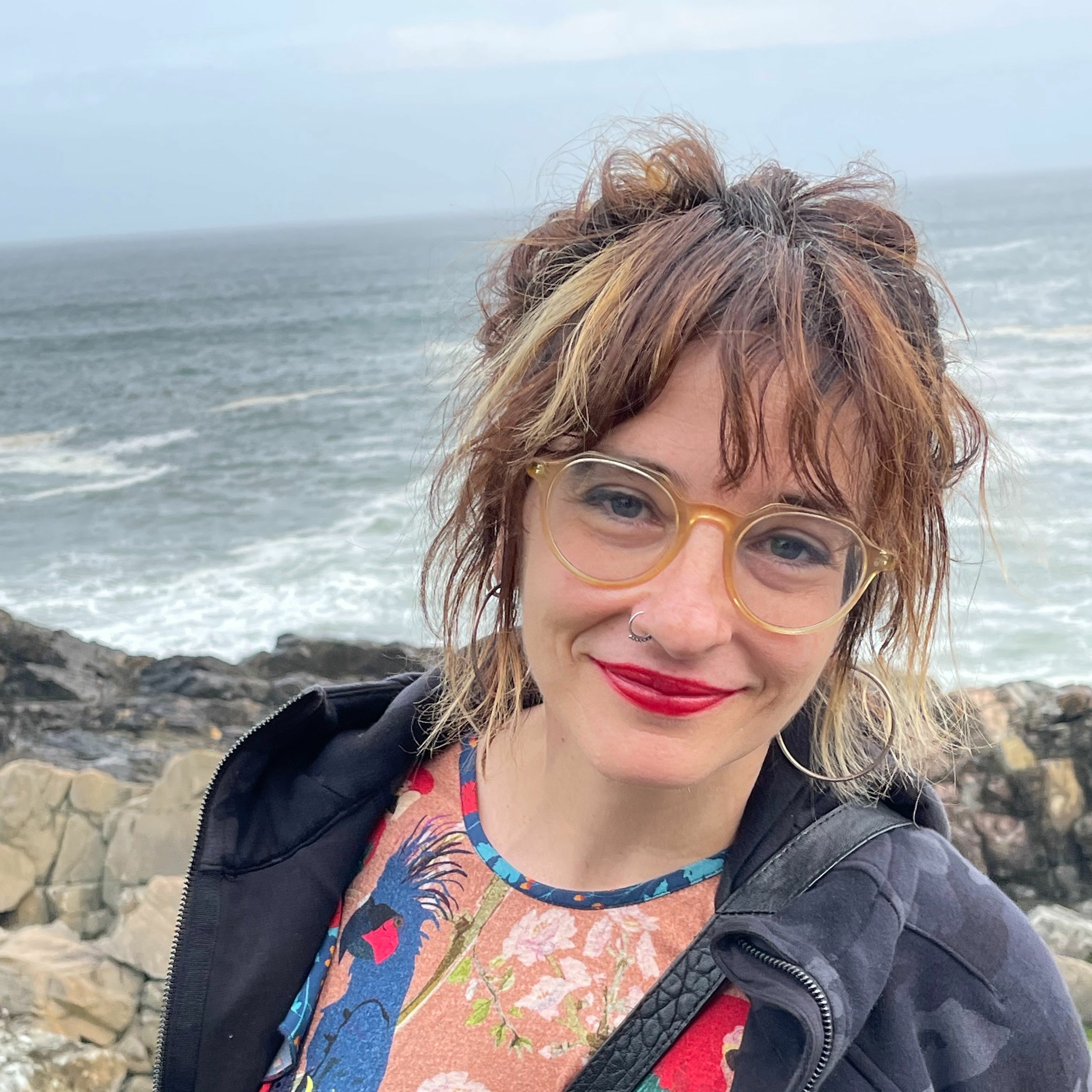
Bridging the Gaps: A Portal for Curious Minds“The Smartness Mandate” with Professor Orit HalpernSmartness has permeated our lives in the form of smartphones, smart cars, smart homes, and smart cities. It has become a mandate, a pervasive force that governs politics, economics, and the environment. As our world faces increasingly complex challenges, the drive for ubiquitous computing raises important questions. What exactly is this 'smartness mandate'? How did it emerge, and what does it reveal about our evolving understanding and management of reality? How did we come to view the planet and its inhabitants primarily as instruments for data collection?
In the book 'The Smartness Mandate,' co-authored by Professor Orit Halpern, the...
2023-06-0756 min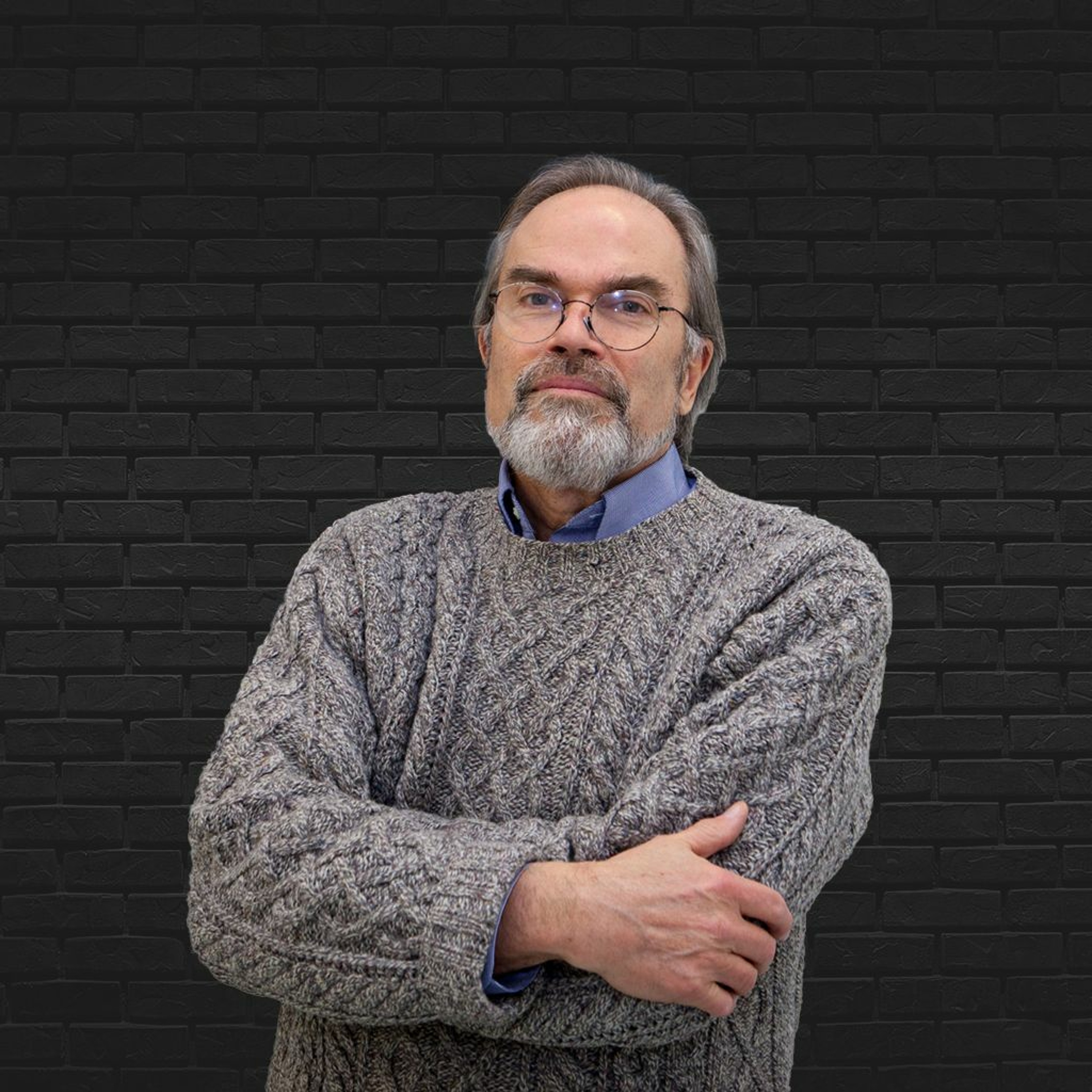
Bridging the Gaps: A Portal for Curious Minds“Ending Epidemics: A History of Escape from Contagion” with Richard ConniffIt is difficult to imagine a not-so-distant past when deadly diseases were a routine part of life. Even more astonishing is the fact that during that time, prevailing medical beliefs attributed these diseases to harmful miasmas, bodily humors, and divine dyspepsia. However, a groundbreaking revelation occurred with the discovery of the world of microorganisms, which led to the understanding that these tiny organisms might be responsible for transmitting and spreading diseases. These pivotal discoveries and understandings paved the way for numerous measures and techniques to prevent the transmission of infectious diseases.
The history of epidemics and humanity's progress in combating...
2023-05-2856 min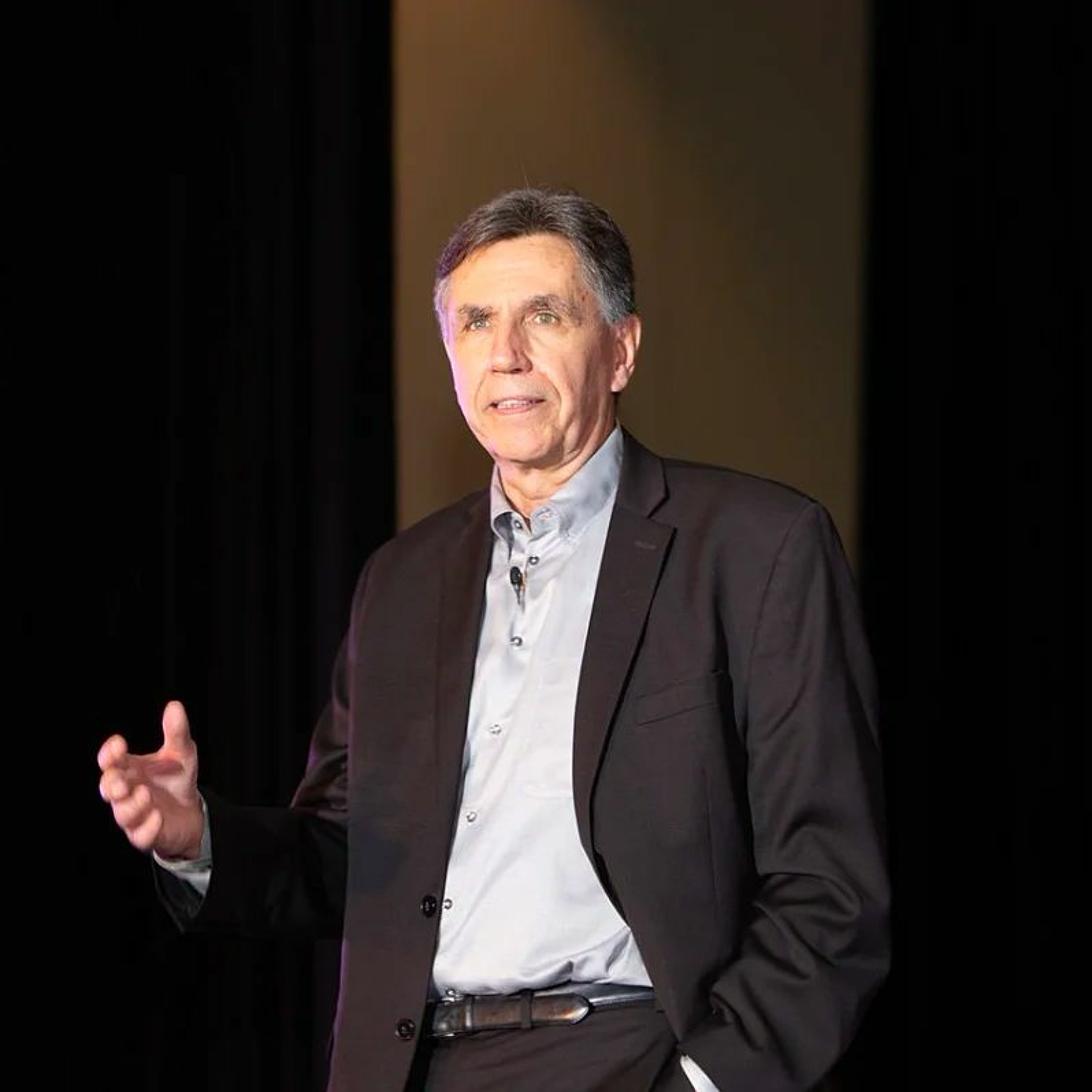
Bridging the Gaps: A Portal for Curious Minds“Kendall Square and the Making of a Global Innovation Hub” with Robert BuderiKendall Square, situated in Cambridge, Massachusetts, has earned the reputation of being "the most innovative square mile on the planet." It serves as a vibrant epicentre for life sciences, housing renowned companies such as Biogen, Moderna, Pfizer, Takeda, and many others. Additionally, it stands as a prominent hub for technology, with giants like Google, Microsoft, IBM, Amazon, Facebook, and Apple occupying substantial portions of valuable office space within its bounds. The square is also home to a thriving community of startups, with convenient proximity to leading venture capital firms. Moreover, its proximity to Massachusetts Institute of Technology (MIT) further enhances...
2023-05-2059 min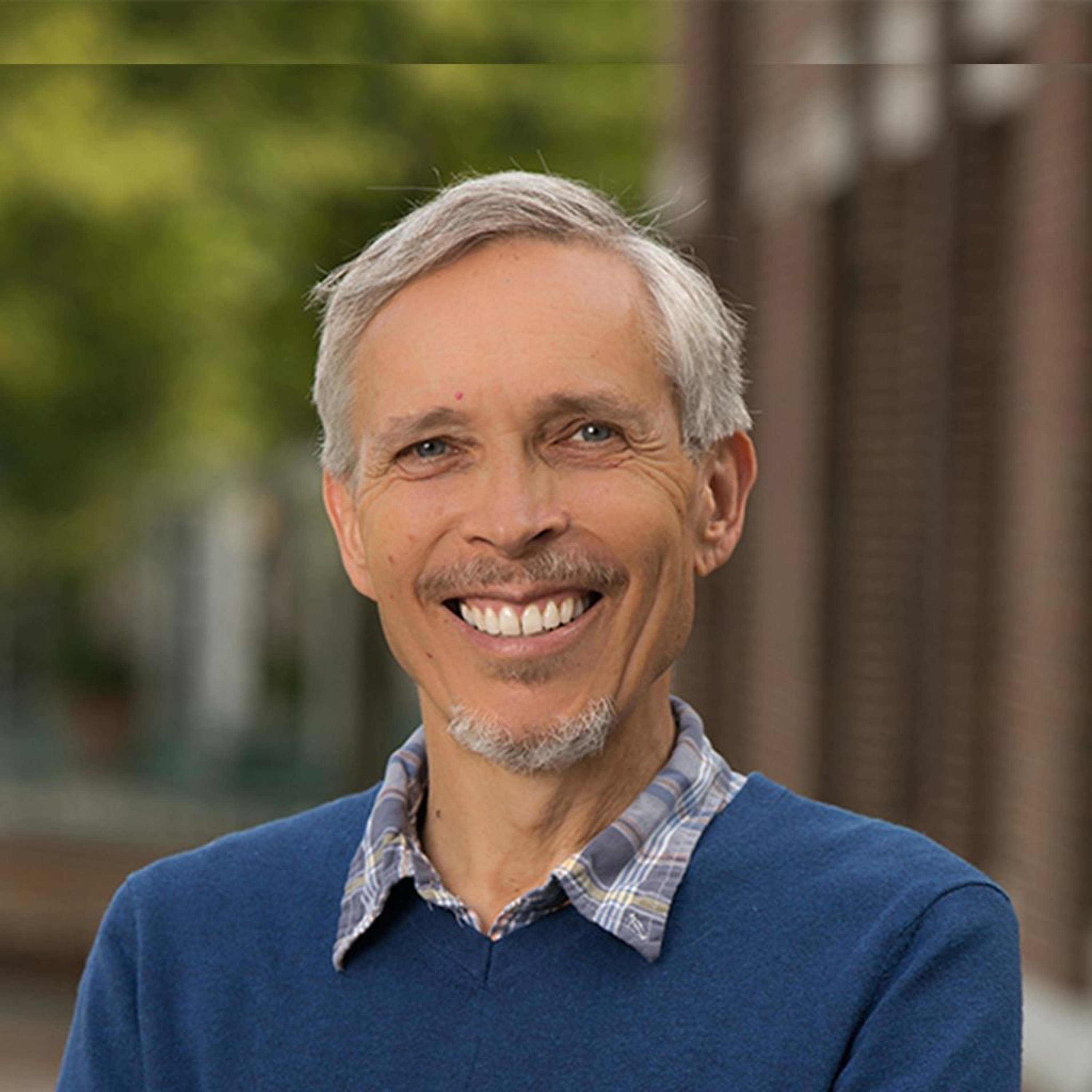
Bridging the Gaps: A Portal for Curious Minds“Worlds Without End: Exoplanets, Habitability, and the Future of Humanity” with Prof. Chris ImpeyWhen considering the long-term survival and sustainability of human civilization, two developments hold significant implications. Firstly, humanity has been recklessly depleting resources, causing species extinctions, and degrading essential elements for life on Earth for centuries. Secondly, advancements in the science of discovering habitable planets outside our solar system have opened up the possibility of establishing human civilization beyond our increasingly inhospitable planetary home. In his latest book, "Worlds Without End: Exoplanets, Habitability, and the Future of Humanity," Professor Chris Impey takes readers on a thrilling journey through the frontiers of astronomy and the search for planets that can potentially support...
2023-04-1642 min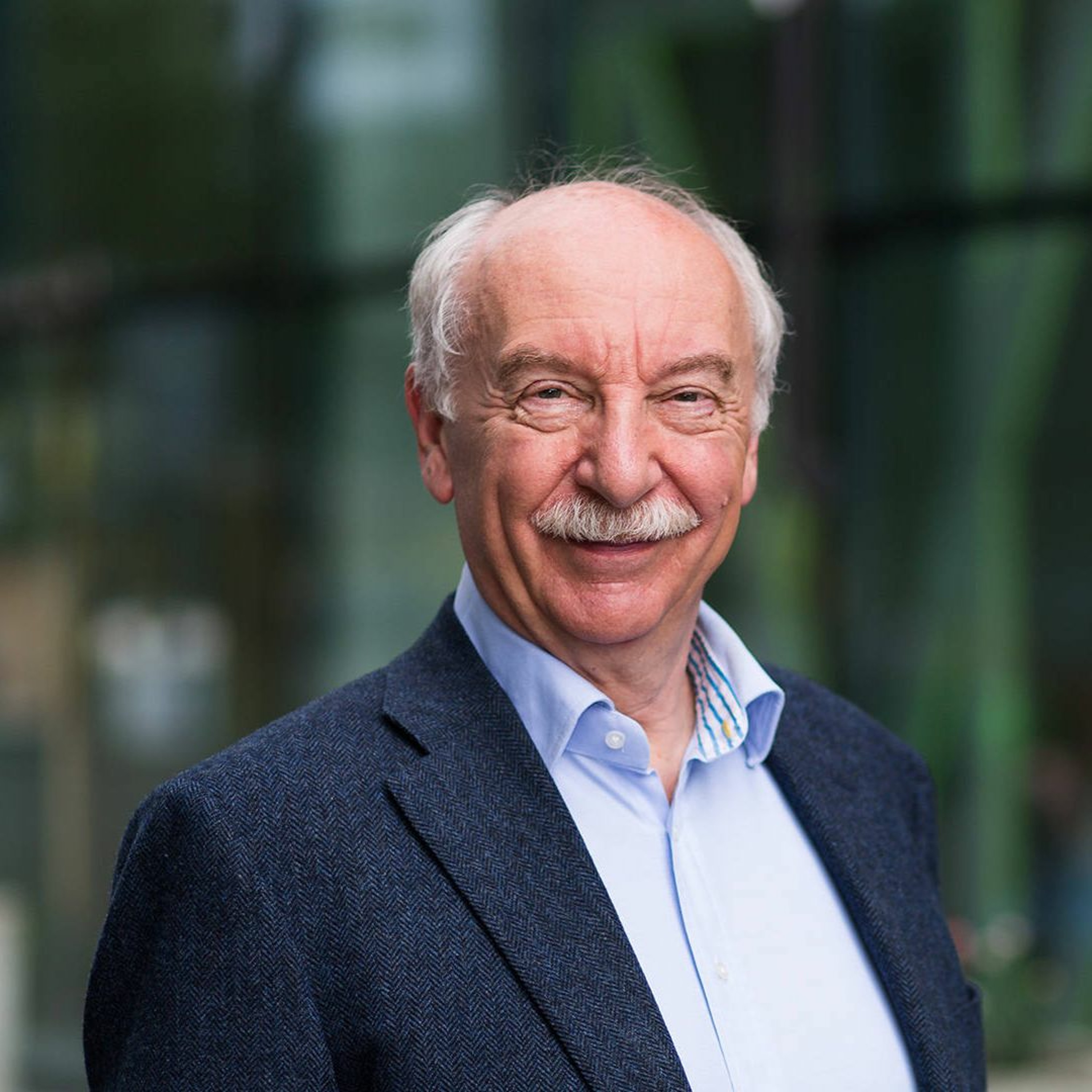
Bridging the Gaps: A Portal for Curious MindsReclaiming Human Intelligence and “How to Stay Smart in a Smart World” with Prof. Gerd GigerenzerThe future of technology is a subject of debate among experts. Some predict a bleak future where robots become dominant, leaving humans behind. Others, known as tech industry boosters, believe that replacing humans with software can lead to a better world. Critics of the tech industry express concern about the negative consequences of surveillance capitalism. Despite these differences, there is a shared belief that machines will eventually surpass humans in most areas. In his recent book "How to Stay Smart in a Smart World: Why Human Intelligence Still Beats Algorithms" professor Gerd Gigerenzer argues against this notion and offers insights...
2023-04-011h 07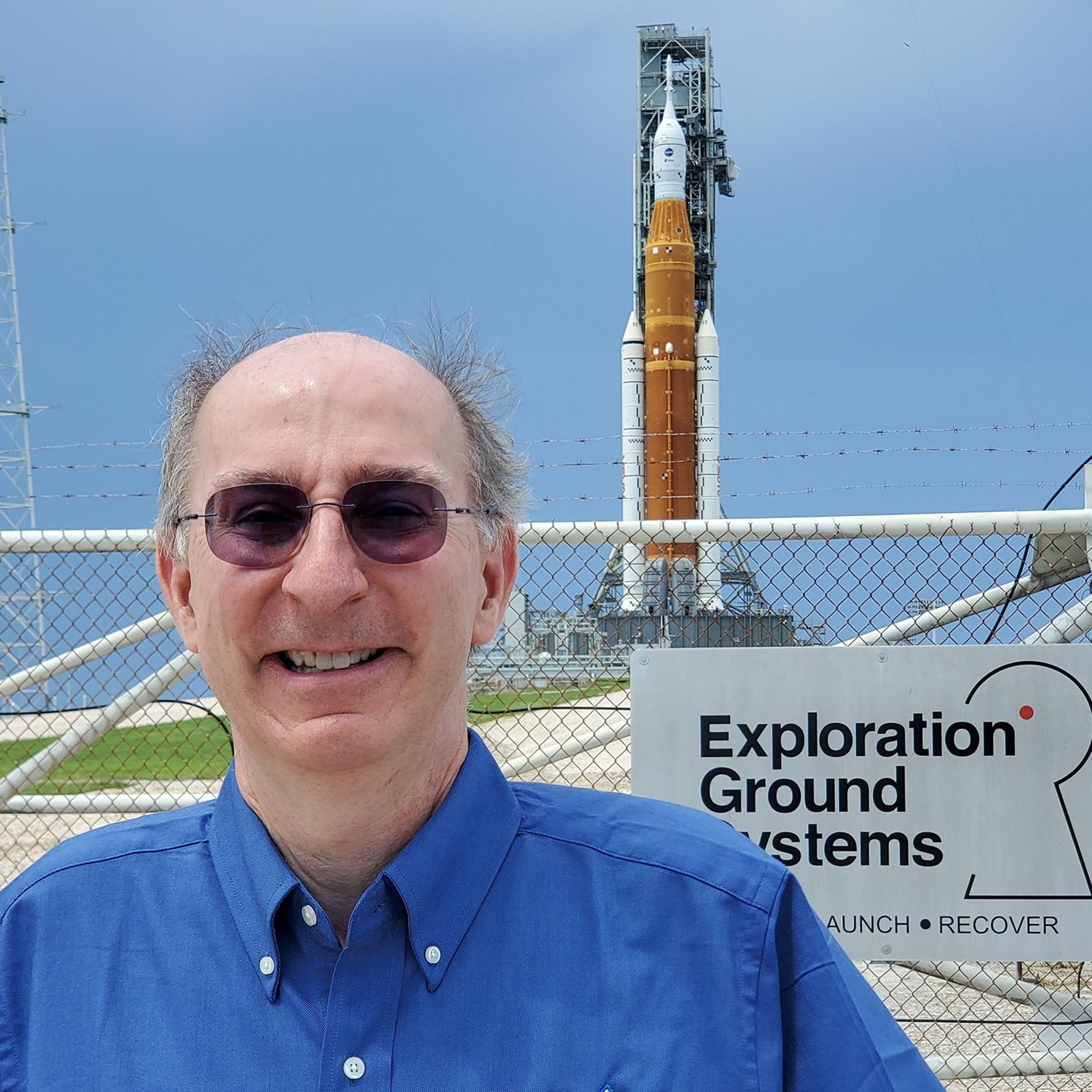
Bridging the Gaps: A Portal for Curious Minds“A Traveller’s Guide to the Stars” with Physicist, Author and Nasa Technologist Les JohnsonThe ancient ambition of exploring the cosmos and possibly even inhabiting other planets may one day come true, as we discover more and more exoplanets and intend to develop innovative propulsion techniques suitable for interstellar travel. Projects like 100 Year Starship and Breakthrough Starshot enable us to study the challenges involved with a view to develop solutions, furthering the idea of interstellar travel. In his new book “A Traveller’s Guide to the Stars” physicist and Nasa Technologist Les Johnson takes the readers on an exciting journey through the science and innovations that could help us get to the stars.The book g...
2023-03-1356 min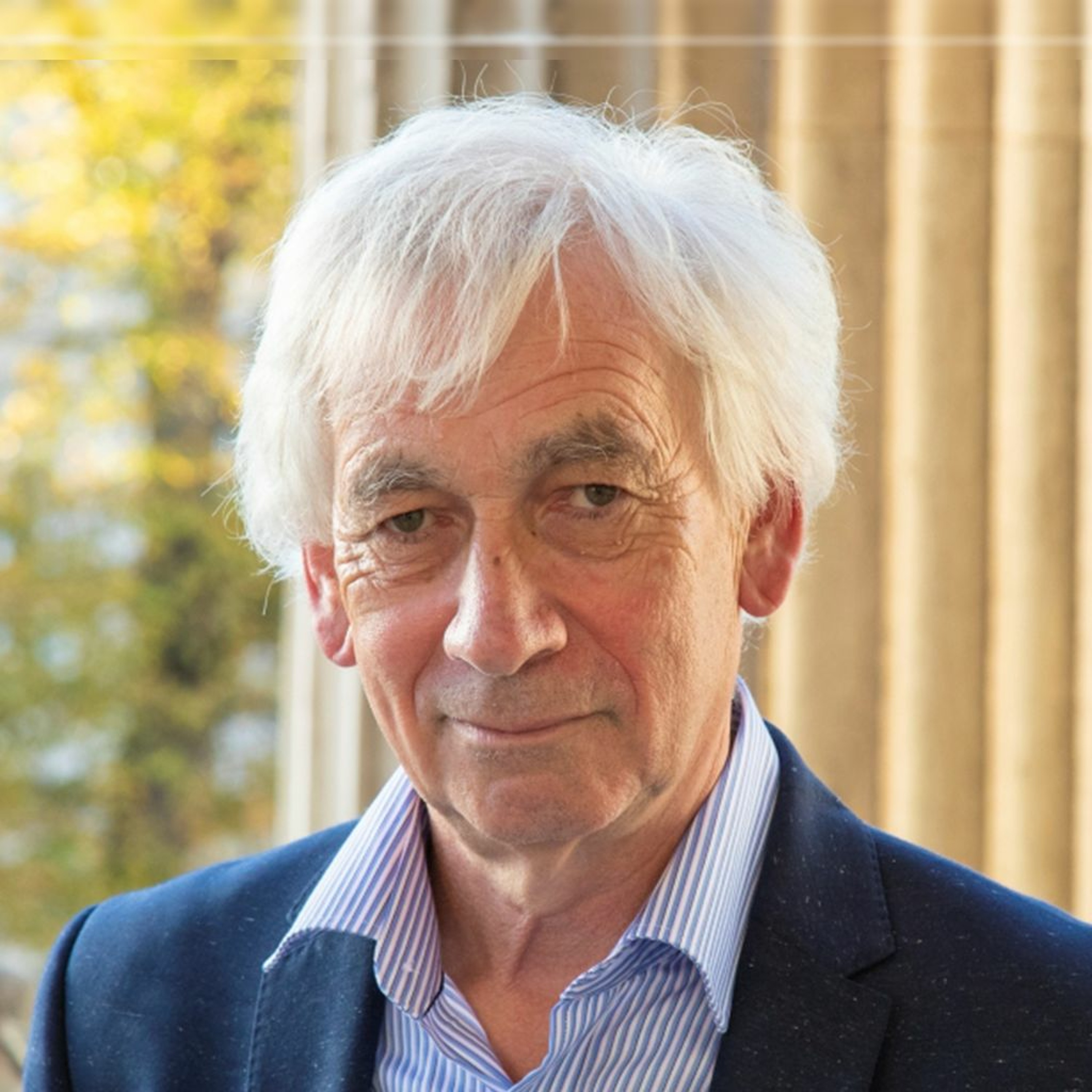
Bridging the Gaps: A Portal for Curious Minds“When Galaxies Were Born: The Quest for Cosmic Dawn” with Professor Richard EllisLooking for the earliest galaxies is like travelling back in time. Something that astronomers do all the time. Astronomers use huge and powerful telescopes to see not only farther and deeper into space, but also back in time. The hunt for the oldest galaxies using observational astronomy needs not only a thorough grasp of the physics and chemistry of the early cosmos, but also the human ingenuity of building large size telescopes and designing innovative instrumentation. Large and complicated telescopes, as well as supporting processes, techniques, and devices, allow astronomers to make more clear and accurate observations in their search...
2023-01-291h 08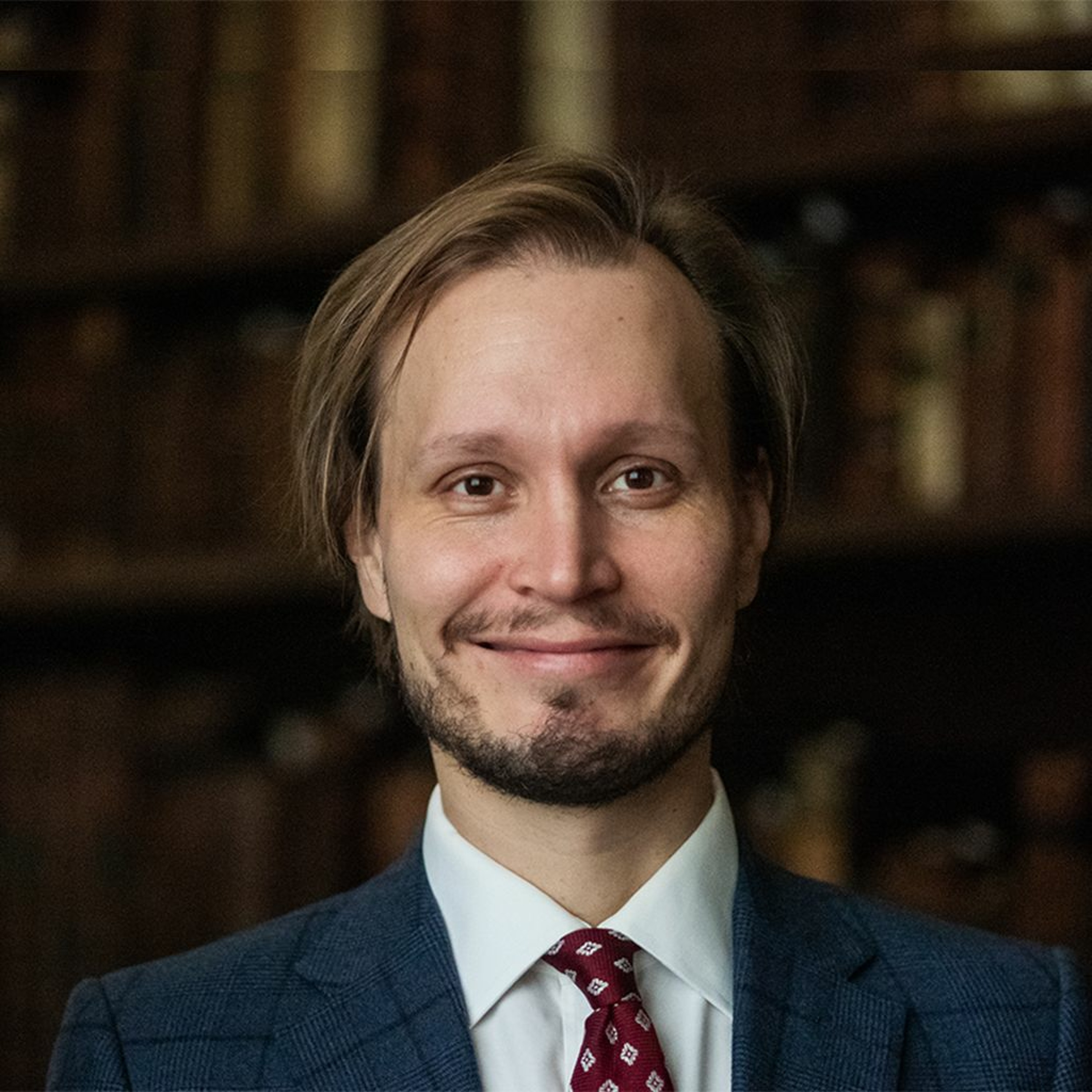
Bridging the Gaps: A Portal for Curious MindsCloud Empires: Governing State-like Digital Platforms & Regaining Control with Prof Vili LehdonvirtaThe rise of the platform economy puts state-like power in the hands of platform owners with little or no accountability. Over the past few decades, the chaotic and lawless early Internet evolved into a digital reality where e-commerce and digital services platform owners dictate decisions that affect millions living in different countries and jurisdictions. In his book “Cloud Empires: How Digital Platforms Are Overtaking the State and How We Can Regain Control” professor Vili Lehdonvirta explains how tech platforms got to where they are. The book outlines the history and evolution of tech platforms by telling the stories of individuals, the...
2023-01-081h 21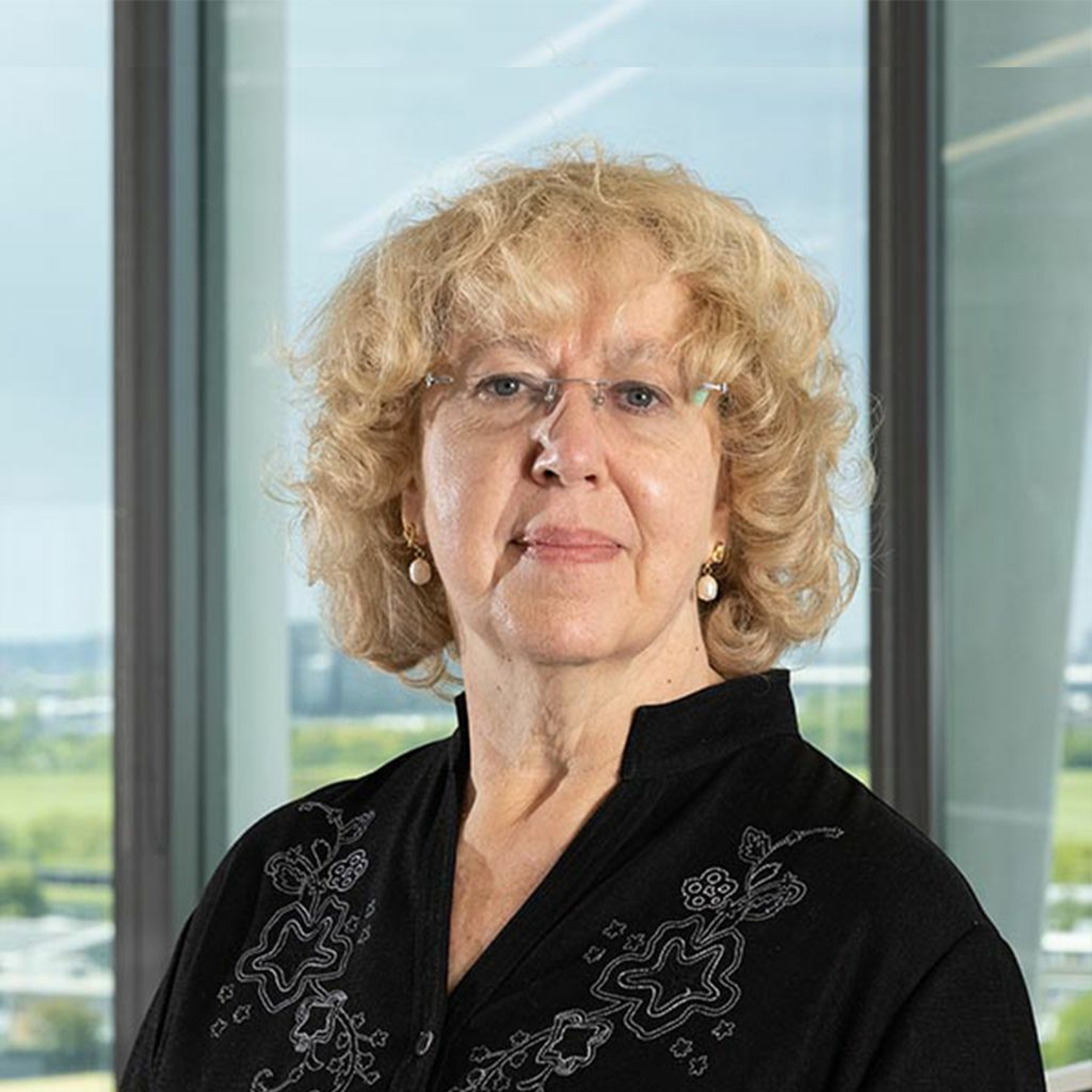
Bridging the Gaps: A Portal for Curious Minds“The Exquisite Machine: The New Science of the Heart” with Professor Sian HardingThe heartbeat may be the first physical manifestation of an unborn child that can be seen six weeks after conception, and it continues roughly 100,000 times per day for as long as we are alive. Scientists and researchers have attempted to recreate the heart's flawless engineering for decades in labs all around the world, but have been unsuccessful. Its exact operation and capacity to meet both our bodily and emotional demands makes it a marvel of engineering that is unmatched by anything built by humans. Any damage to this vital organ of the human body could result in problems that are...
2022-12-0158 min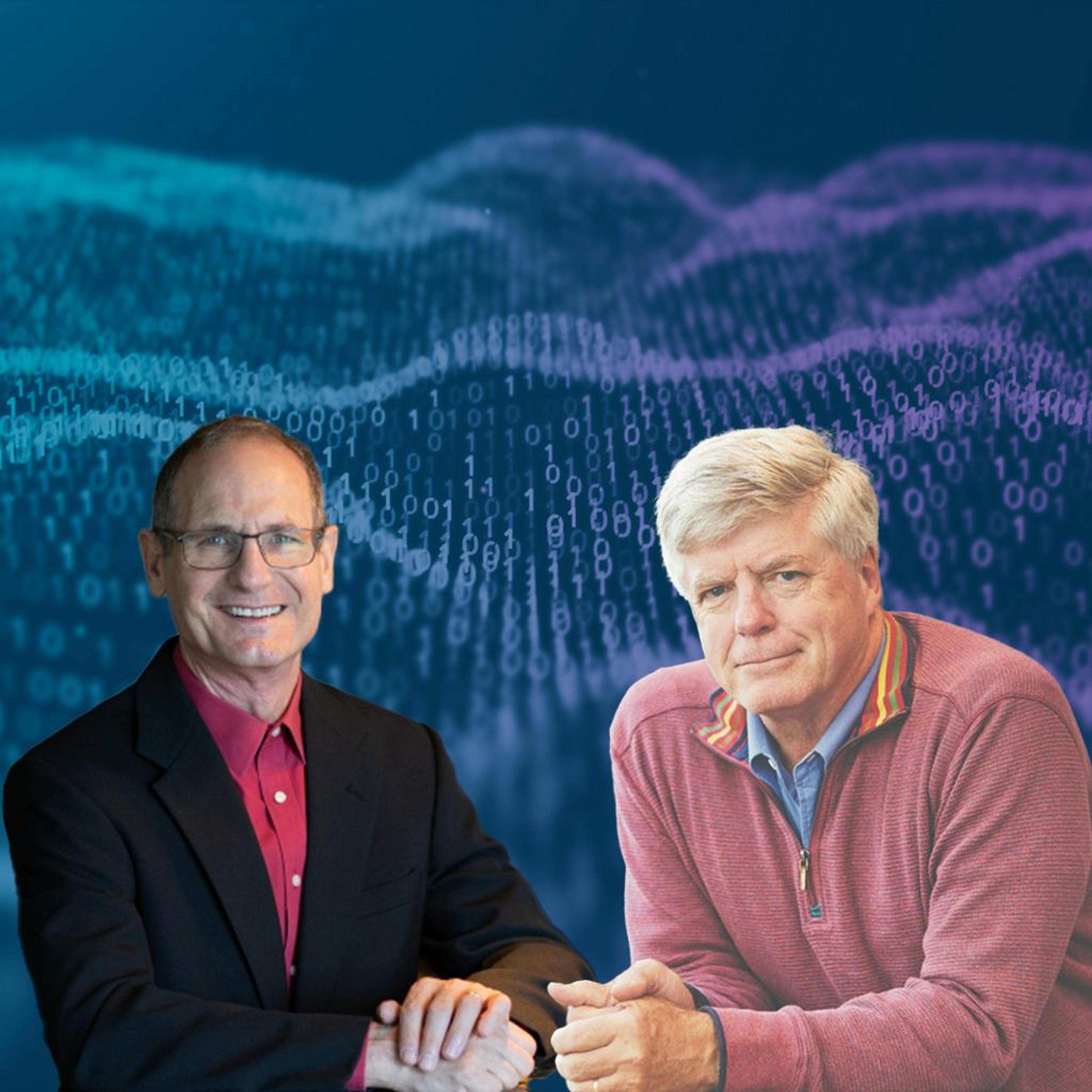
Bridging the Gaps: A Portal for Curious Minds“Working with AI”: Human-Machine Collaborations with Prof. Thomas Davenport and Prof. Steven MillerThere is a widespread view that artificial intelligence is a job destroyer technical endeavour. There is both enthusiasm and doom around automation and the use of artificial intelligence-enabled "smart" solutions at work. In their latest book “Working with AI: Real Stories of Human-Machine Collaboration”, management and technology experts professor Thomas Davenport and professor Steven Miller explain that AI is not primarily a job destroyer, despite popular predictions, prescriptions, and condemnation. Rather, AI alters the way we work by automating specific tasks but not entire careers, and thus freeing people to do more important and difficult work. In the book, they demo...
2022-11-011h 11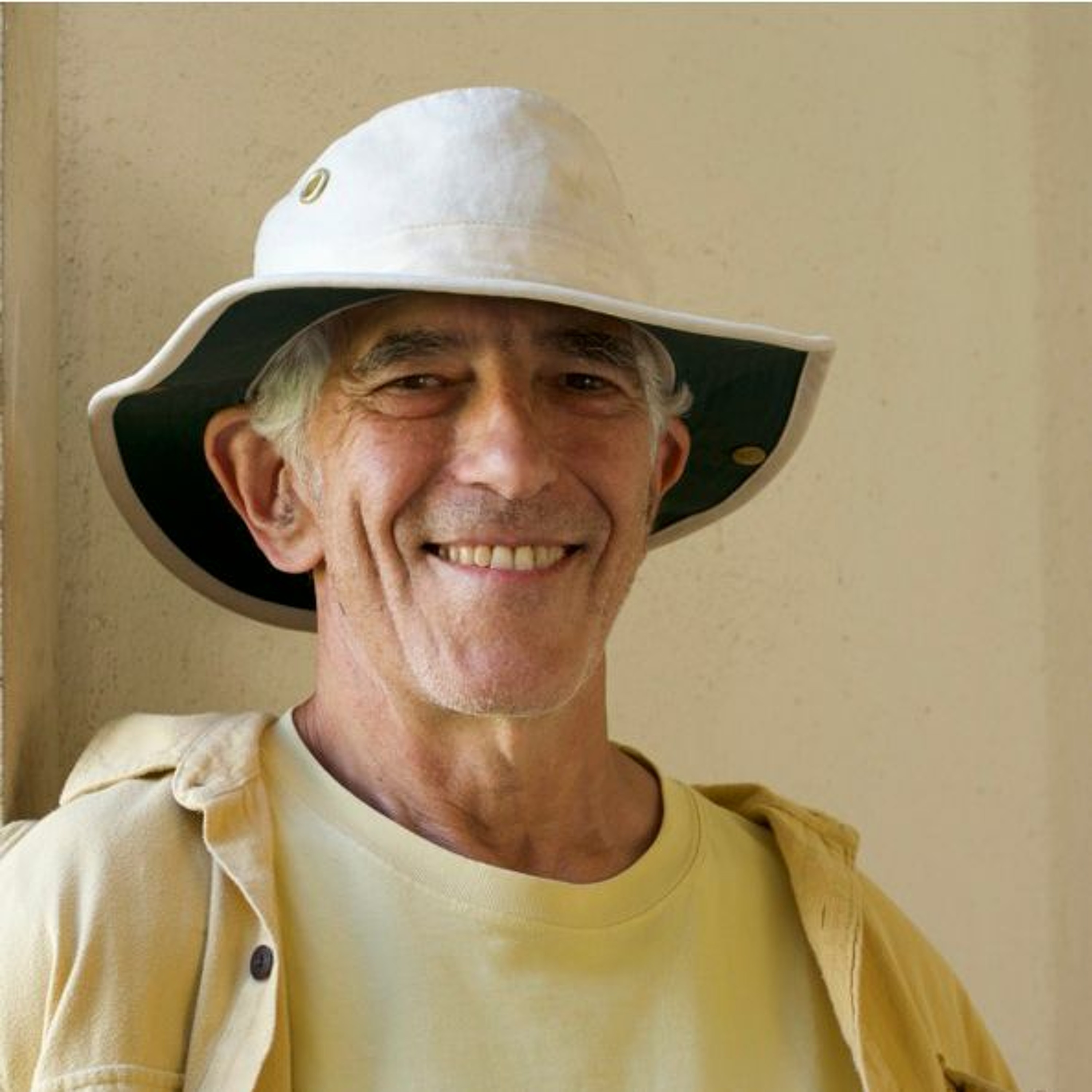
Bridging the Gaps: A Portal for Curious Minds"Zero to Birth: How the Human Brain Is Built" with Professor William HarrisA single fertilised egg generates an embryo. Different cell types in this embryo develop into various organs of a new human being, including a new human brain. Everything starts with a single fertilised egg, and in the embryo, some embryonic cells develop into neural stem cells that construct the brain. By the time a baby is born, its brain is already made up of billions of precisely designed neurons that are connected by trillions of synapses to form a small, compact but incredibly powerful supercomputer. In his recent book “Zero to Birth: How the Human Brain Is Built” pioneering experimental neur...
2022-10-151h 01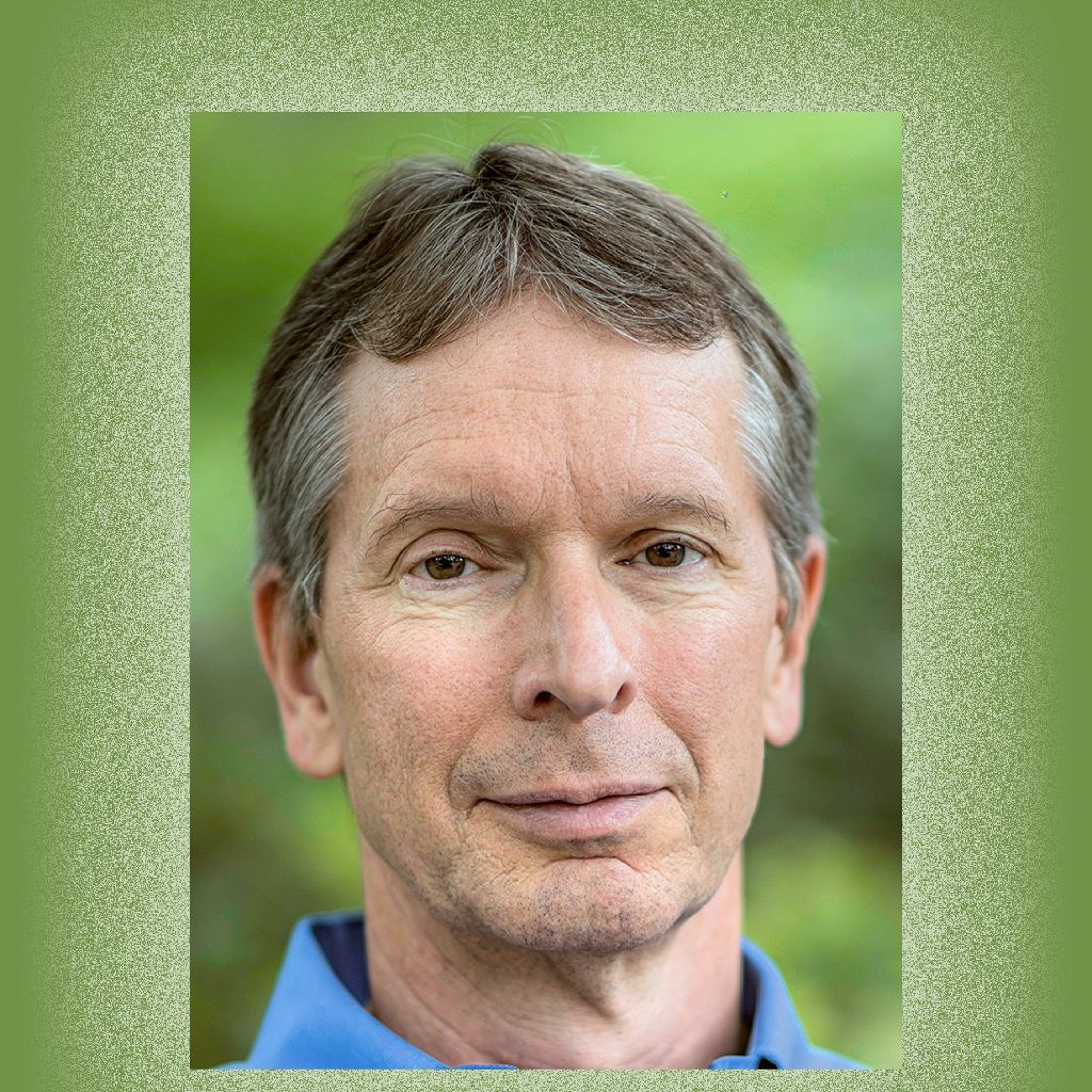
Bridging the Gaps: A Portal for Curious Minds“The Case Against Reality” and The Hard Problem of Consciousness with Professor Donald HoffmanWhat is the true nature of reality? Does the objective reality reported back by our senses paint a complete picture of the true reality? Is it possible that the world we see is not objective reality and it is just an interface to a deeper, true reality. In his book “The Case Against Reality: Why Evolution Hid the Truth from Our Eyes” cognitive scientist Donald Hoffman Challenges leading scientific theories that claim that our senses report back objective reality. He argues that while we should take our perceptions seriously, we should not take them literally. He presents the evolutionary concept of "...
2022-07-191h 20
Bridging the Gaps: A Portal for Curious MindsAugmented Thinking: The New Convergence of Art, Technology, and Science with Professor Julio OttinoWe live in an age of increasing complexity and uncertainty. We live in a time when humanity faces extremely complex challenges. Our ability, or lack thereof, to create solutions to such extremely complicated challenges may determine our long-term survival as a civilization. The question is: is our existing style of thinking adequate, or do we require a new style of thinking in order to innovate and lead into the future. In their recent book Julio Ottino and Bruce Mau make a case for “The Nexus”, a radically new way of thinking — one in which art, technology, and science converge to expand...
2022-06-281h 01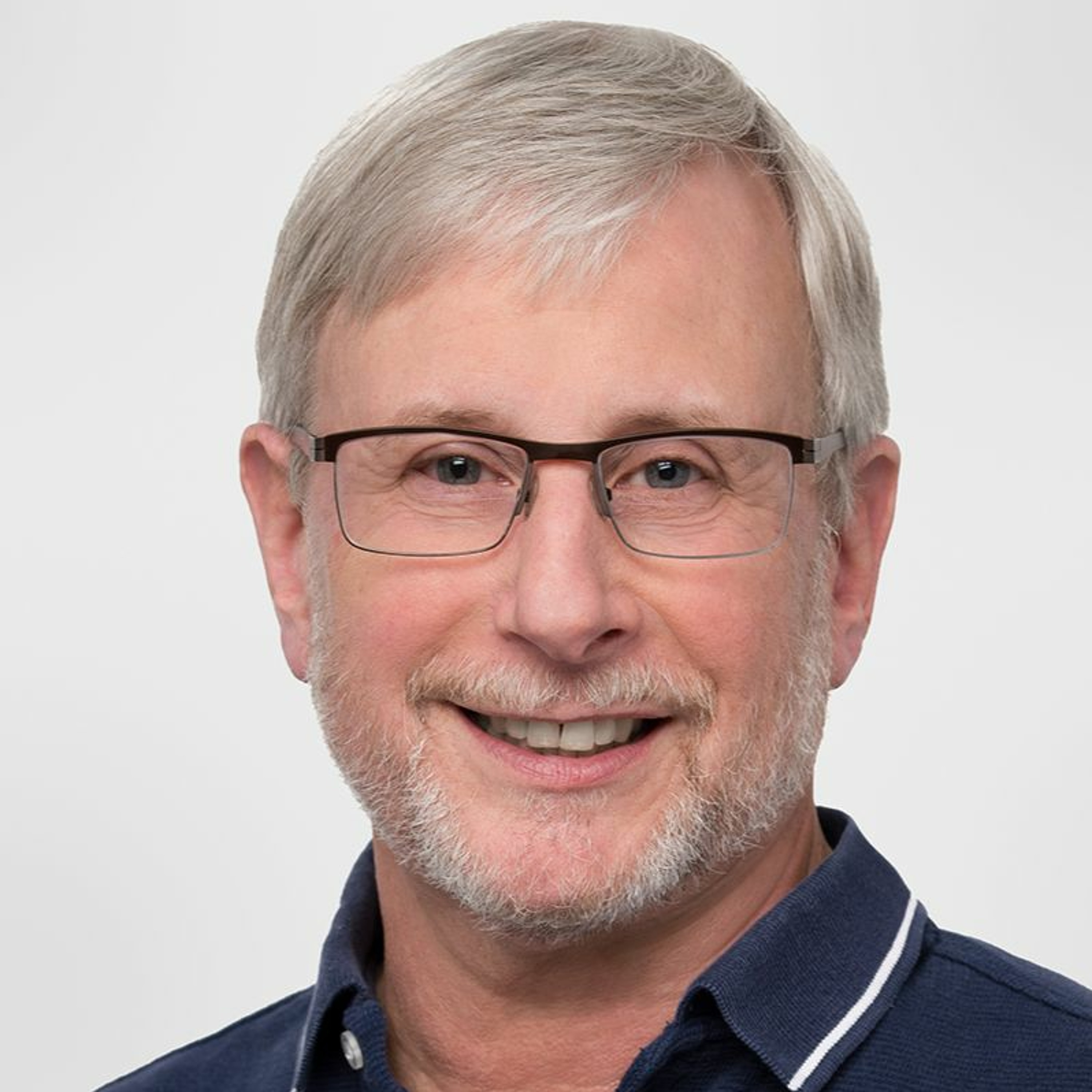
Bridging the Gaps: A Portal for Curious Minds“Machines like Us: TOWARD AI WITH COMMON SENSE” with Professor Ronald BrachmanThere is a consensus among the researchers in the field of artificial intelligence and machine learning that today’s artificial intelligence systems are narrowly focused, are designed to tackle specialised tasks and cannot operate in general settings. An important feature of the human brain that enables us to operate in general settings, and in unfamiliar situations is our common sense. In their new book “Machines like Us: TOWARD AI WITH COMMON SENSE” Hector Levesque and Ronald Brachman explain “why current AI systems hopelessly lack common sense, why they desperately need it, and how they can get it”. In this episode of Bridgin...
2022-06-0457 min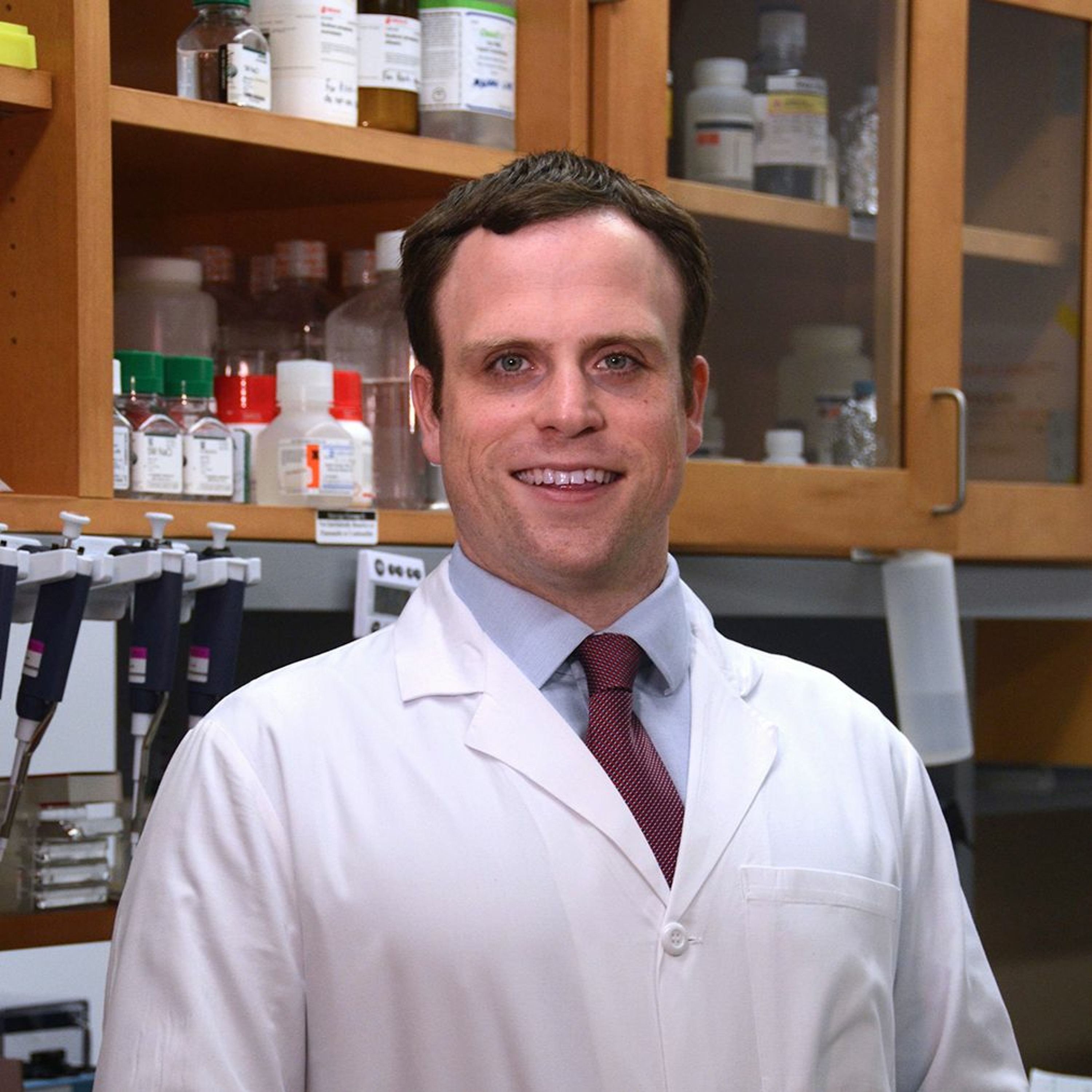
Bridging the Gaps: A Portal for Curious Minds“The Next 500 Years: Engineering Life to Reach New Worlds” with Professor Christopher MasonWe are the only known species that understands species go extinct. We also understand that climate calamity, apocalyptic war, or the demise of the sun in a few billion years will all inevitably bring life on Earth to an end. So it is extremely important we do whatever we can to avoid extinction. We have a moral obligation to prevent extinction, and we have a responsibility to act as life-form shepherds—not just for our species, but for all species on which we rely, as well as those yet to come. This may involve finding a new home planet, developing in...
2022-05-1942 min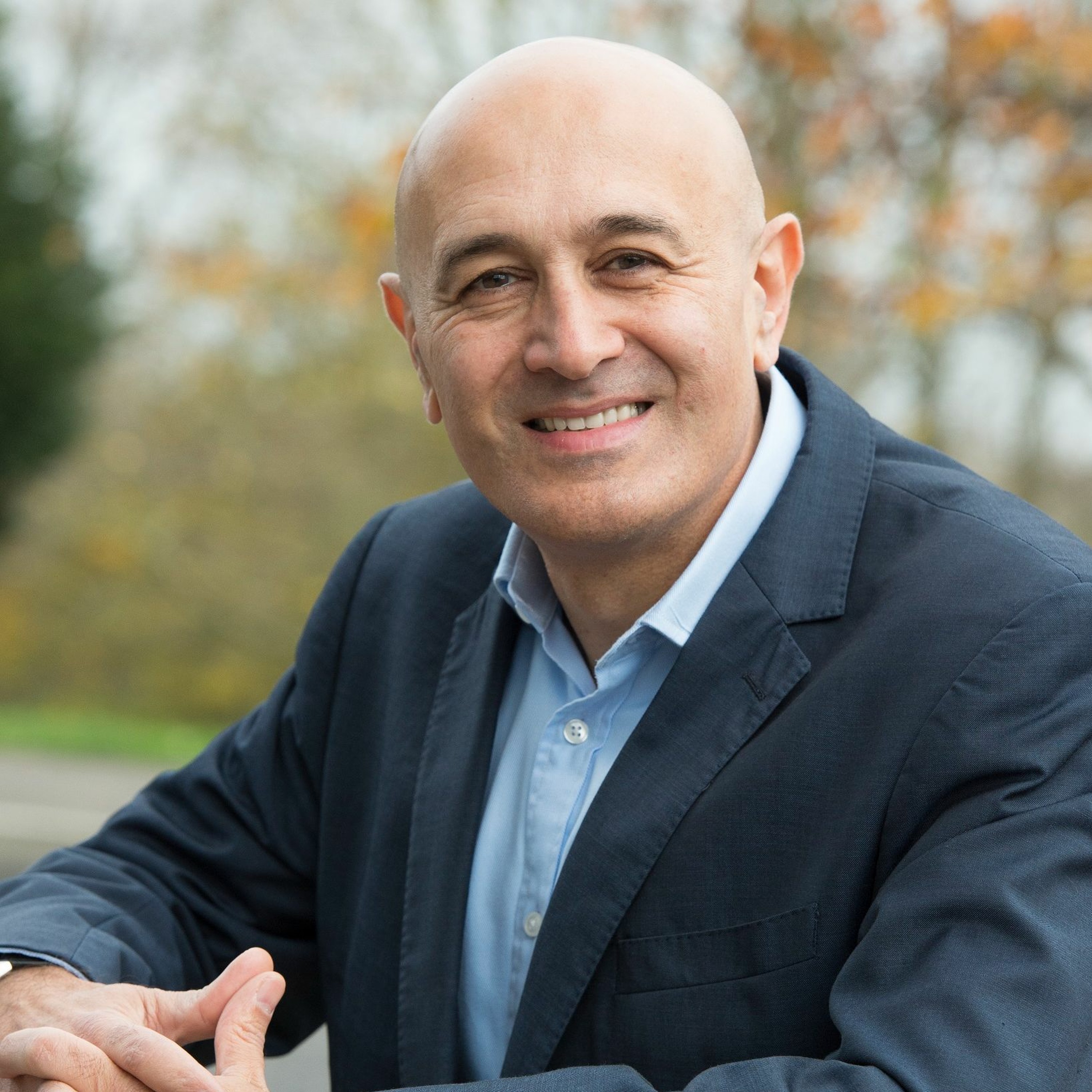
Bridging the Gaps: A Portal for Curious Minds"The Joy of Science" with Professor Jim Al-KhaliliCan living scientifically empower us to navigate the complexities of today’s complex and unpredictable world? Can the joy of critical thinking and the effectiveness of the scientific method assist us in making better decisions? Can living a more rational life help us navigate modern life more confidently? In his new book “The Joy of Science” acclaimed physicist Jim Al-Khalili invites readers to engage with the world as scientists have been trained to do. He shows how the fundamental principles at the heart of scientific thinking, as well as the scientific process, are profoundly relevant to the perplexing times we live i...
2022-05-1342 min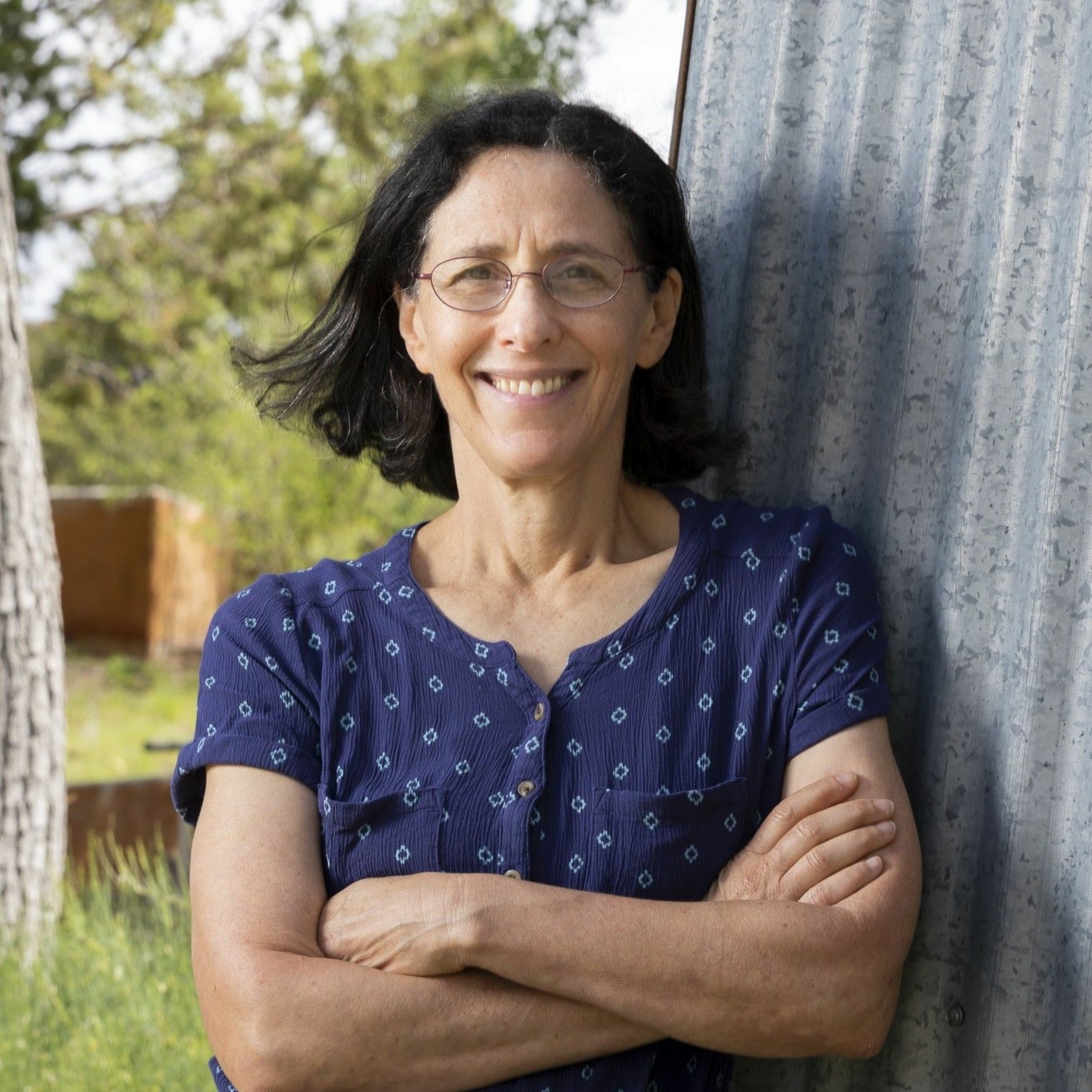
Bridging the Gaps: A Portal for Curious Minds"Artificial Intelligence: A Guide for Thinking Humans" with Professor Melanie MitchellRecent developments in the field of Artificial Intelligence are fascinating as well as terrifying; there are extravagant promises as well as frustrating setbacks; there is great progress in narrowly focused AI applications, and there is lack of progress in the field of Artificial General Intelligence. In this episode of Bridging the Gaps I speak with professor Melanie Mitchell and we discuss the history, recent successes, huge expectations and emerging fears and frustrations in the field of Artificial Intelligence. We discuss fascinating and intriguing research that professor Melanie Mitchell discusses in her book "Artificial Intelligence: A Guide for Thinking Humans".
Melanie...
2022-05-0149 min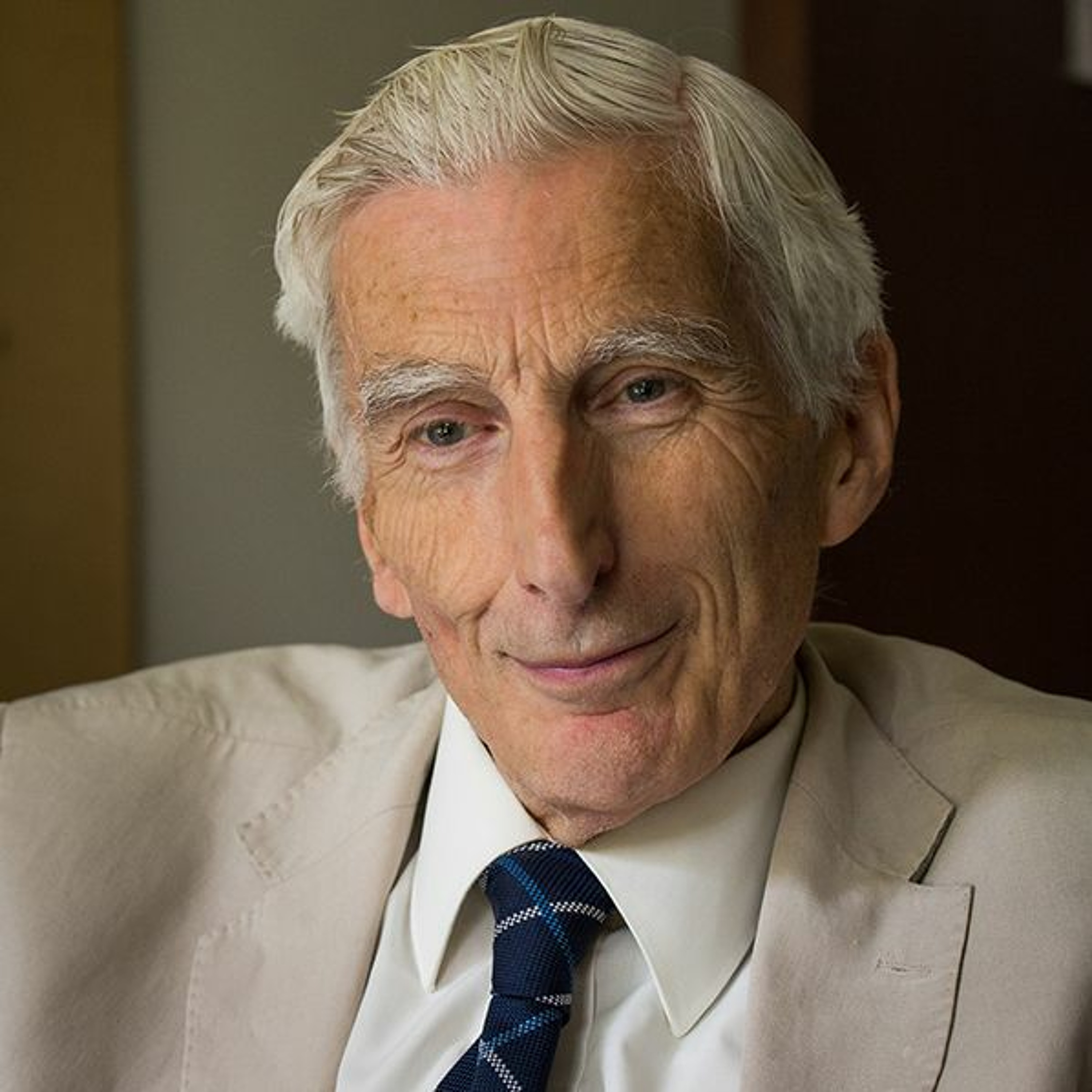
Bridging the Gaps: A Portal for Curious MindsThe End of Astronauts, Robotic Space Missions and Our Future on Earth & Beyond with Prof Martin ReesHuman space exploration is challenging as well as fascinating. However, the excitement of space flight for astronauts comes at a high cost and is riddled with danger. As our robot explorers become more capable, governments and corporations must consider whether the ambition to send astronauts to the Moon and Mars is worth the cost and risk. In this episode of Bridging the Gaps, I speak with professor Martin Rees who is one of the authors of “The End of Astronauts: Why Robots Are the Future of Exploration”. The book makes the provocative argument for space exploration without astronauts and suggests that...
2022-03-3148 min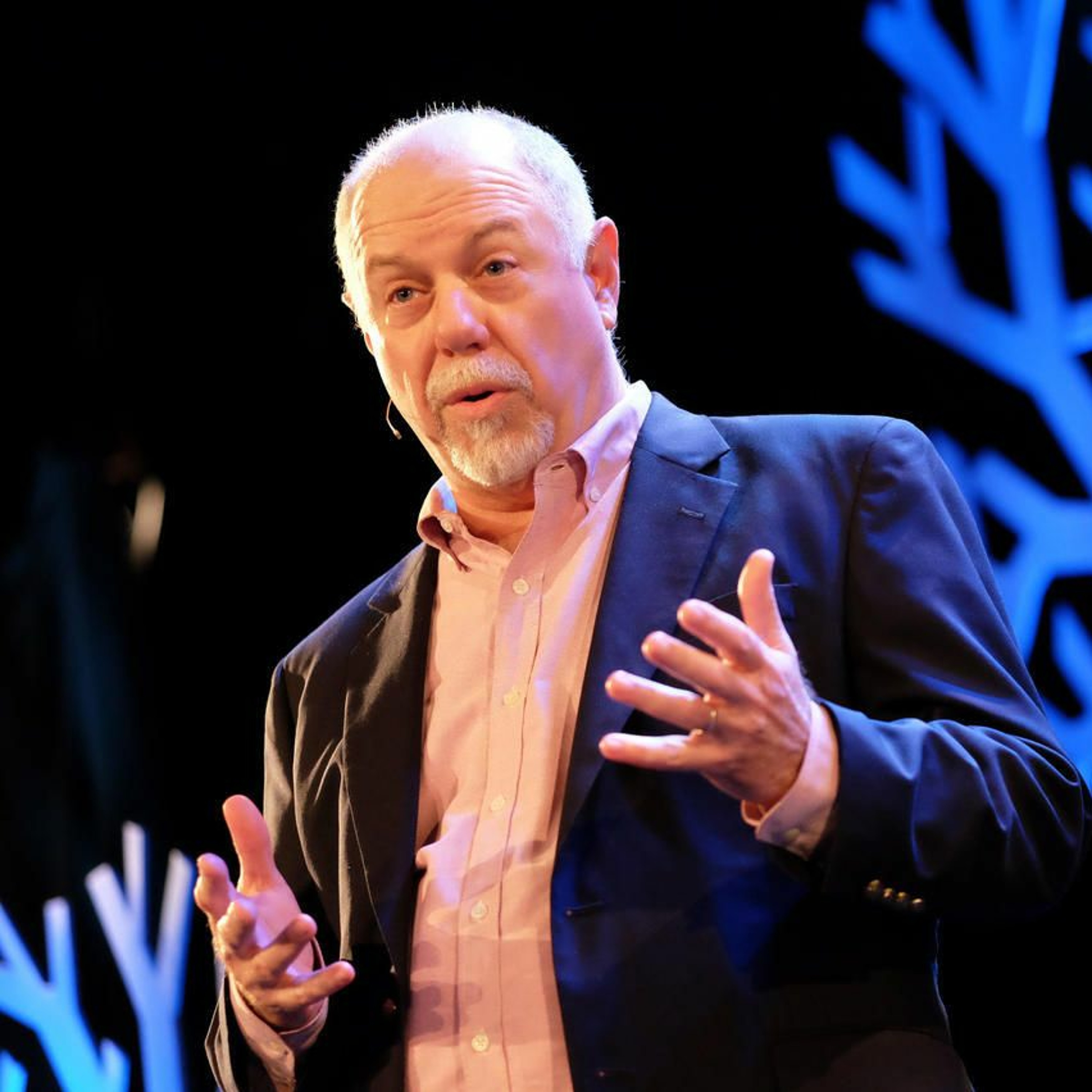
Bridging the Gaps: A Portal for Curious Minds"Spark: The Life of Electricity and the Electricity of Life" with Professor Timothy JorgensenWhen we think about electricity, we most often think of the energy that powers various devices and appliances around us, or perhaps we visualise the lightning-streaked clouds of a stormy sky. But there is more to electricity and “life at its essence is nothing if not electrical”. In this episode of Bridging the Gaps, I speak with Professor Timothy Jorgensen and we discuss his recent book “Spark: The Life of Electricity and the Electricity of Life ”. The book explains the science of electricity through the lenses of biology, medicine and history. It illustrates how our understanding of electricity and the neurolog...
2022-03-171h 06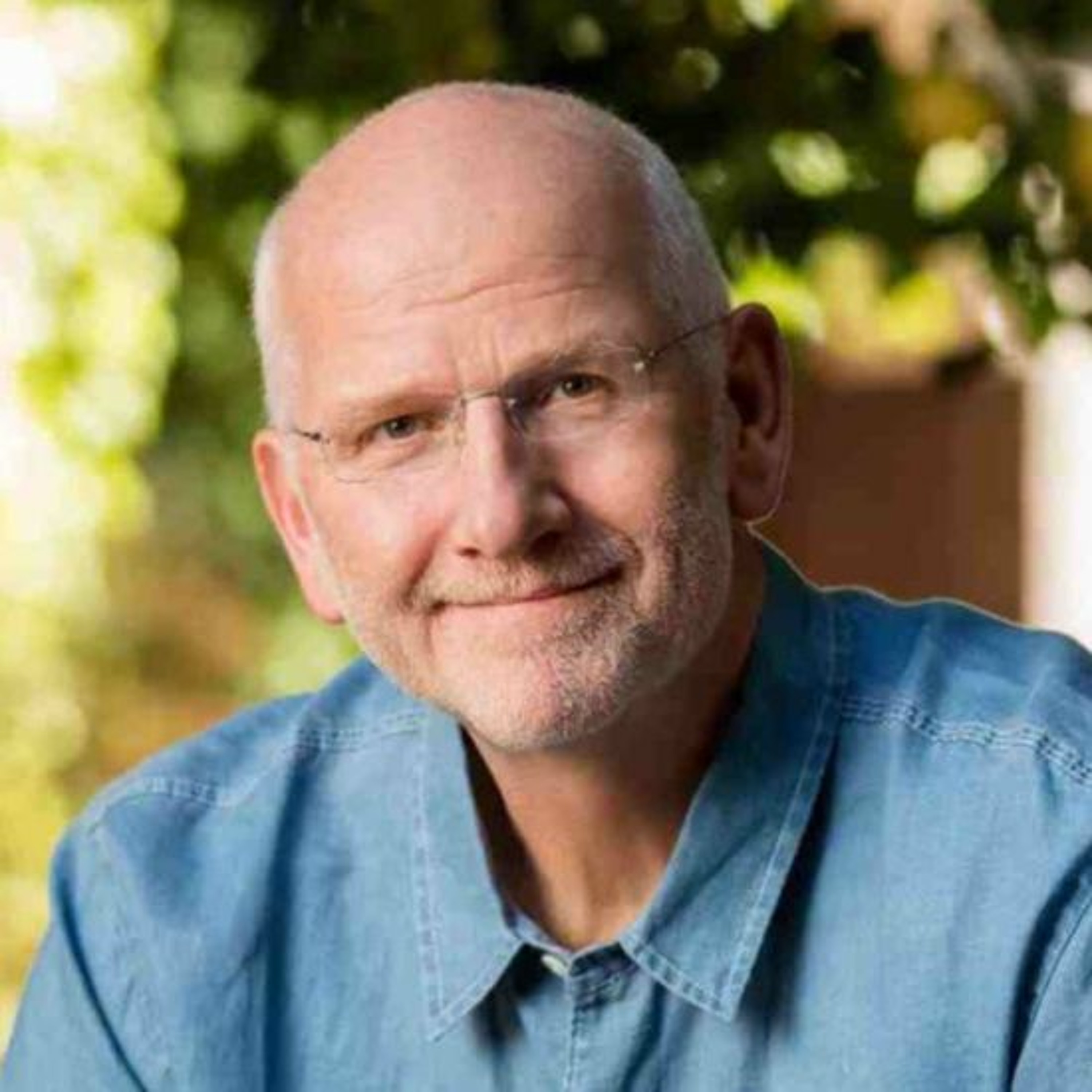
Bridging the Gaps: A Portal for Curious MindsAsking Better Questions for Problem Solving, Innovation and Effective Leadership with Hal GregersenEvery problem or issue raises new questions, which must be correctly answered in order to address the problem or resolve the issue. What if we could get a better answer to our most troublesome problem—at work or at home—just by altering the question? If asking right questions is essential for creative problem solving and innovation, and for effective leadership, shouldn’t we know more about how to arrive at right questions? In his book “Questions Are the Answer: A Breakthrough Approach to Your Most Vexing Problems at Work and in Life” Hal Gregersen gives many examples of people who had us...
2022-02-2759 min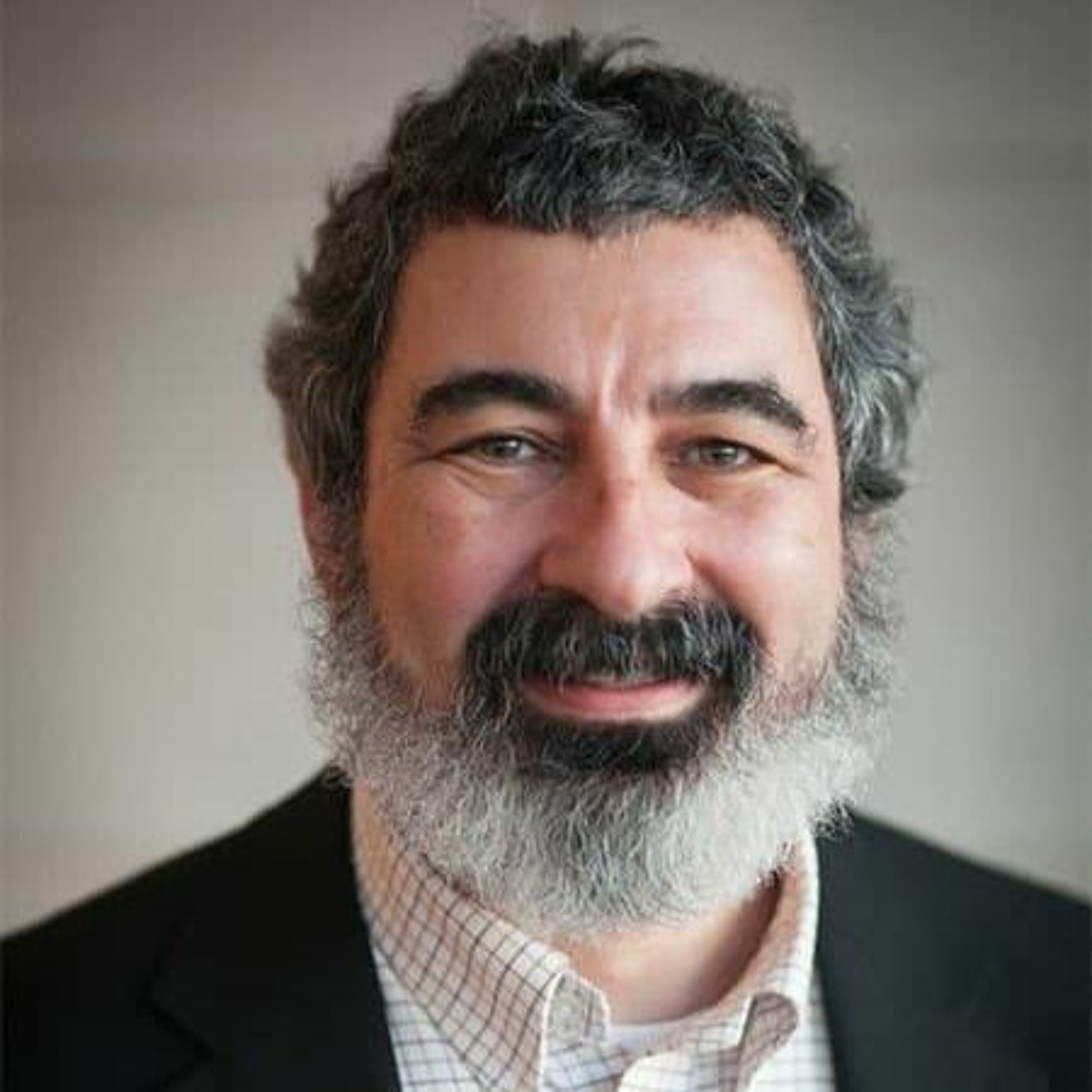
Bridging the Gaps: A Portal for Curious MindsOn Public Communication of Science and Technology with Professor Bruce LewensteinFrom the museums of the fifteenth century, to the public lectures of Michael Faraday in the nineteenth century, and to various science fairs & festivals of the twenty-first century, public engagement of science has evolved immensely. Public engagement of science in this age of hyper connectivity is “a multidimensional and multi-directional activity”. In this episode of Bridging the Gaps I speak with professor Bruce Lewenstien, a widely-known authority on public communication of science and technology.
Bruce Lewenstein is a professor of science communication at Cornell University. He has done extensive work on how science and technology are reported to the public and...
2022-02-121h 09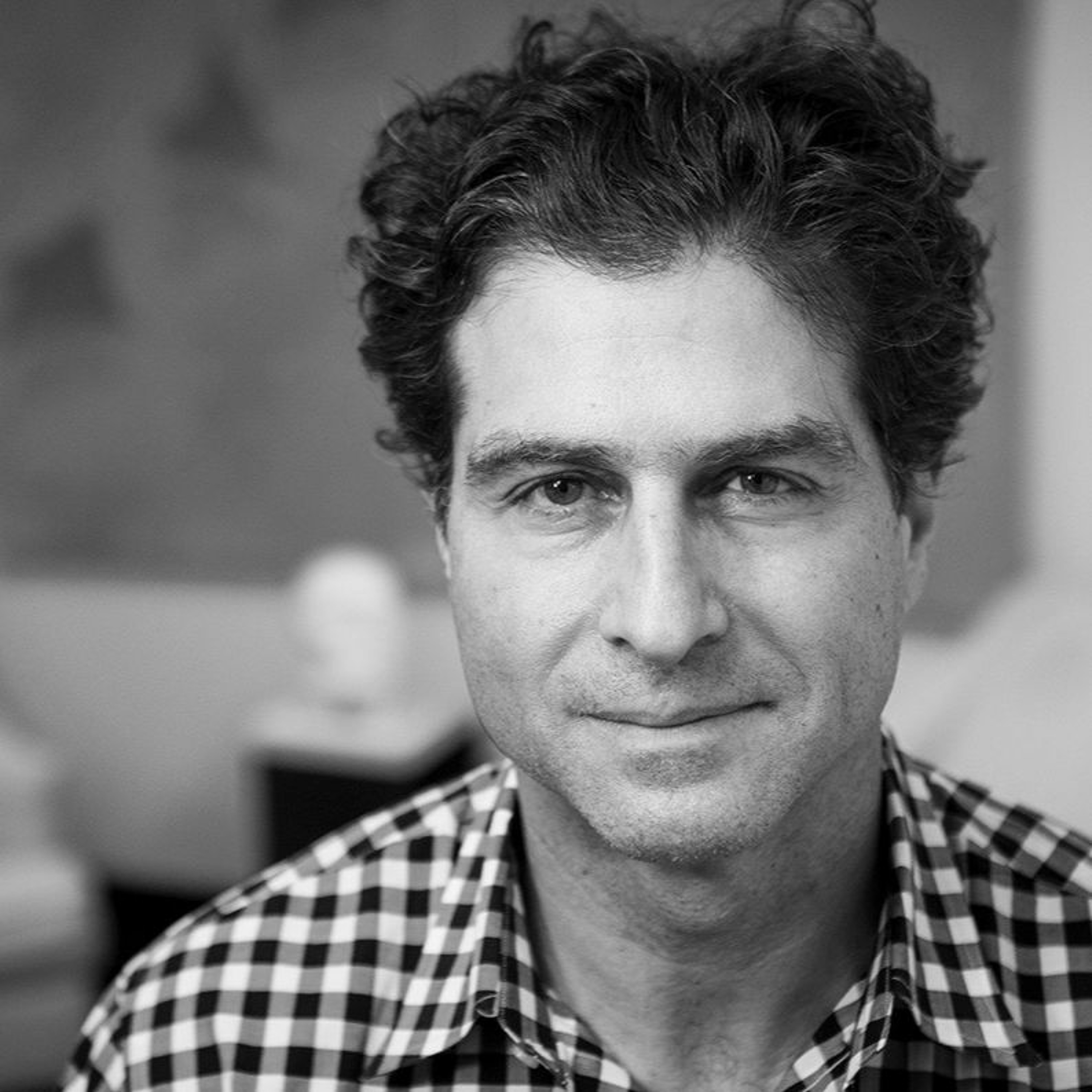
Bridging the Gaps: A Portal for Curious Minds"Forgetting: The Benefits of Not Remembering" with Dr Scott SmallWe all wish to have a better memory, yet there are times when it fails us. Until recently, most people, even memory scientists, believed that forgetting served no purpose. However, new research in psychology, neuroscience, medicine, and computer science paints a different picture. It informs us that forgetting is not a failure of our minds. It's not even a benign glitch. It is, in fact, good for us and, alongside memory, it is a required and a separate function for our minds. It benefits our cognitive and creative abilities, emotional well-being, and even our personal and societal health. It appears...
2022-01-2057 min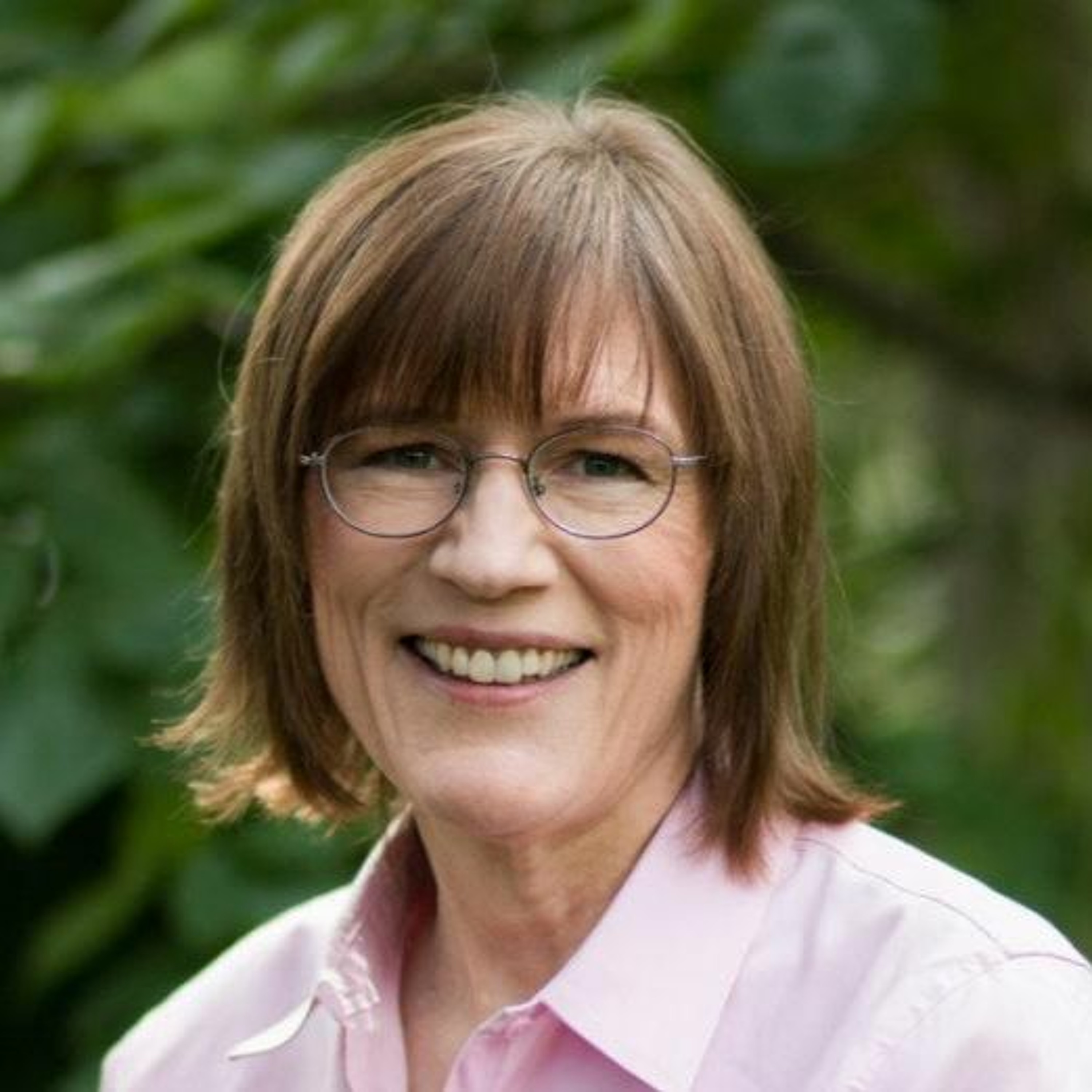
Bridging the Gaps: A Portal for Curious Minds"Learning How to Learn": Techniques to Help You Learn with Dr Barbra Oakley (CLASSIC)Humans have fundamental ability and cognitive resources to learn new concepts and acquire new skills and knowledge, although this may not seem natural to most of us at first. The key is to understand how the brain works so we can harness its potential by developing and adopting learning techniques that are effective and more rewarding. In this episode of Bridging the Gaps, I speak with Dr Barbara Oakley about “Learning how to learn”. Dr. Oakley encourages learners to recognize that everyone learns differently. Recognizing the benefits and drawbacks of various learning approaches depending on a learner’s natural brain functi...
2022-01-0354 min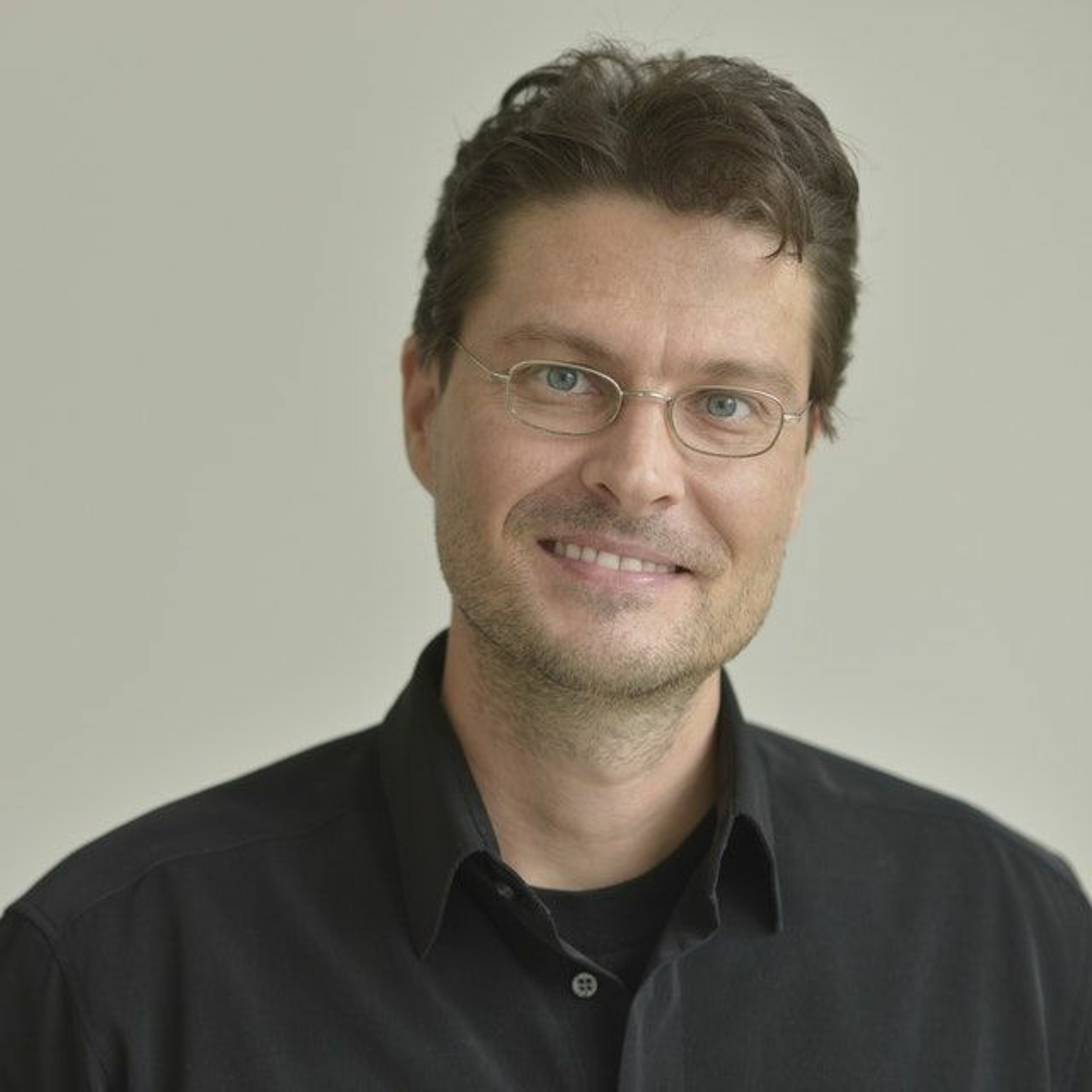
Bridging the Gaps: A Portal for Curious Minds"The Self-Assembling Brain" and Quest for Improved AI with Professor Peter Robin HiesingerHow does a network of individual neural cells become a brain? How does a neural network learn, hold information and exhibit intelligence? While neurobiologists study how nature achieves this feat, computer scientists interested in artificial intelligence attempt to achieve it through technology. Are there ideas that researchers in the field of artificial intelligence borrow from their counterparts in the field of neuroscience? Can a better understanding of the development and working of the biological brain lead to the development of improved AI? In his book “The Self-Assembling Brain: How Neural Networks Grow Smarter” professor Peter Robin Hiesinger explores stories of both...
2021-11-071h 08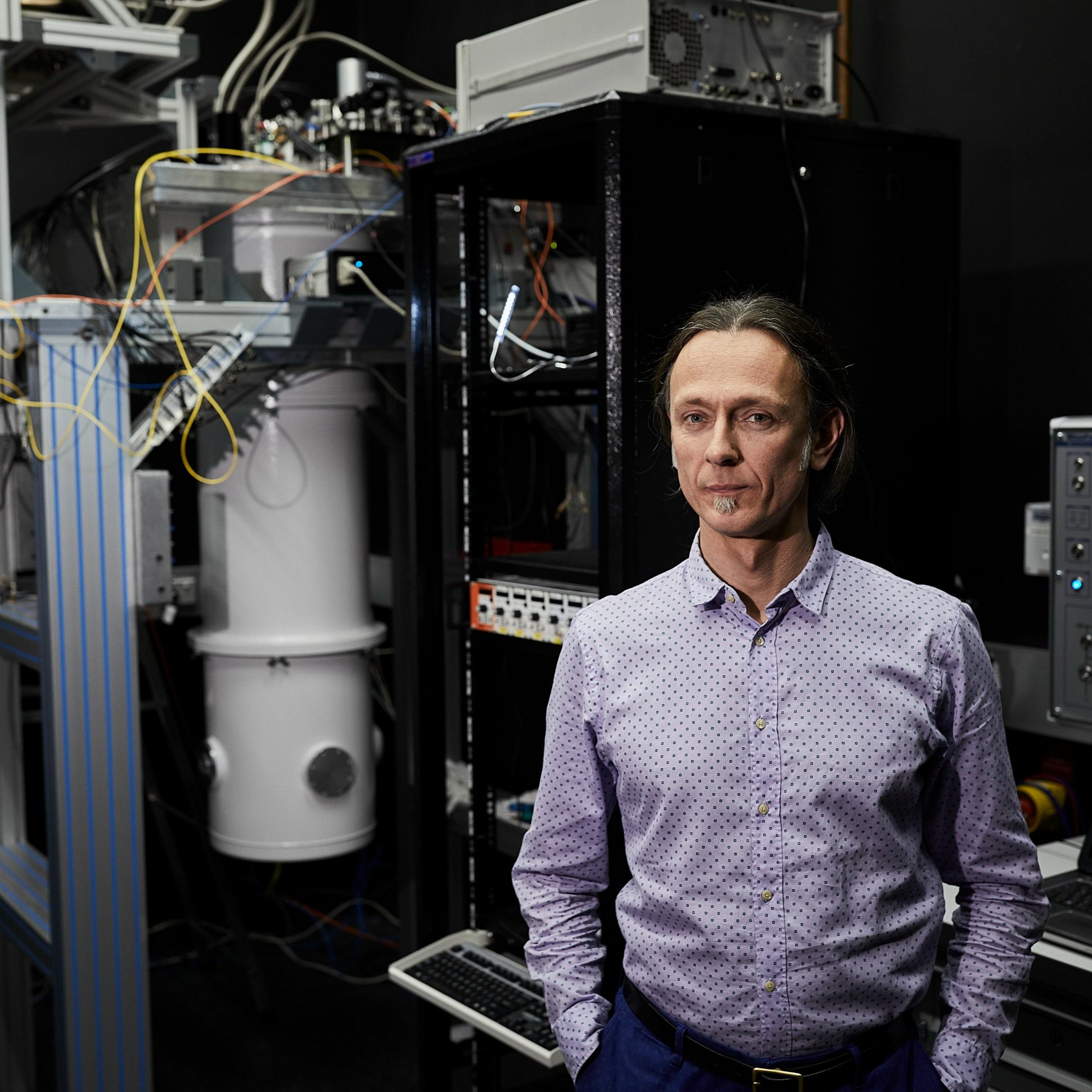
Bridging the Gaps: A Portal for Curious MindsQuantum Computers: Building and Harnessing the Power of Quantum Machines with Prof. Andrea MorelloQuantum computers store data and perform computations by utilizing properties of quantum physics. Quantum computations are performed by these machines by utilizing quantum state features such as superposition and entanglement. Traditional computers store data in binary “bits,” which can be either 0s or 1s. A quantum bit, or qubit, is the fundamental memory unit in a quantum computer. Quantum states such as the spin of an electron or the direction of a photon, are used to create qubits. This could be very useful for specific problems where quantum computers could considerably outperform even the most powerful supercomputers. In this episode of B...
2021-08-311h 05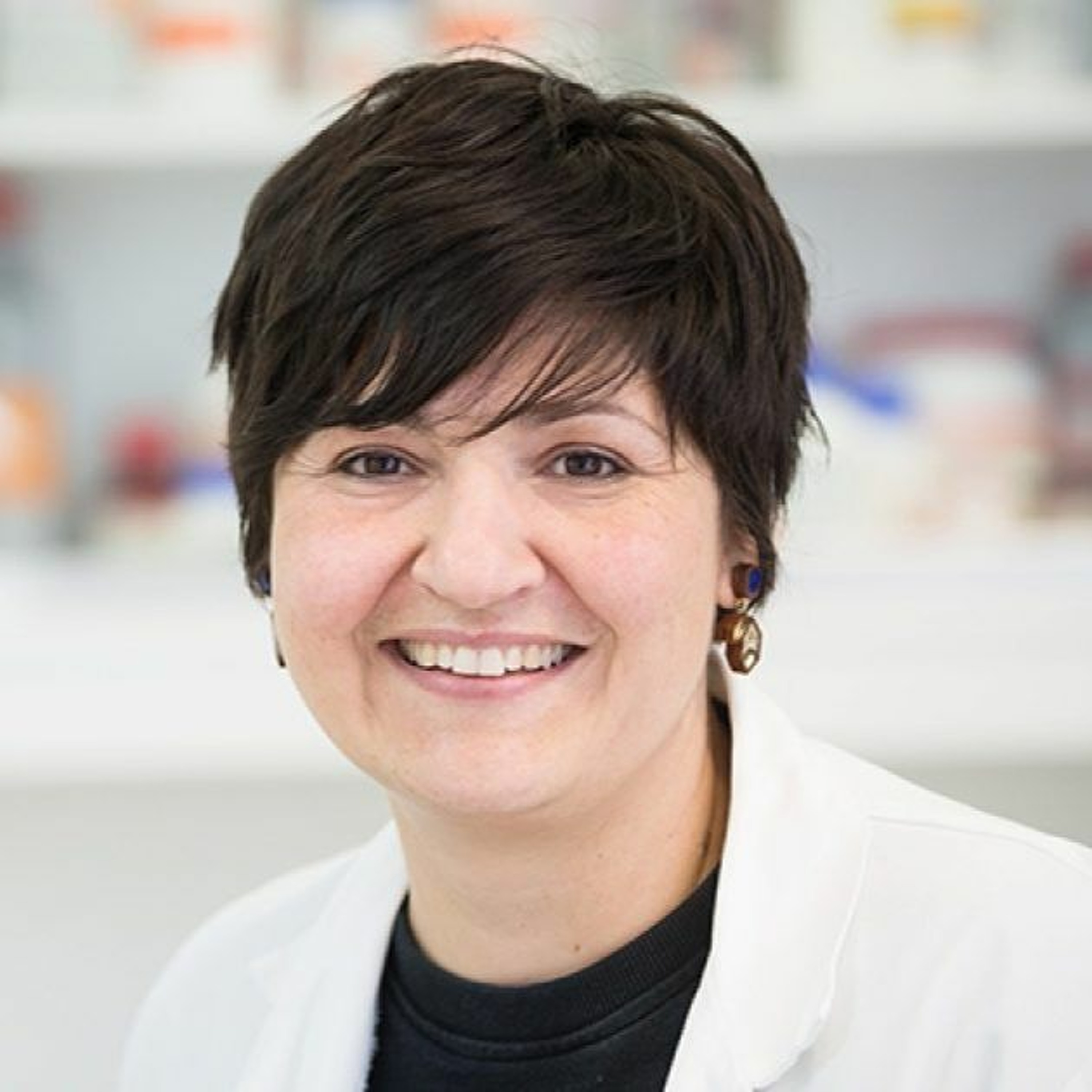
Bridging the Gaps: A Portal for Curious Minds"Nano Comes to Life": DNA NanoTech, Medicine and the Future of Biology with Professor Sonia ConteraNanotechnology allows scientists to better understand, interact with, and manipulate biology by creating and manufacturing artificial structures and even machines at the nanoscale out of DNA, proteins, and other biological molecules. From nanoscale machines that can target individual cancer cells and deliver drugs more effectively to nanoantibiotics that can fight resistant bacteria, to the engineering of tissues and organs for research, drug discovery, and transplantation, nanotechnology is revolutionizing medicine in ways that will have profound effects on our health and longevity.
In this episode of Bridging the Gaps I speak with Professor Sonia Contera and we discuss fascinating research that...
2021-08-2246 min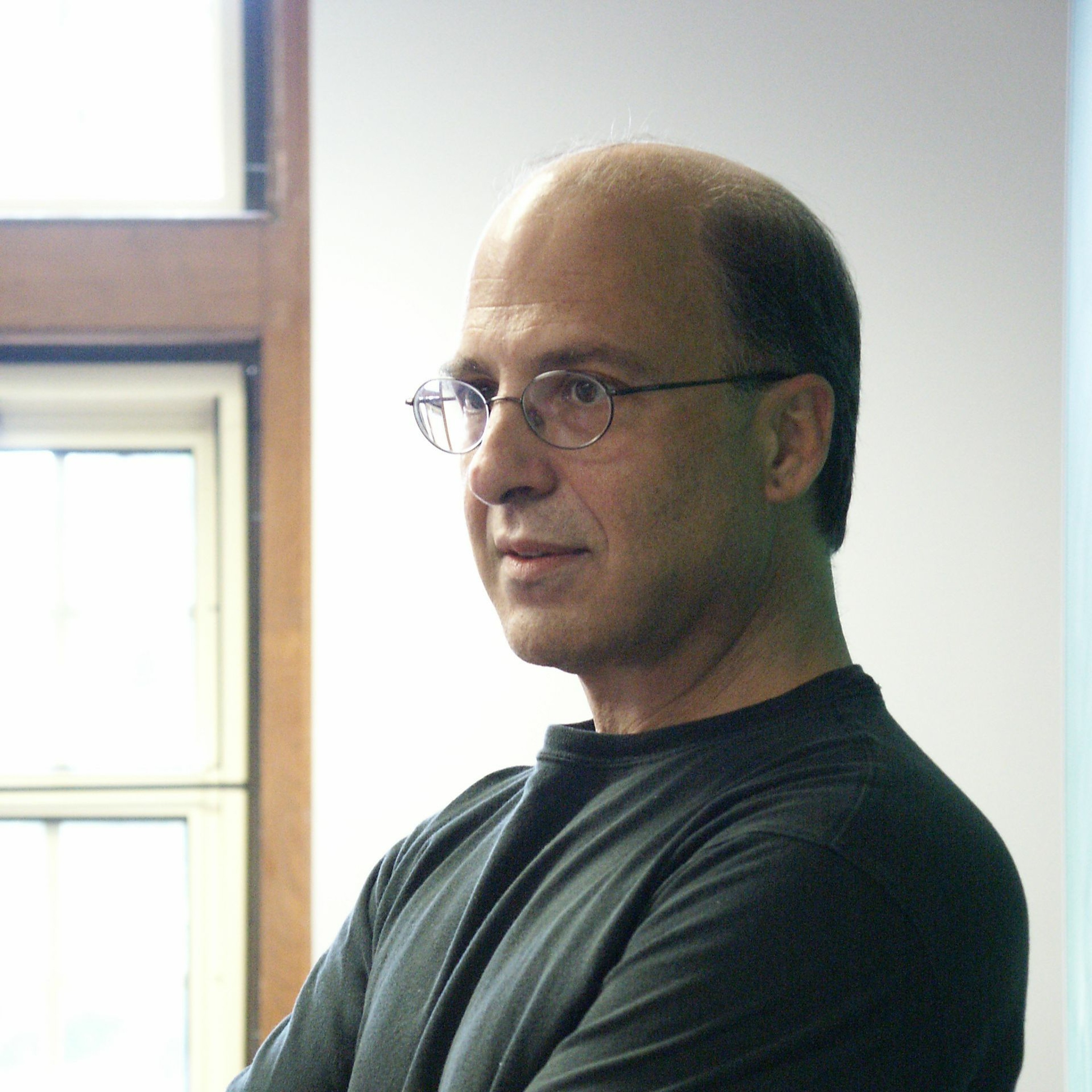
Bridging the Gaps: A Portal for Curious Minds"Free Will" Through the Lenses of Philosophy and Neuroscience with Dr Alfred MeleThe debate over whether or not free will exists is not new. The main points of contention in this discussion are whether or not we have control over our actions, and if so, what kind of control we have and to what extent. On the one hand, we have a strong sense of liberty, which causes us to trust in our own free will. An intuitive and instinctive sense of free will, on the other hand, could be misinterpreted. In this episode of Bridging the Gaps, I speak with Dr Aflred Mele and we discuss the concept of “Free Will” from...
2021-07-2543 min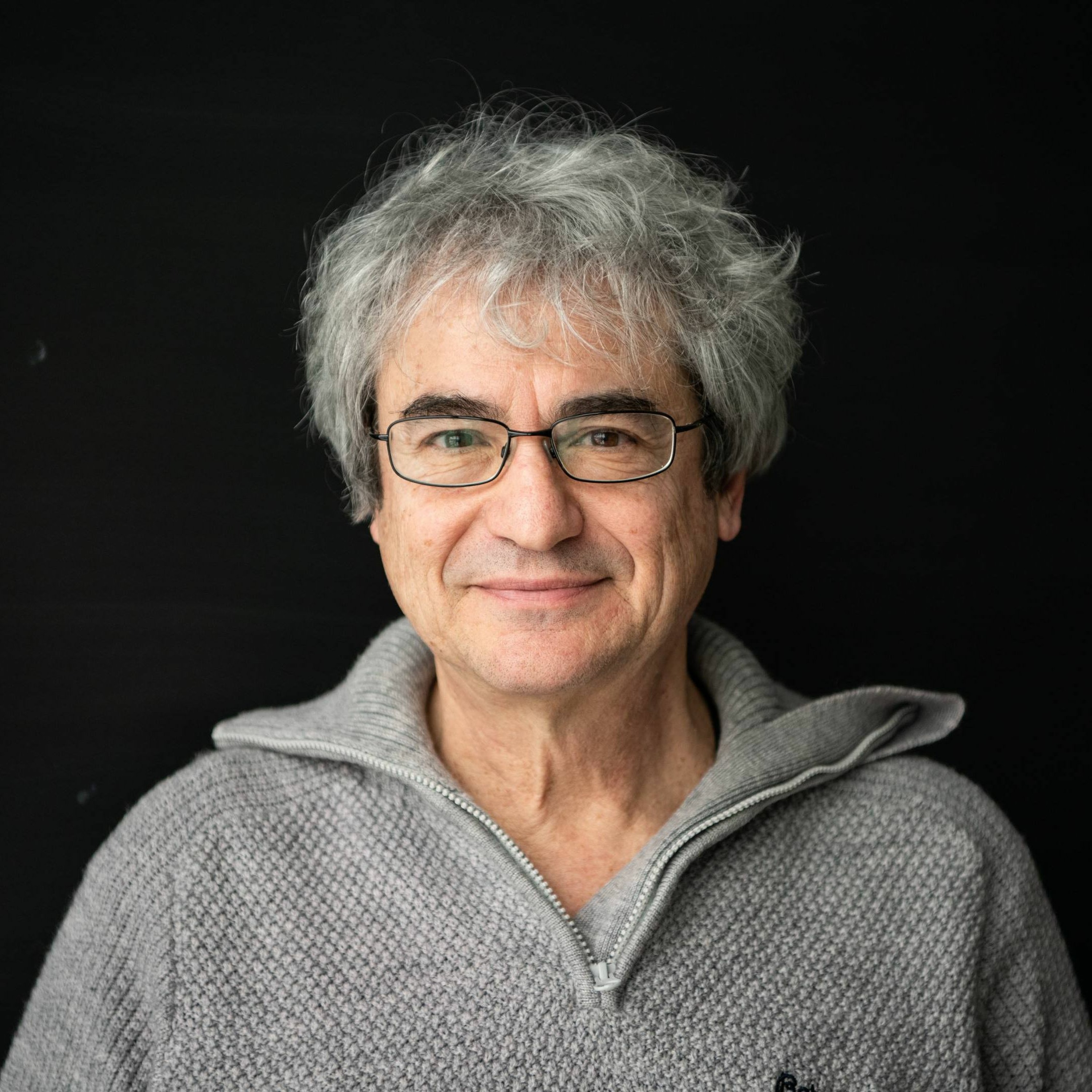
Bridging the Gaps: A Portal for Curious MindsTime, Space and Nature of Reality through the Lens of Quantum Theory with Dr Carlo RovelliWhat is time? Is time real or just an illusion? Time is an enigma, a mystery that never ceases to perplex us. Philosophers, poets, painters and thinkers have long debated its significance, while scientists have discovered that its structure differs from our intuitive understanding of it. Our view of time has changed dramatically throughout the years, from Boltzmann to quantum theory, and from Einstein to loop quantum gravity. In the huge cosmos, time moves at various speeds in different places, the past and future differ considerably less than we might assume, and the whole concept of the present vanishes. In...
2021-06-131h 00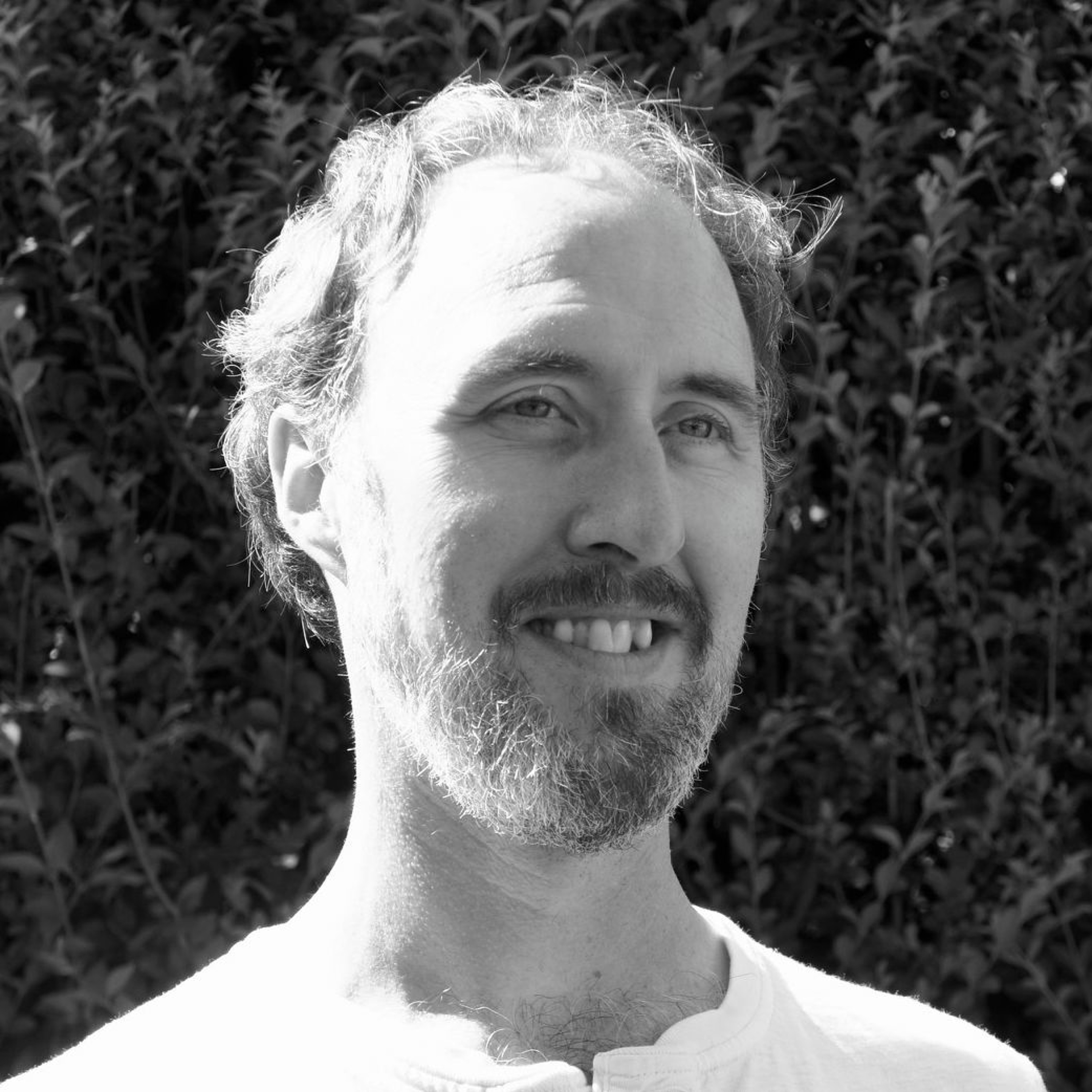
Bridging the Gaps: A Portal for Curious MindsThe Spike: Journey of Electric Signals in Brain from Perception to Action with Prof. Mark HumphriesNeurons are the fundamental building blocks of the brain. In the human brain, billions of these neurons communicate and liaise with one another using spikes, blips of electric voltages. Studying and understanding how these spikes emerge in the brain, how they travel through the brain and how this communication leads to meaningful actions are part of the cutting edge research in the field of neuroscience. In this episode of Bridging the Gaps I speak with professor Mark Humphries and discuss the research that he presents in his new book “The Spike: An Epic Journey Through The Brain in 2.1 Seconds”. This is a...
2021-06-071h 03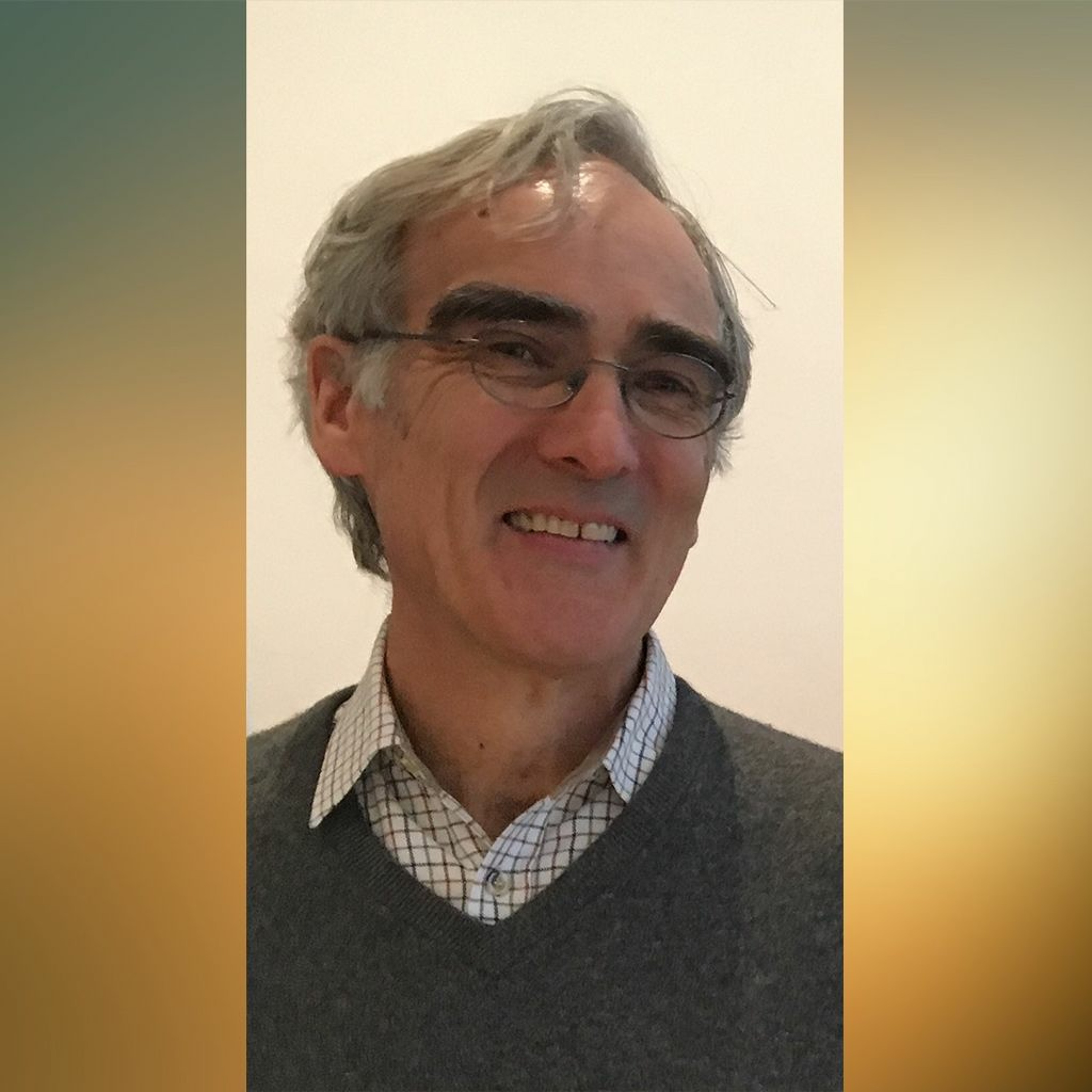
Bridging the Gaps: A Portal for Curious MindsHistory of Information with Professor Paul DuguidOver centuries “information has shaped and been shaped by human society”, writes professor Paul Duguid at the start of the book “Information: A Historical Companion”. Duguid is one of the editors of this book that reconstructs the rise of human approaches to creating, managing, and sharing facts and knowledge. The book is organised as thirteen long form chapters and more than hundred short form entries in a list of thematic objects, tools and concepts that are critical for our understanding of information. Each long-form chapter discusses the role of information at an important point in time in the history, at a partic...
2021-04-1949 min
Bridging the Gaps: A Portal for Curious Minds"On Task: How Our Brain Gets Things Done" with Professor David BadreNeural mechanisms in the human brain that are responsible for generating and keeping track of plans, and influencing a cascade of brain states that can link our goals with the correct actions are known as Cognitive Control. These mechanisms and processes enable us to transform plans and goals into actions. Cognitive Control, also known as Executive Control inhibits automatic responses and supports flexible, adaptive responses and enables sophisticated actions to achieve desired goals. From making a cup of coffee to buying a house, from planning a trip to a shopping mall to outlining a career path, humans are uniquely able...
2021-02-0954 min
Bridging the Gaps: A Portal for Curious Minds"Philosophy & Ethics of Technology" with Professor Peter-Paul VerbeekPhilosophical reflection on technology is not new, it is about as old as philosophy itself. However, as the impact of technology on everyday human life and on society keeps increasing, and new and emerging technologies permeate nearly every aspect of our daily lives, it is crucial that human-technology relationships are studied extensively and understood thoroughly. In this episode of Bridging the Gaps, I speak with philosopher Professor Peter-Paul Verbeek who suggests that human-technology relationships should be studied by focusing on how technologies mediate our actions and our perceptions of the world.
Peter-Paul Verbeek is Distinguished Professor of Philosophy of Technology...
2021-01-3159 min
Bridging the Gaps: A Portal for Curious Minds"A Passion for Ignorance" and for Denials and Negations with Professor Renata SaleclIgnorance, denials and negations have always been part of human experience. In this post-truth, post-industrial world, we often feel overwhelmed by the information and misinformation overload. Although we claim to live in an information age, consciously or unconsciously, actively or passively more and more we are choosing to ignore, deny and negate facts and valid opinions. In this episode of Bridging the Gaps, I speak with philosopher and sociologist Professor Renata Salecl and we this discuss this “passion for ignorance”. In her recent book “A Passion for Ignorance: What We Choose Not to Know and Why” Renata Salecl explores how the pass...
2020-10-2641 min
Bridging the Gaps: A Portal for Curious MindsIntriguing Science of Sense of Smell with Professor Matthew CobbSense of smell is the process of creating the perception of smell. Animals use smell for a range of essential functions such as to find food or a mate, to sense danger and to send and receive signals and complex messages with other members of a species. Despite being so fundamental for all animals, including us, the sense of smell remains mysterious. We understand far less about this sense than we know about other senses. In this episode of Bridging the Gaps I speak with Professor Matthew Cobb and we explore this fascinating topic. In his recent book “Smell: Very Sh...
2020-10-131h 00
Bridging the Gaps: A Portal for Curious Minds"Exploring the Mysteries of Our Universe's First Seconds" with Dr Dan HooperScientists now have a good understanding of how our universe evolved over the past 13.8 billion years, but we know very little about what happened in the first few seconds after the Big Bang. Dr Dan Hooper, a senior scientist at Fermi National Accelerator Lab and a professor of astronomy and astrophysics at the University of Chicago, emphasises that understanding the earliest moments of the universe is vital to tackle, and to decipher mysteries such as dark matter and dark energy. In his book “At the Edge of Time: Exploring the Mysteries of Our Universe’s First Seconds” Hooper outlines four founda...
2020-09-2056 min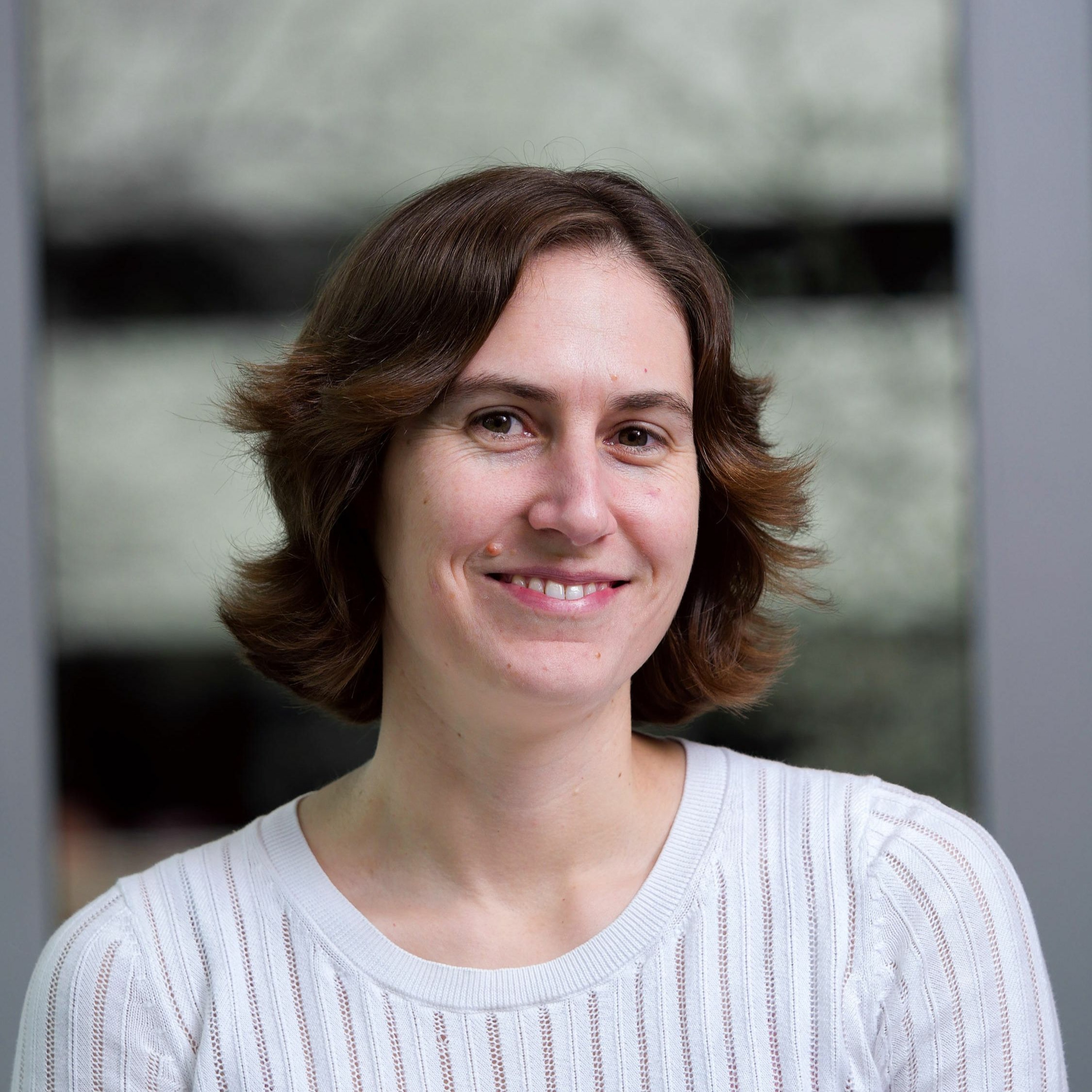
Bridging the Gaps: A Portal for Curious Minds"The End of Everything (Astrophysically Speaking)" with Dr Katie MackThroughout history philosophers, poets and explorers have been pondering upon and debating the question that what the long term future of our universe would be. The focus has been on two intriguing perspectives: would the universe continue to exist forever or would it end at some point in time in future. Modern scientists seem to be in agreement that in the distant future the world will end; our universe will die. At that time, humanity might still exist in many unrecognizable spinoff forms, venturing out to distant space, finding new homes and building new civilizations. But the death of the...
2020-08-2753 min
Bridging the Gaps: A Portal for Curious MindsArtificial Intelligence: Fascinating Opportunities & Emerging Challenges with Professor Bart SelmanResearch and development in the field of Artificial Intelligence is progressing at an amazing pace. These developments are moving beyond simple applications such as machine vision, autonomous vehicles, natural language processing and medical diagnosis. Future AI systems will be able to use reasoning to make decisions; will employ innovative models of non-human intelligence; will augment human intelligence through human centric AI Systems. These systems will enable us to discover solutions to scientific and social problems, and will enable us to understand the physical world around us that has never been possible up-to this point in time. In this episode of...
2020-08-1453 min
Bridging the Gaps: A Portal for Curious Minds"Philosophy of Information" and "Ethics of Information" with Professor Luciano FloridiInformation is a crucial concept. Its significance is evident by the fact that the present era is labelled as the information age. An intriguing question is: What is information? Although information is always around us, in the realm of digital artefacts and connectivity as well as in biological entities and processes, it is still an elusive concept. This is perhaps the hardest and most central problem that is the focus of a new area of research known as philosophy of information. This episode of Bridging the Gaps focuses on philosophy of information, and touches upon a number of relevant concepts...
2020-07-051h 03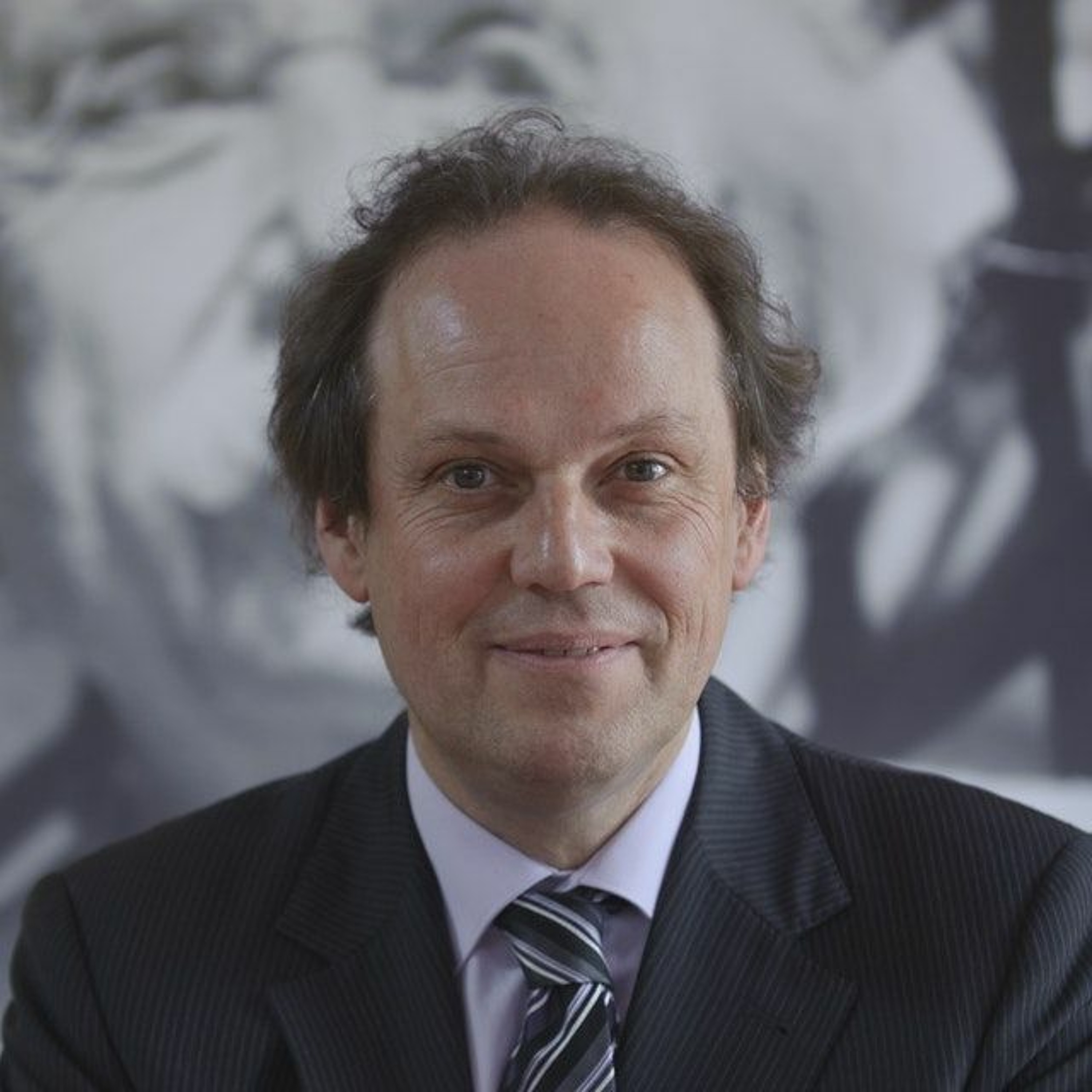
Bridging the Gaps: A Portal for Curious Minds"The Evolution of Knowledge: Rethinking Science for The Anthropocene" with Professor Jürgen RennMost history of science publications narrowly focus on specific periods in human history, or particular disciplines of scientific discovery, or small sets of scientists and philosophers. However there is a view that history of science can be better understood against the background of a history of knowledge including not only theoretical but also intuitive and practical knowledge. This can be further broadened by including cognitive, material and social dimensions of knowledge. Studying how knowledge structures are formed and evolve as knowledge spreads should further enrich our understanding of development and progress of science and technology. In his new book “ The Ev...
2020-06-021h 04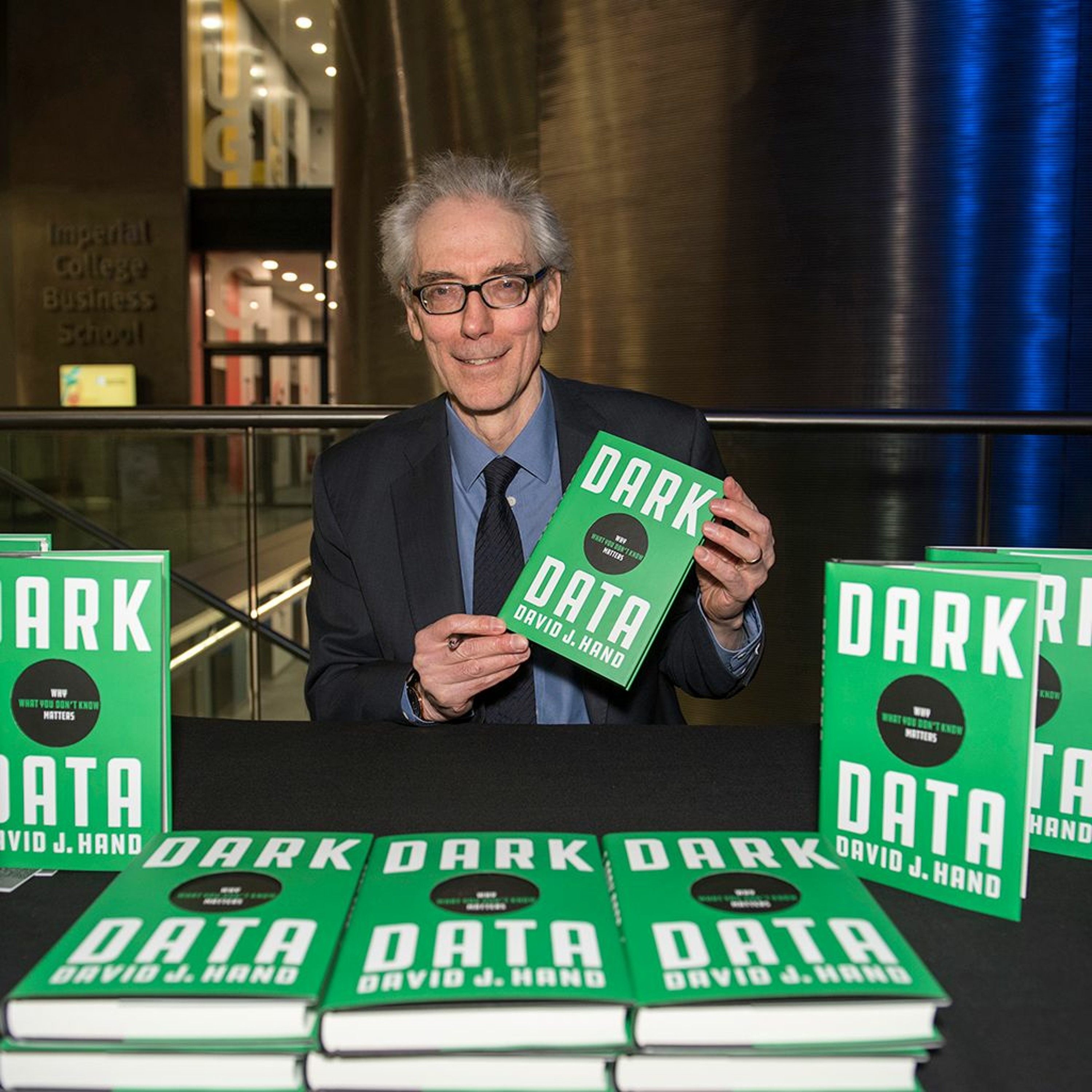
Bridging the Gaps: A Portal for Curious Minds"Dark Data: Why What You Don't Know Matters" with Professor David HandIn the era of big data and super-fast information capturing and processing systems, it is easy to imagine that we have all the information that lead to actionable insights, that we need to make good decisions. However, according to David Hand, Emeritus Professor of Mathematics and Senior Research Investigator at Imperial College London, the data we have are never complete. Just as much of the universe is composed of dark matter, invisible to us but nonetheless present, the universe of information is full of dark data that we overlook at our peril. In his new book “Dark Data: Why What Yo...
2020-03-1143 min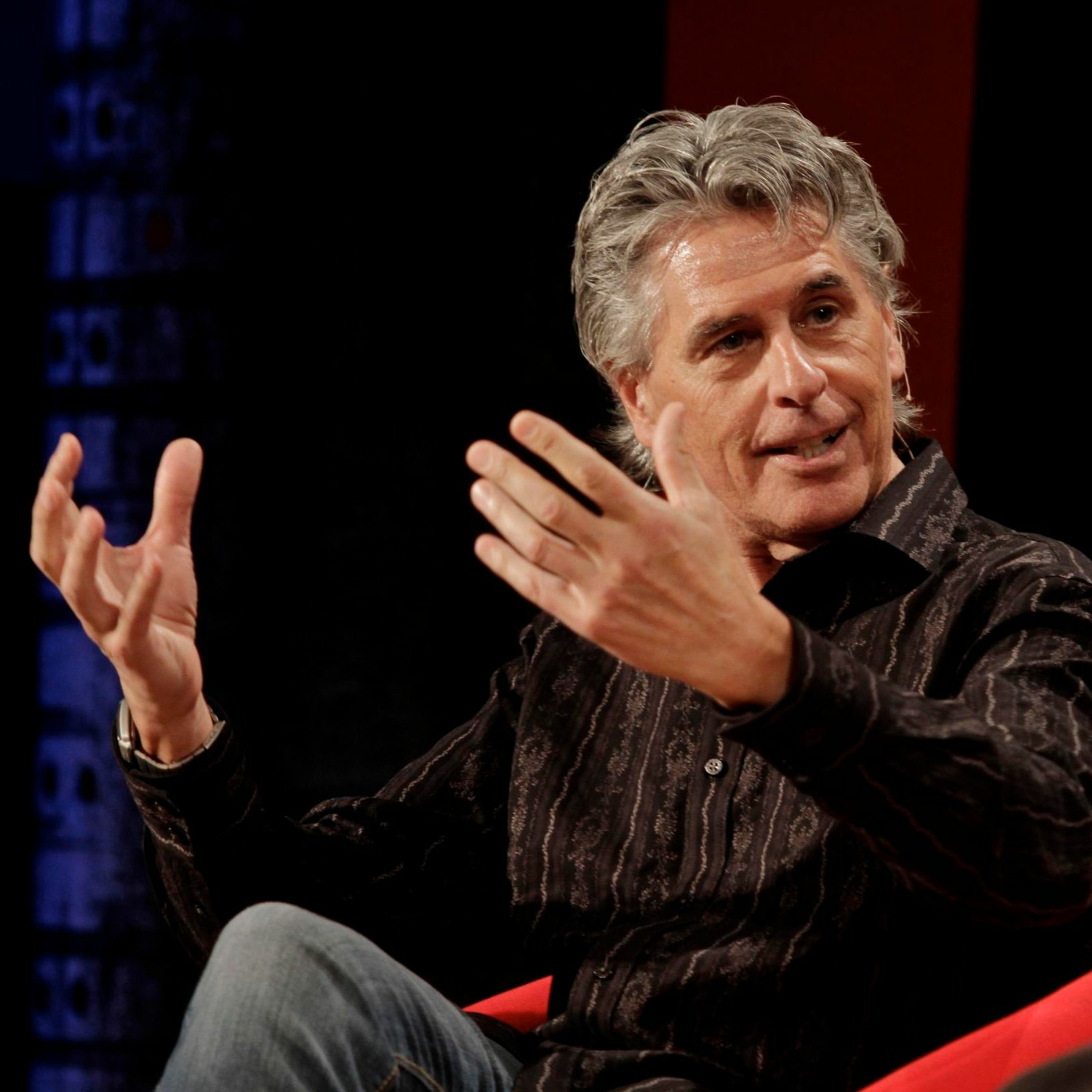
Bridging the Gaps: A Portal for Curious MindsOrigin Of Mathematics and Mathematical Thinking with Dr Keith DevlinMathematics is everywhere. We use numbers, quantities, values and measurements almost all the time. Counting and quantifying is part of almost everything that we do.
An interesting question is how did it all start. When did humans start thinking mathematically and what is the origin of mathematical thinking. As we start tacking these questions, we stumble upon few more queries: how did our brain evolve to do mathematics; what are fundamental capacities that enable humans to do mathematical thinking; what are major milestones in the evolution of mathematical thinking and in the history of mathematical innovations; is mathematics discovered or...
2020-03-0256 min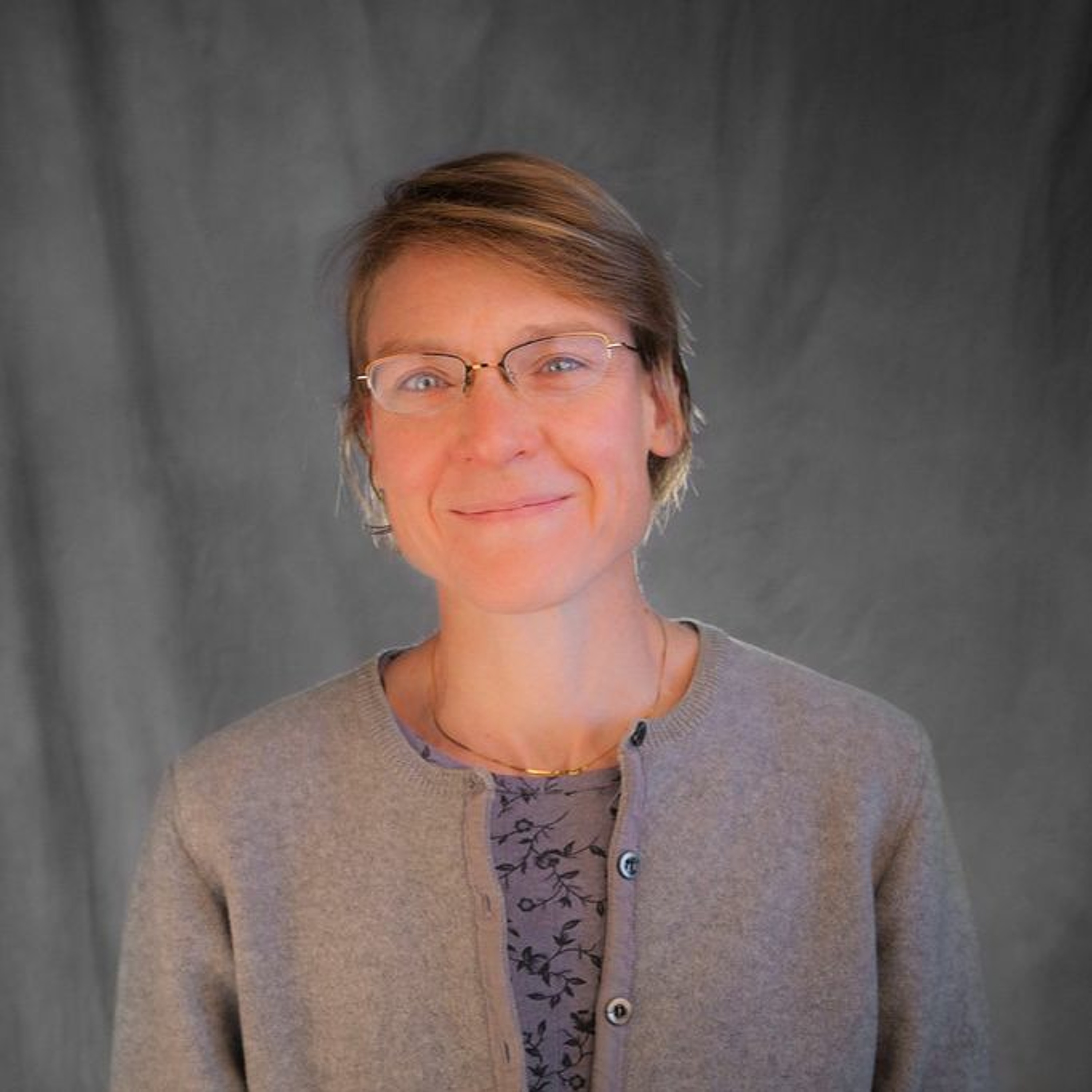
Bridging the Gaps: A Portal for Curious MindsTimefulness: Thinking Like a Geologist with Professor Marcia BjornerudOur planet’s history, from its initial formation to present day, spans over a long period of time. It is not easy to conceptually imagine such a large timescale and most of us adopt a narrow perspective of temporal proportion. This constricted view, according to professor Marcia Bjornerud underlies many of the environmental problems we are creating for ourselves. The lifespan of Earth can seem unfathomable compared to the brevity of human existence, but a narrow view of time makes it difficult for us to understand our roots in Earth’s history and the magnitude of our impact on the plan...
2019-12-0439 min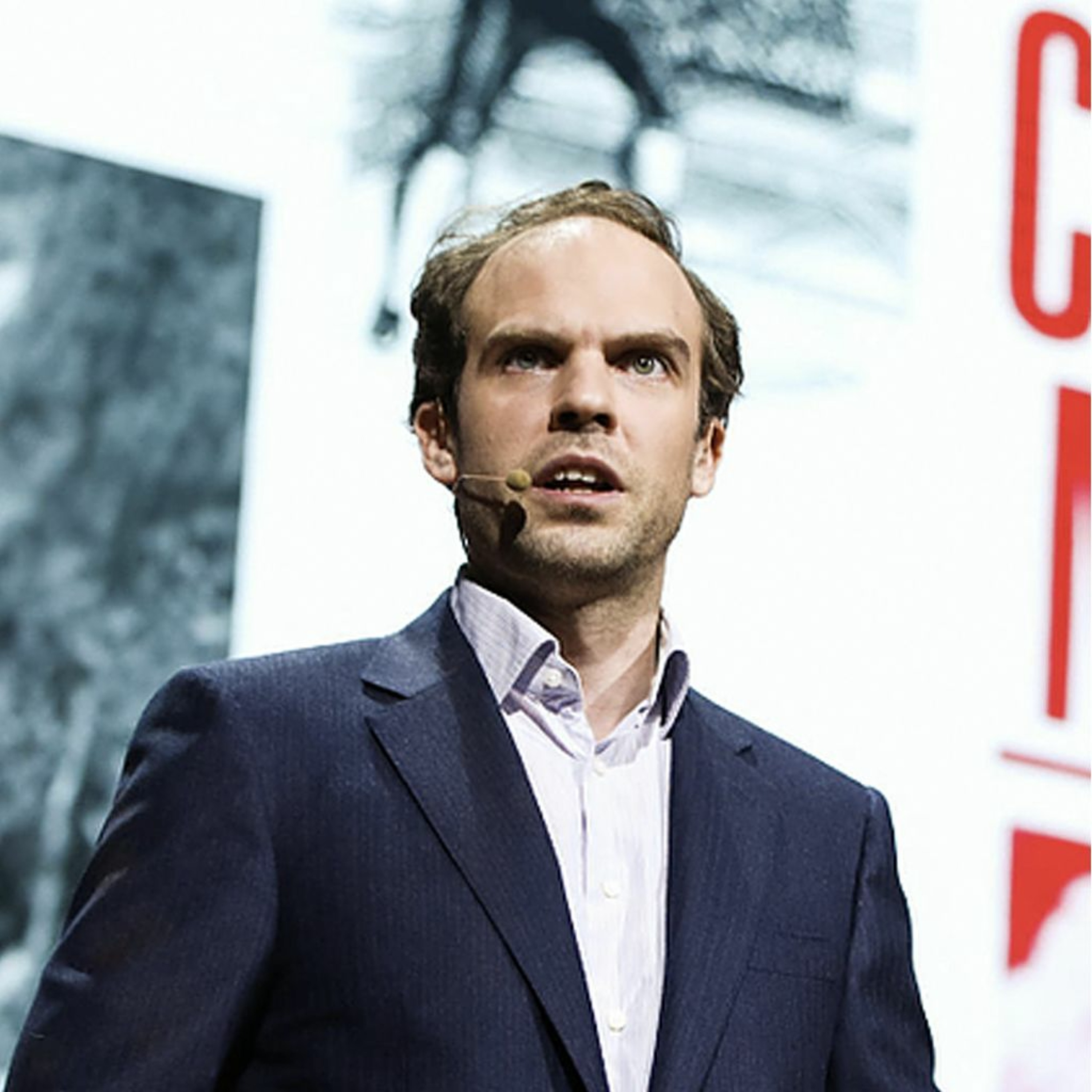
Bridging the Gaps: A Portal for Curious Minds"The Technology Trap" and the Future of Work with Dr Carl FreyAn intriguing set of questions that is being explored by researchers across the globe and is being discussed and brainstormed in various organisations and think tanks is: “what is the future of work”; “how forthcoming AI and Automation revolution will impact on the nature and structure of work”; and “what would be the impact of these changes on the fabric of society from social, economic and political perspectives”.
In a 2013 study “The Future of Employment: How Susceptible are Jobs to Computerisation?” researchers Dr Carl Benedikt Frey and Dr Michael Osborne made an important observation: about 47% jobs in the US will be lost to autom...
2019-10-2246 min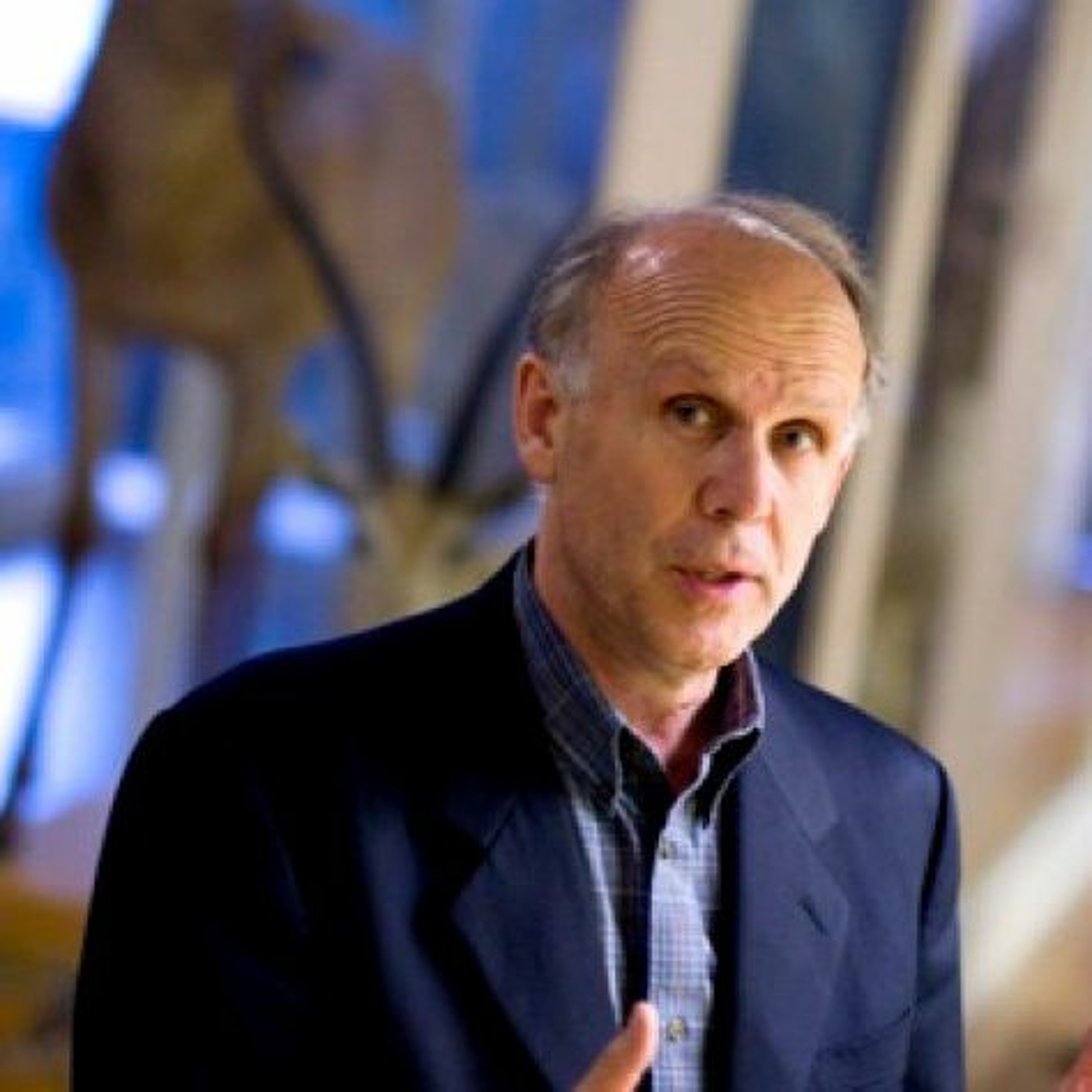
Bridging the Gaps: A Portal for Curious MindsHow Cooking Made Us Human with Professor Richard WranghamHumans are the only animals that cook their food. One of the implications of cooking food, as noted by Oliver Goldsmith is, “of all other animals we spend the least time in eating”. In a ground-breaking theory of our origins, primatologist Richard Wrangham argues that the shift from raw to cooked food was a key factor in human development. When our ancestors adapted to using fire, humanity as we know it, began. Wrangham notes that as a result of eating cooked food, the human digestive tract shrank and the brain grew. Eating cooked plants or meat makes digestion easier and the...
2019-07-2143 min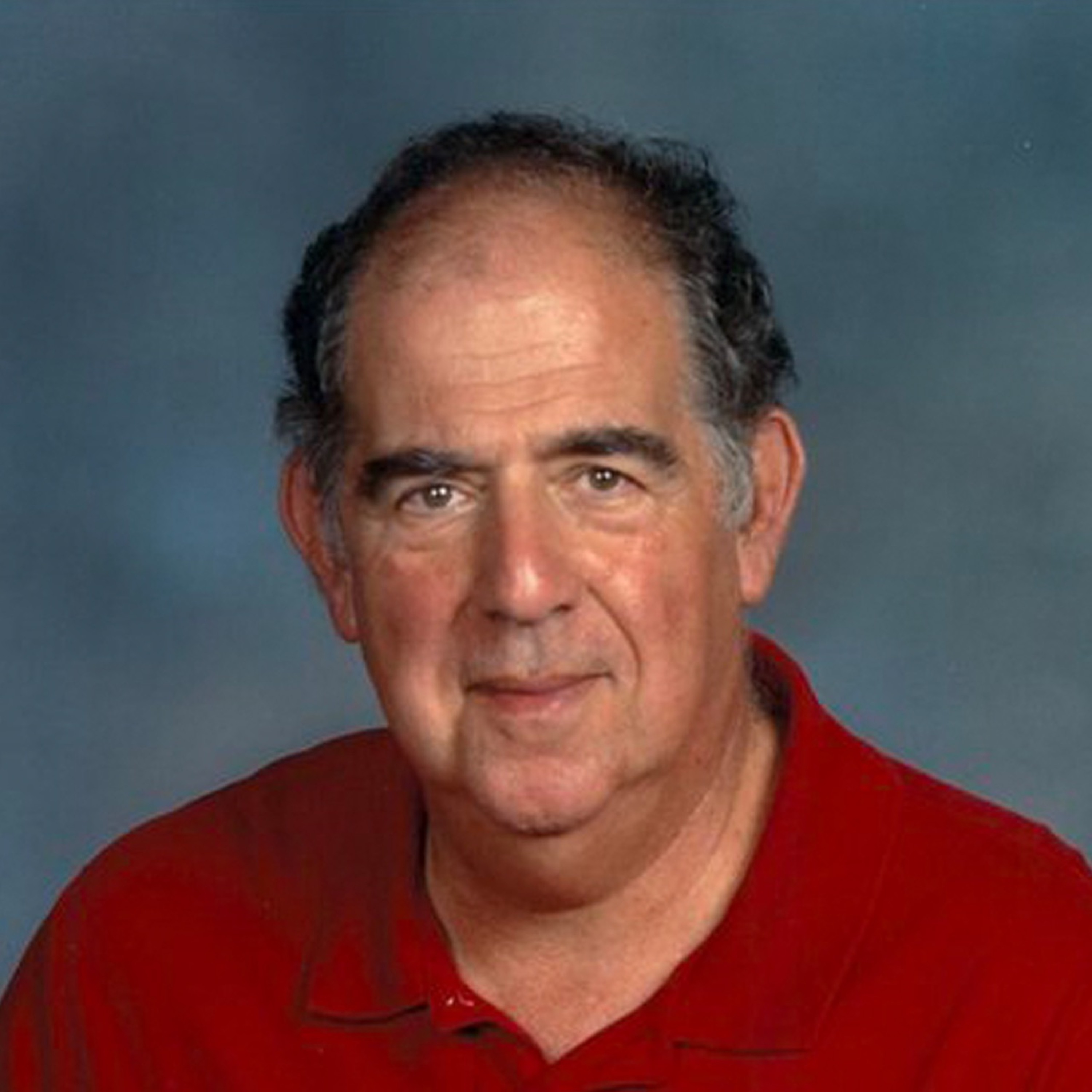
Bridging the Gaps: A Portal for Curious MindsSpitzer Space Telescope: Discovering "More Things in the Heavens" with Michael WernerSince 2003, in a unique Earth-trailing orbit around the sun, the Spitzer Space Telescope has been observing in infrared an optically invisible universe dominated by dust and stars. Astronomers have been studying visible universe for thousands of years; however due to interstellar dust clouds and other obstructions to visible light, it was not possible to observe various regions of the universe. The Spitzer Space Telescope, the most sensitive infrared space observatory ever launched, has enabled us to study such optically obscure regions and processes in infrared. “The Spitzer Space Telescope has opened up a new window on the cosmos, yielding new pe...
2019-07-0254 min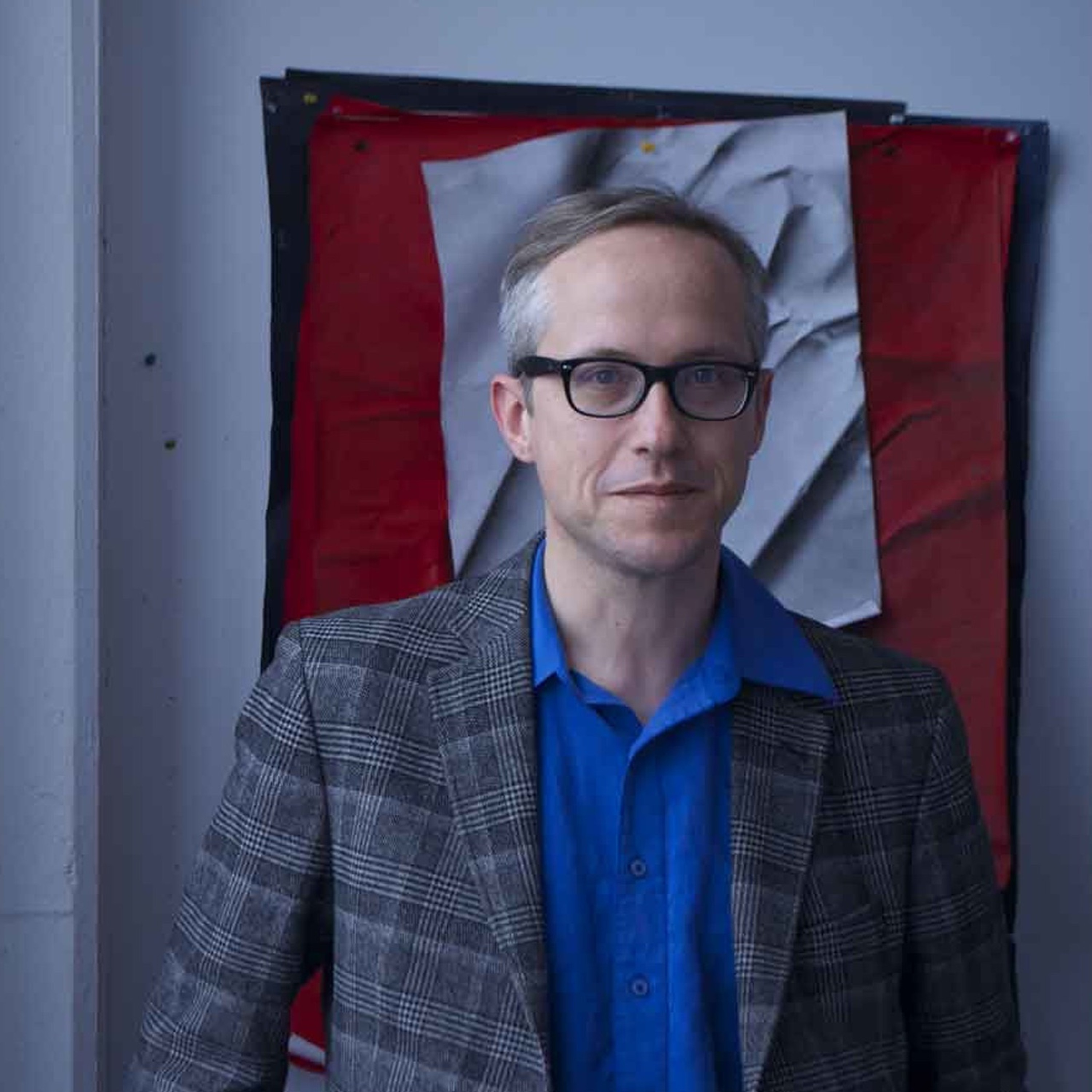
Bridging the Gaps: A Portal for Curious Minds"Irrationality: A History of the Dark Side of Reason" with Justin SmithIn his new book, "Irrationality: A History of the Dark Side of Reason" philosopher Justin Smith presents a fascinating narrative that reveals the ways in which the pursuit of rationality often leads to an explosion of irrationality. Smith, a professor of the history and philosophy of science at the University of Paris, acknowledges that we are living in an era when nothing seems to make sense. Populism is on the rise, pseudoscience is still around and there is no shortage of of conspiracy theories. Smith discusses the core of the problem that the rational gives birth to the irrational and...
2019-06-1652 min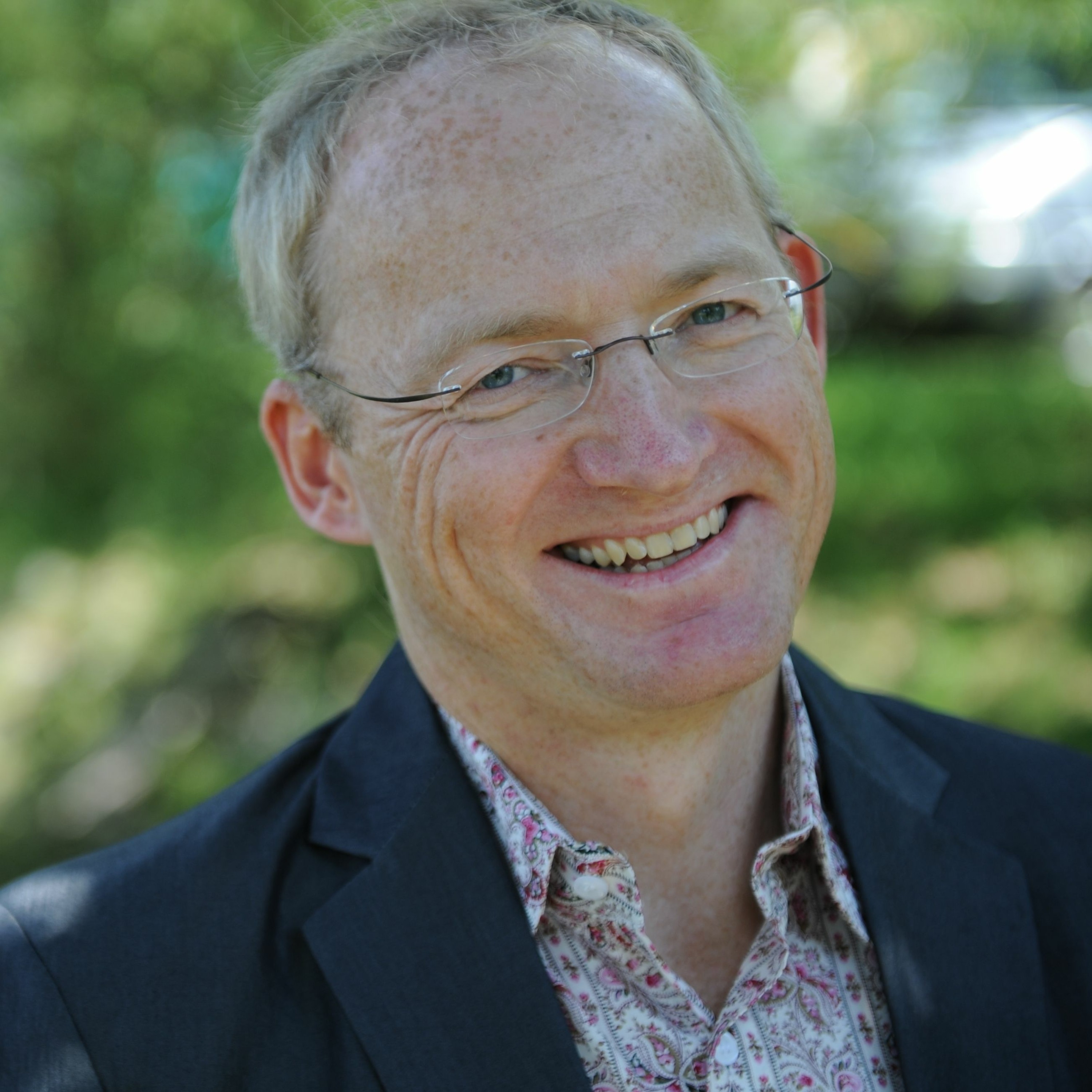
Bridging the Gaps: A Portal for Curious Minds"2062: The World That AI Made" with Professor Toby WalshProfessor Toby Walsh is a world leader in the field of artificial intelligence, and has spent his life dreaming about machines that might think. He is a Professor of AI at the University of New South Wales and leads a research group at Data61, Australia’s Centre of Excellence for ICT Research. In this episode of Bridging the Gaps Professor Toby Walsh discusses his latest book ““2062: The World That AI Made”.
By 2062 there will be huge developments in the field of Artificial Intelligence and some researchers believe that by that time we will have built machines as intelligent as us. But what...
2019-04-101h 01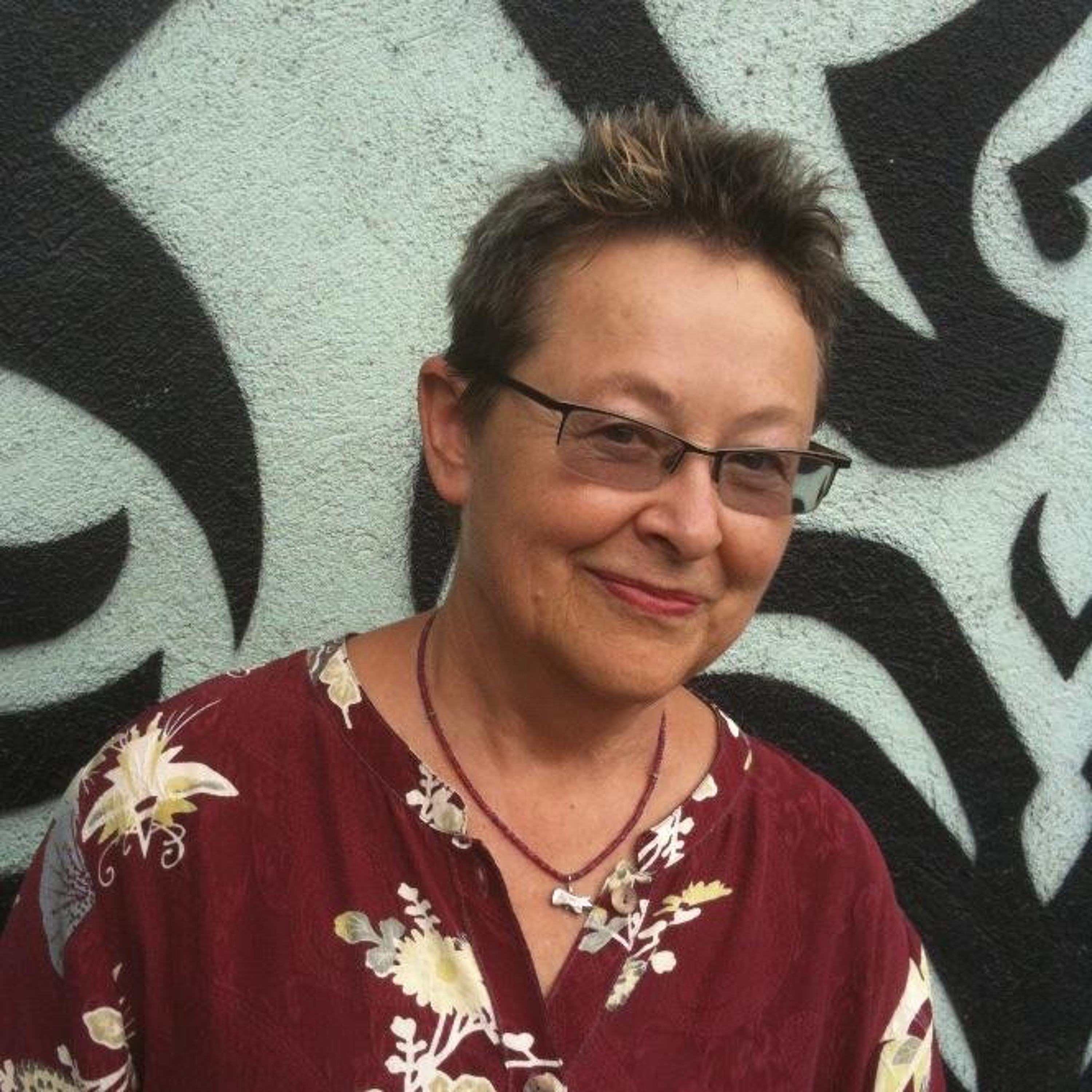
Bridging the Gaps: A Portal for Curious MindsRobots, Artificial Life and Technology Imagined by the Ancients with Adrienne MayorAdrienne Mayor is an author and historian of ancient science and human curiosity. She is a research scholar at Stanford University who investigates natural knowledge contained in pre-scientific myths and traditions. In this podcast Adrienne Mayor discusses the fascinating research that she presents in her book "Gods and Robots: Myths, Machines and Ancient Dreams of Technology".
This is a captivating account of the earliest expressions of the enduring urge to create machines that imitate life. Adrienne Mayor presents ancient Greek, Roman, Indian and Chinese myths and traditions that envisioned artificial life, robots and self moving contraptions. It is interesting to...
2018-12-1744 min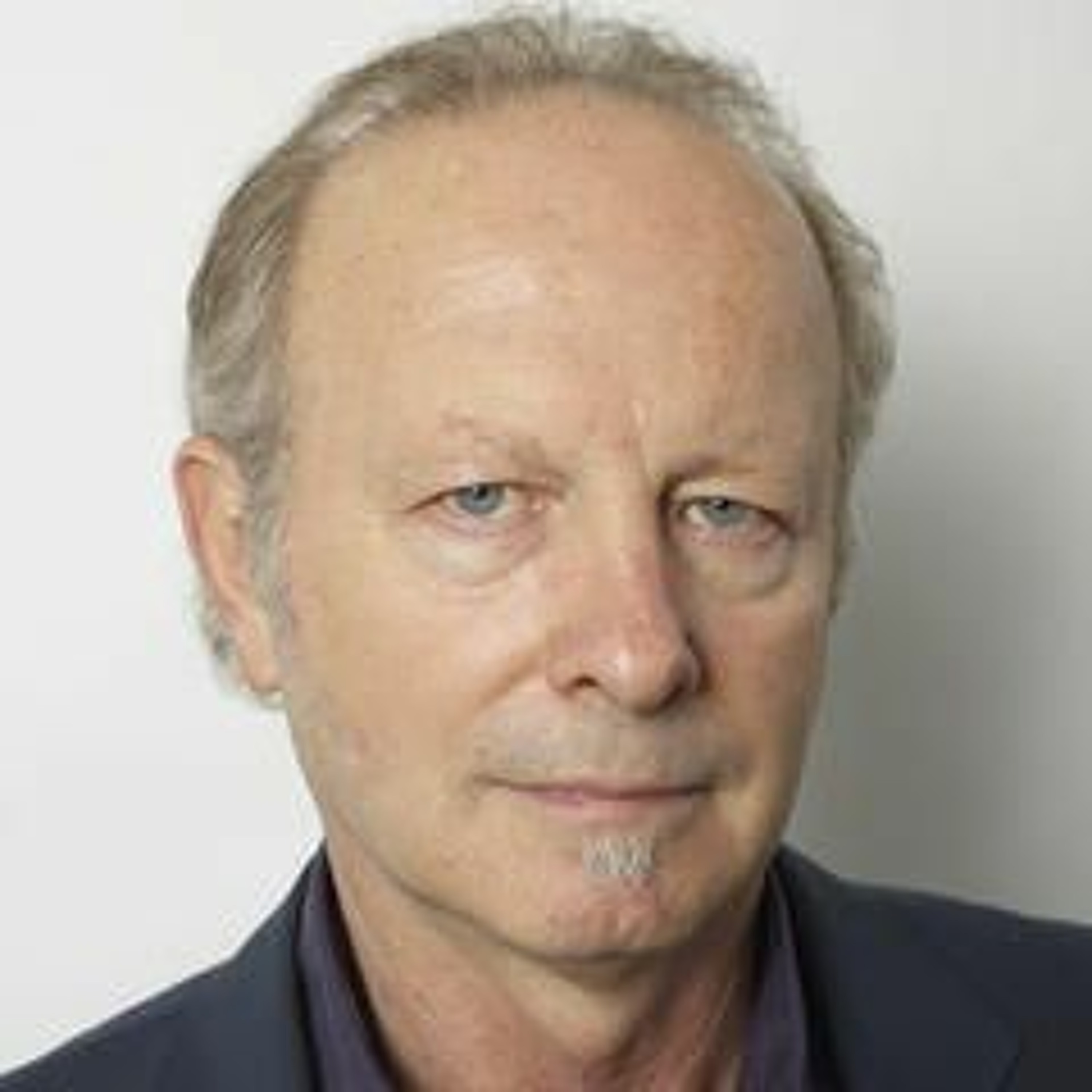
Bridging the Gaps: A Portal for Curious MindsOrigin of Human Emotions and Underlying Neurophysiological Functions with Professor Joseph LeDouxOrigin of Human Emotions and Underlying Neurophysiological Functions with Professor Joseph LeDoux by Dr Waseem Akhtar
2018-12-1146 min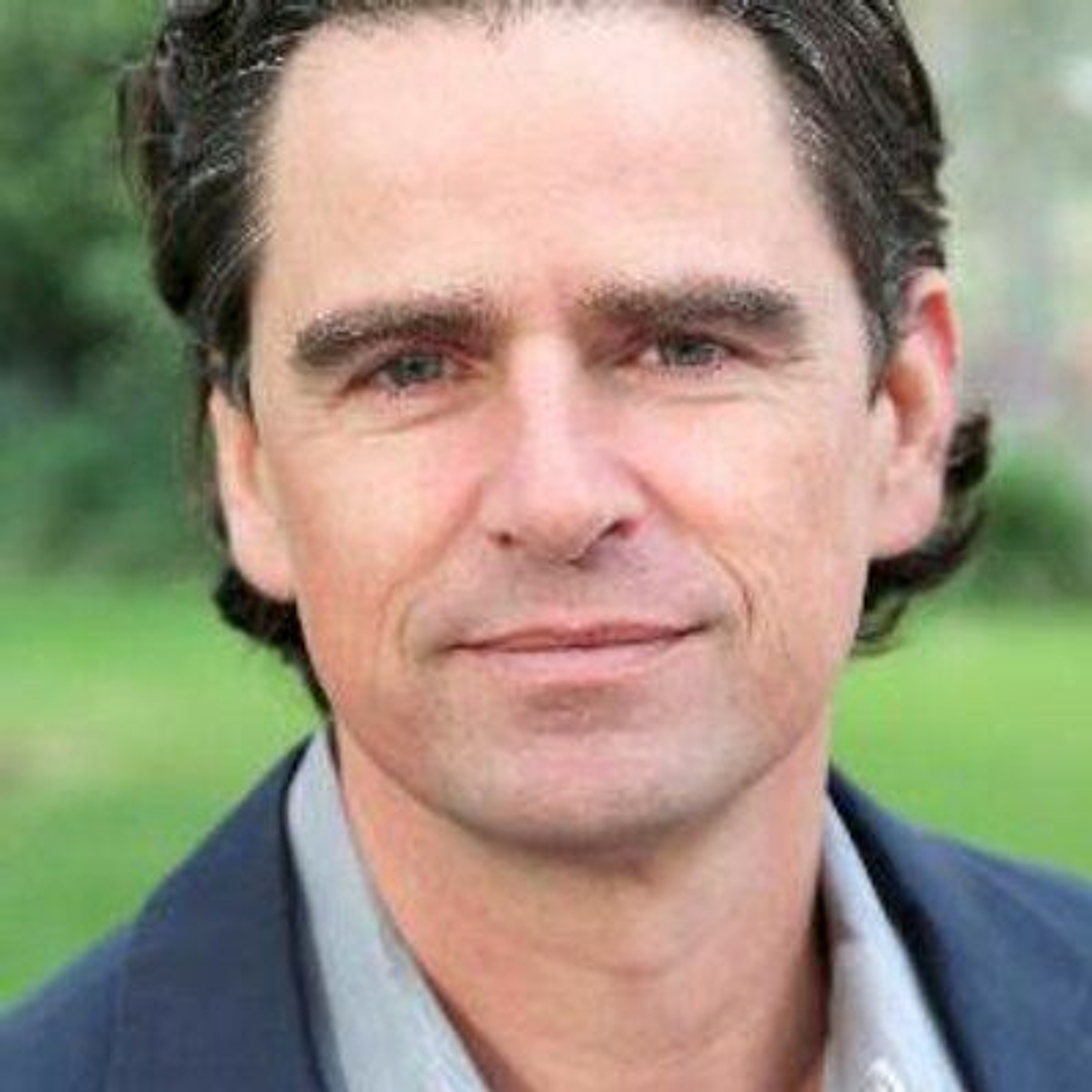
Bridging the Gaps: A Portal for Curious MindsA History of the Concept of Genius from Antiquity to the Modern Time with Professor Darrin McMohanA History of the Concept of Genius from Antiquity to the Modern Time with Professor Darrin McMohan by Dr Waseem Akhtar
2018-12-111h 01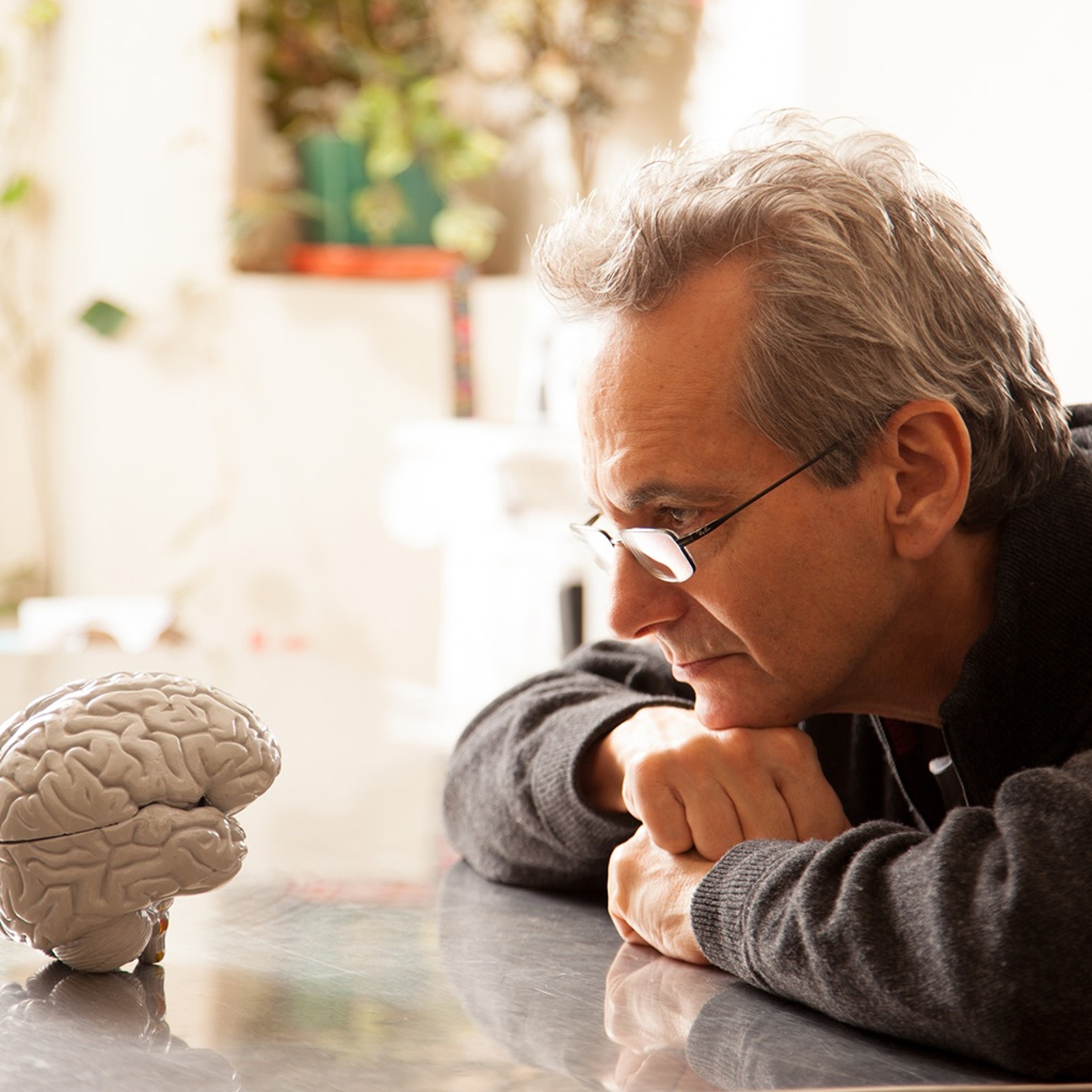
Bridging the Gaps: A Portal for Curious MindsMemory Slips, Ageing and Strategies For Keeping Brain Healthy with Dr Gary SmallMemory Slips, Ageing and Strategies For Keeping Brain Healthy with Dr Gary Small by Dr Waseem Akhtar
2018-11-1736 min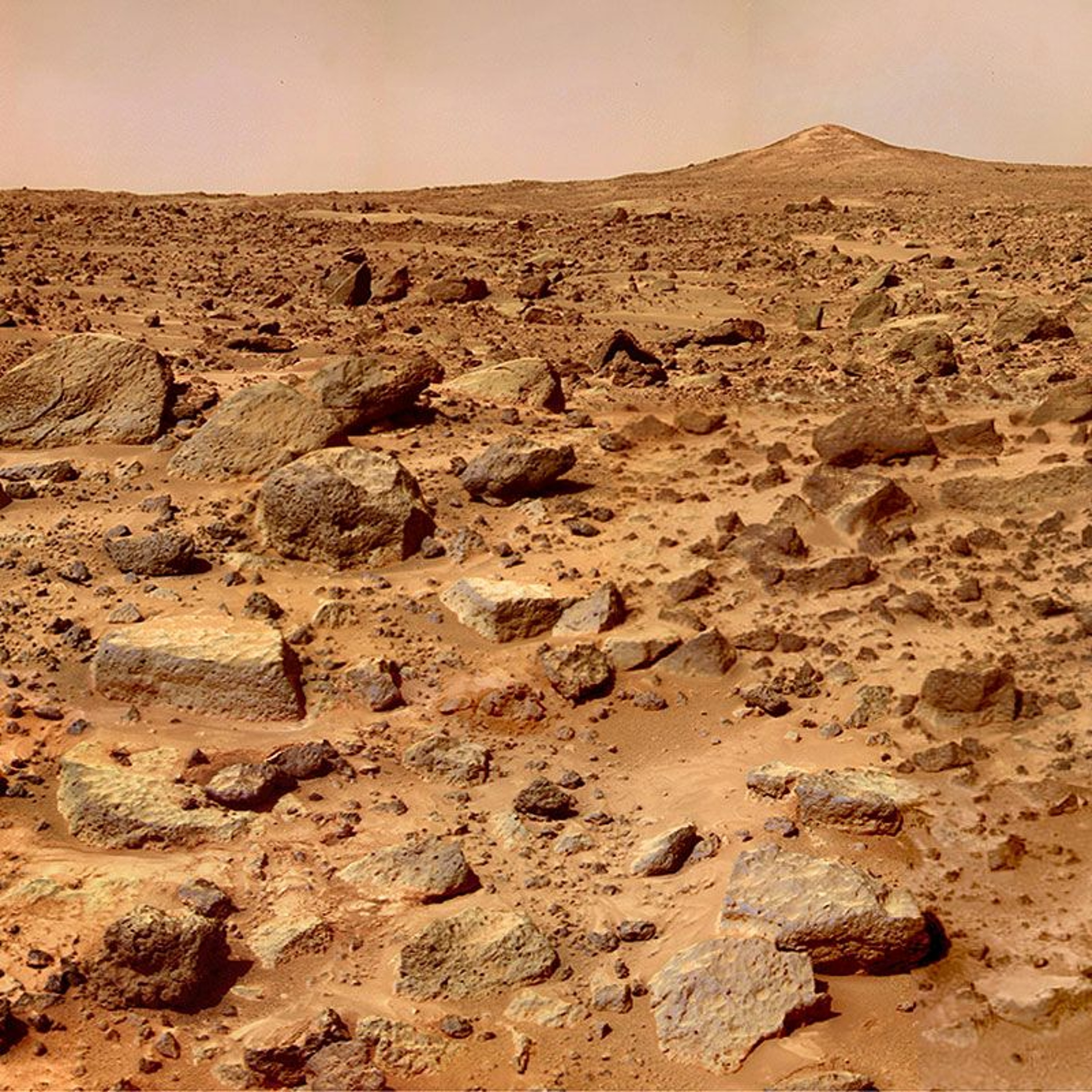
Bridging the Gaps: A Portal for Curious MindsPhoenix Mars Mission with NASA's Peter SmithPhoenix Mars Mission with NASA's Peter Smith by Dr Waseem Akhtar
2018-11-1730 min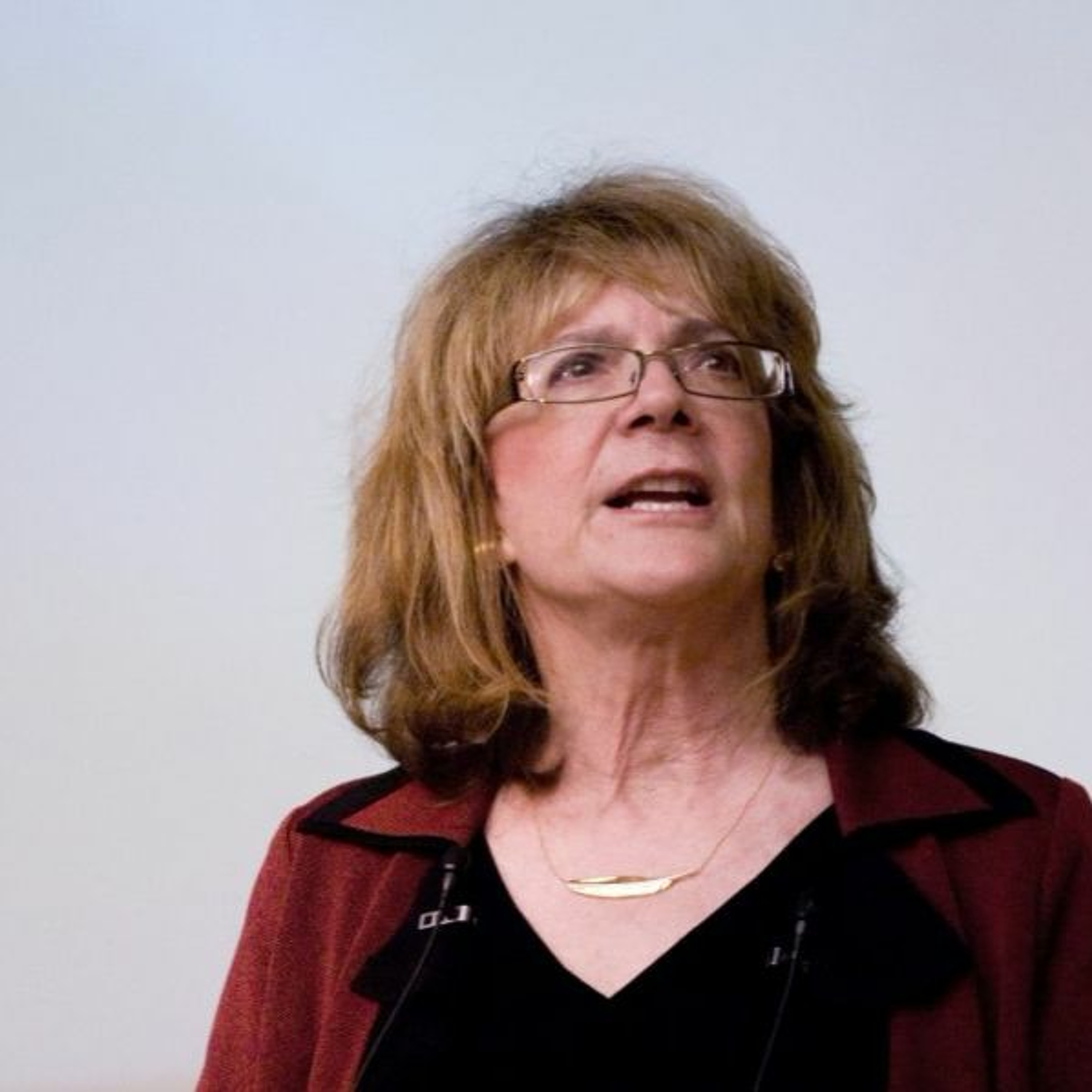
Bridging the Gaps: A Portal for Curious MindsFalse Memories, Misinformation Effect and Eyewitness Testimony: Professor Elizabeth LoftusFalse Memories, Misinformation Effect and Eyewitness Testimony: Professor Elizabeth Loftus by Dr Waseem Akhtar
2018-04-0242 min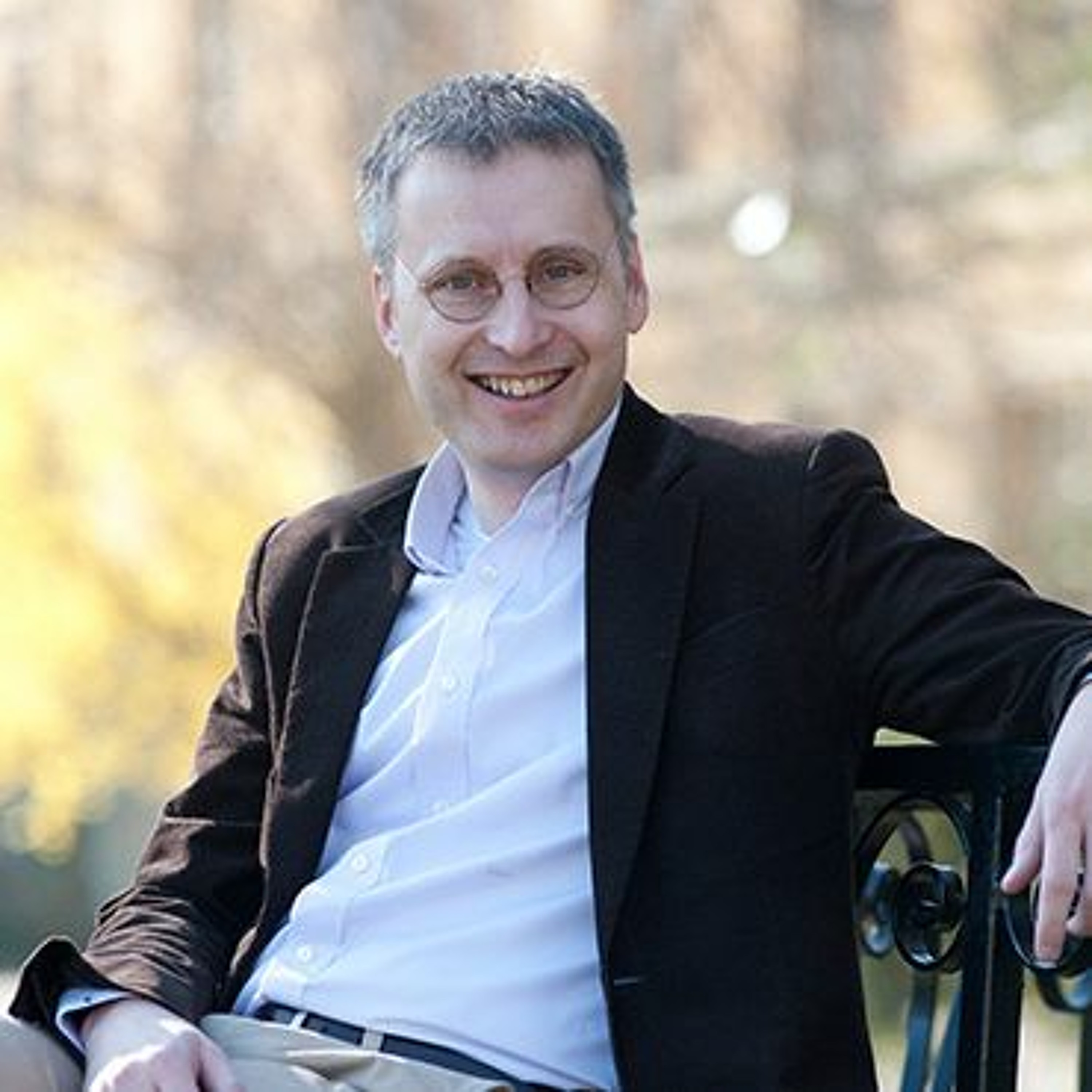
Bridging the Gaps: A Portal for Curious MindsDelete: The Virtue of Forgetting in the Digital Age with Professor Viktor Mayer-SchönbergerDelete: The Virtue of Forgetting in the Digital Age with Professor Viktor Mayer-Schönberger by Dr Waseem Akhtar
2018-02-1752 min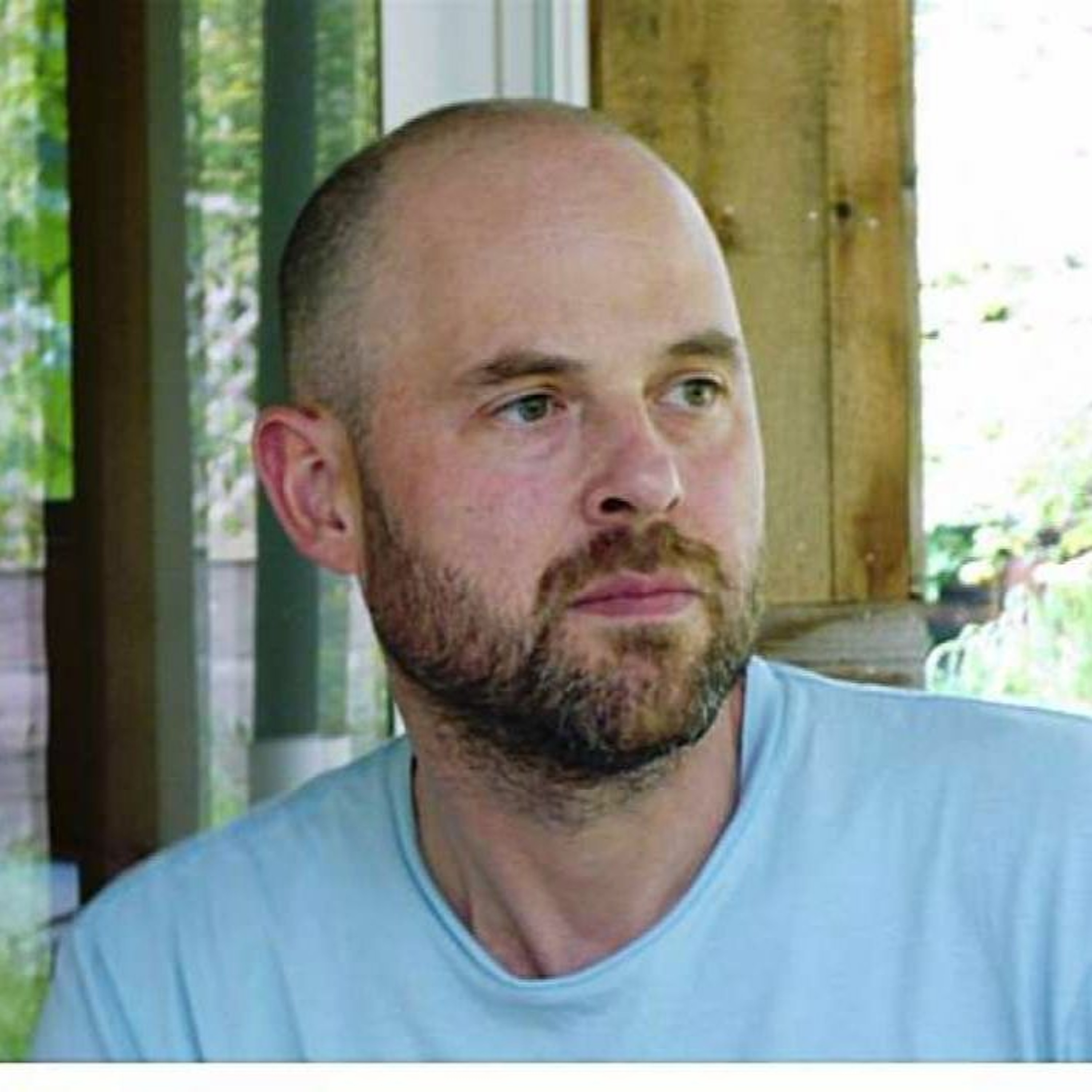
Bridging the Gaps: A Portal for Curious MindsWhy You Are Not Your Brain? A Conversation on Consciousness with Alva NoeHuman Consciousness is a fascinating research topic. Discussed previously in a number of Bridging the Gaps conversations, cutting edge research on consciousness – an ungrasped concept and an unsolved problem in science today – will keep appearing here at this Portal for Curious Minds.
It is widely accepted that consciousness arises as an emergent property of the human mind. An important question is where does consciousness arise; does this arise from a single seat in the brain or is this a distributed phenomenon involving various interconnected parts and networks of the brain. Whatever is the answer to this question, most researchers relate this...
2017-04-2452 min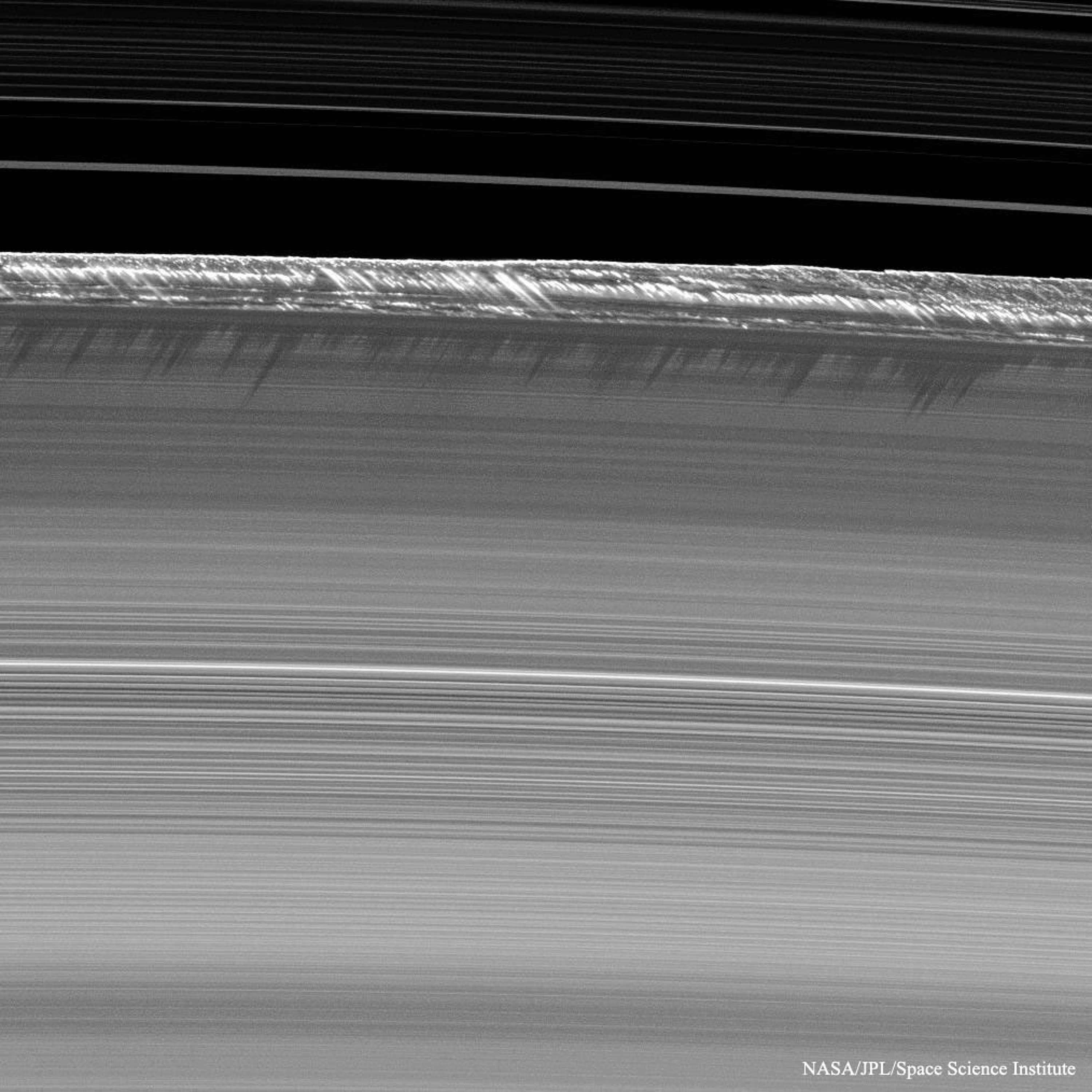
Bridging the Gaps: A Portal for Curious MindsEverything a Curious Mind Should Know About Planetary Ring Systems: Dr Mark Showalter @ BTGWhen Galileo pointed his telescope towards Saturn (circa 1610), he was not able to fully understand what was around the planet; in 1659 Christian Hygen published a drawing of the rings of Saturn and suggested there was thin, flat ring around the planet. He observed that the ring was inclined to the ecliptic and didn’t touch the planet.
In 1675, Giovanni Domenic Cassini described that Saturn’s ring was composed of multiple smaller rings with gaps between them. In 1787, Pierre-Simon Laplace suggested that the rings were composed of a large number of solid ringlets. Research on the rings around Saturn continued and in 1...
2016-11-2745 min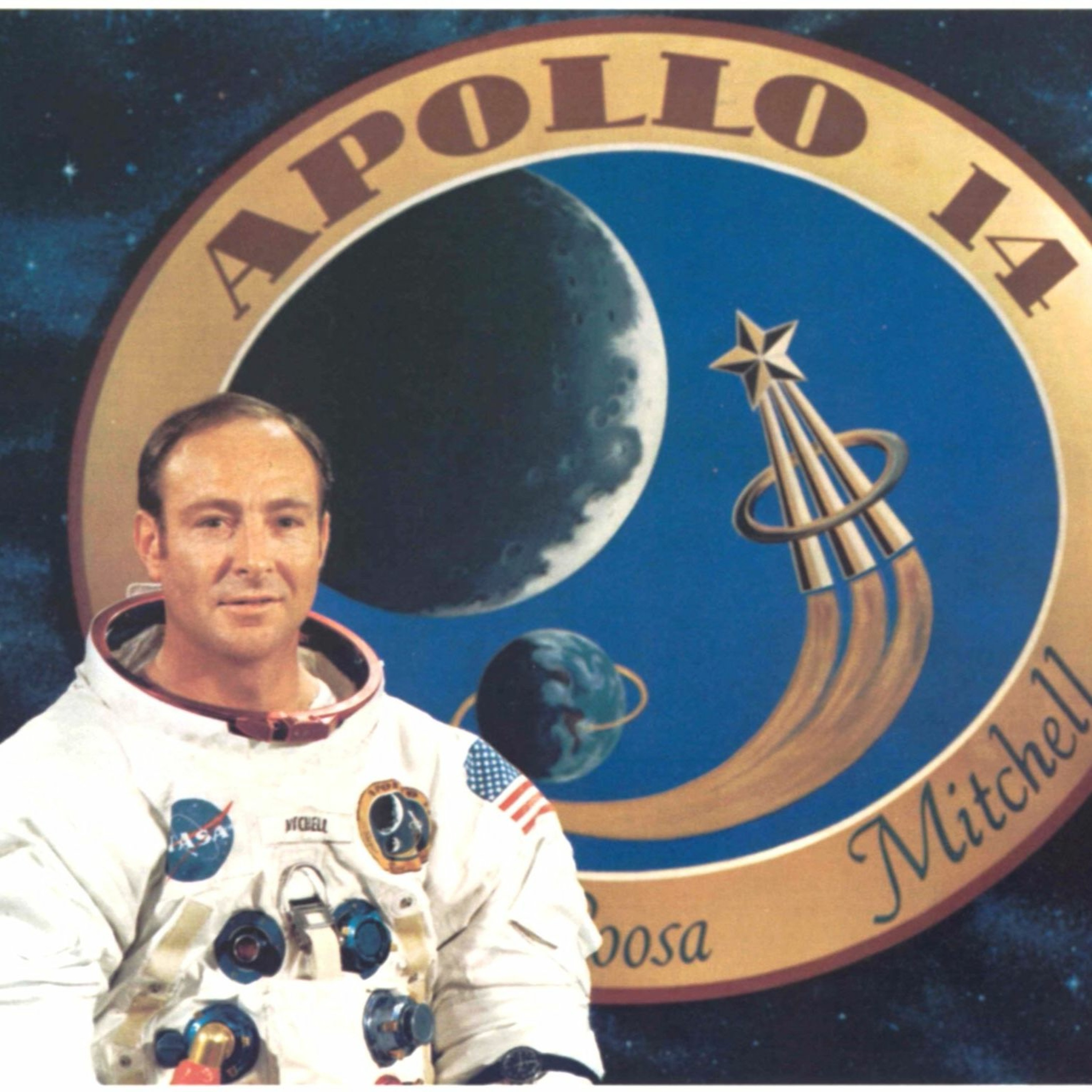
Bridging the Gaps: A Portal for Curious MindsA Conversation with Dr Edgar Mitchell, Apollo 14 Astronaut and Sixth Person to Walk on the MoonDr Edgar Mitchell discusses his journey to the moon on board Apollo 14 in this very interesting conversation at Bridging the Gaps. He describes when and how he joined NASA, talks about the "Original 19" and discusses interesting details of his mission to the moon, and ten hours that he spent on the lunar surface. He also touches upon the incident with Apollo 13.
In this podcast we also discuss Dr Mitchell's two books: The Way of the Explorer and Psychic Exploration. Dr Mitchell talks about a number of concepts that he presents in his books; some of these views are considered controversial...
2016-11-0646 min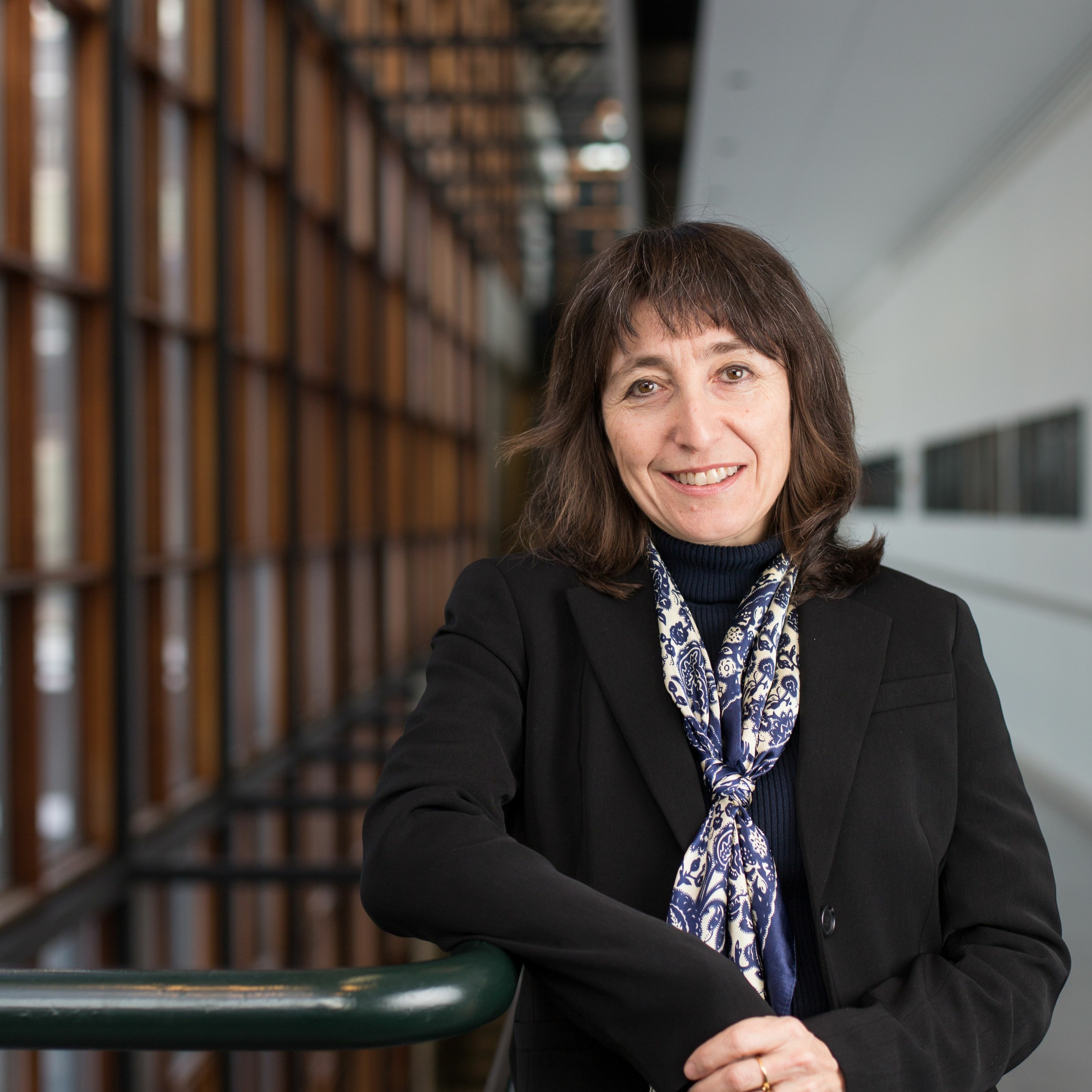
Bridging the Gaps: A Portal for Curious MindsGiant Magellan Telescope: Past, Present and Future of Space Exploration with Ground Based TelescopesAn in-depth conversation with Professor Wendy Freedman on the topic of space exploration with ground based telescopes. We discuss the history of space exploration using ground based telescopes, and try to imagine the future that what is next. Professor Wendy Freedman gives a detailed description of the features of the Giant Magellan Telescope, a ground based extremely large telescope under construction. We discuss the challenges involved in constructing the GMT and talk about the research opportunities that this extremely large telescope, once completed, will present.
Professor Wendy Freedman is one of the world’s most influential astronomers. Freedman is a pr...
2016-10-1354 min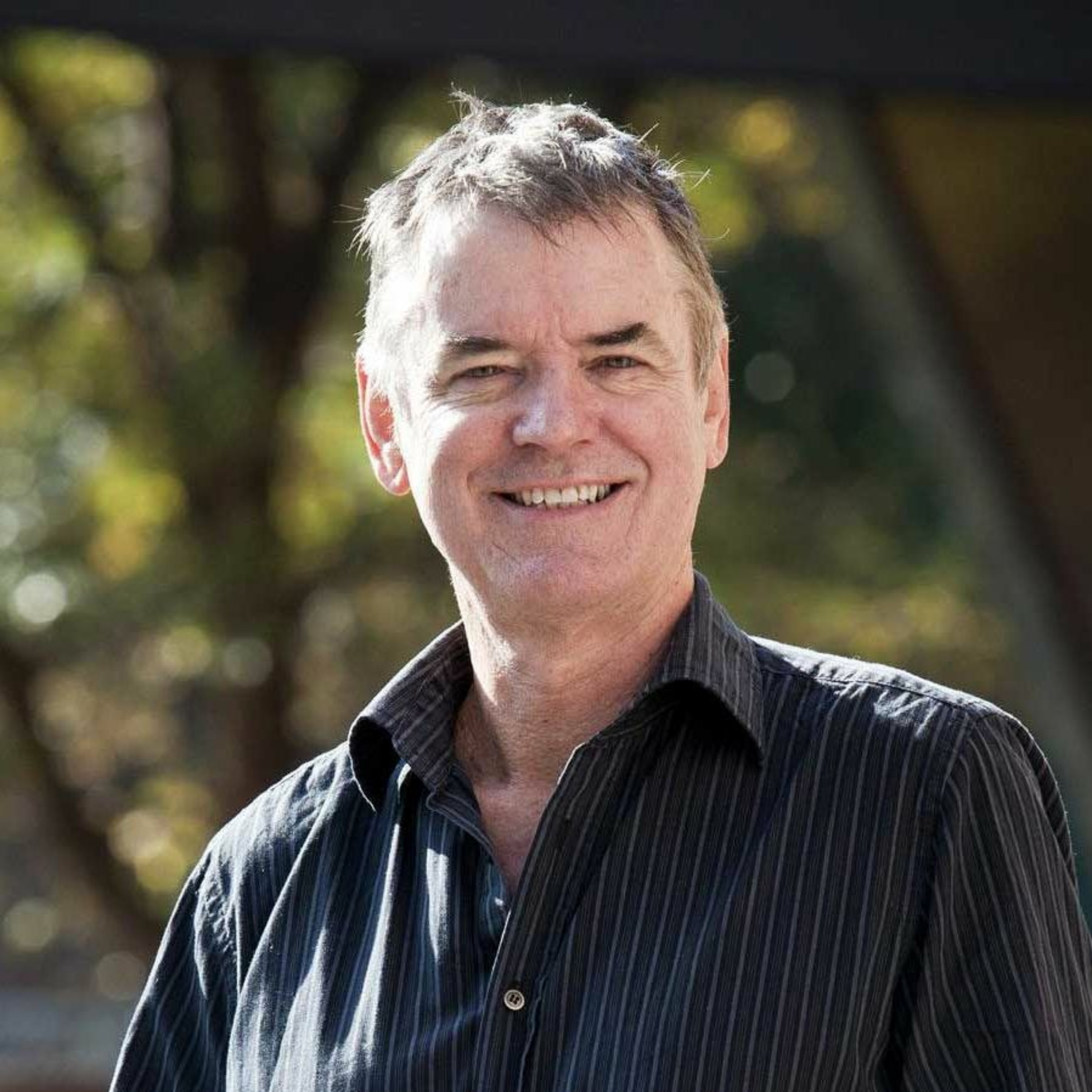
Bridging the Gaps: A Portal for Curious MindsEducation: What works and what does not, with Professor John HattieEvaluating the quality of teaching and learning in our schools, and assessing the effectiveness of our school systems and primary education frameworks is an important research area that focuses on questions such as “what works and what does not work in our schools”. An important aspect of this research is to evaluate the impact of factors such as class size, homework, use of digital technologies, duration of academic year, teaching very bright and weak learners in same cohorts on the quality of teaching and learning in our schools. Such research also focuses on measuring the effect-size of these and other fact...
2015-12-311h 03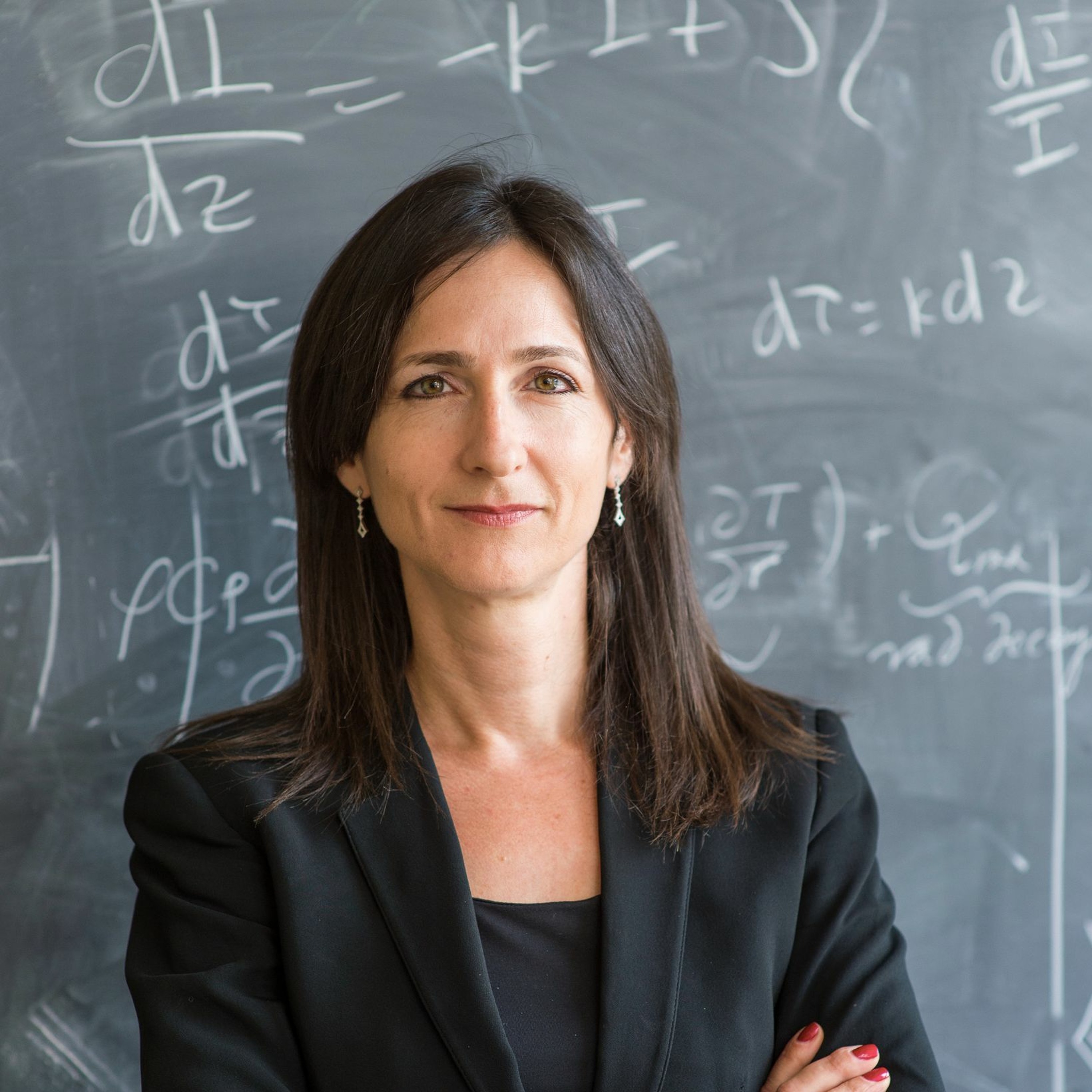
Bridging the Gaps: A Portal for Curious MindsSearch for Exoplanets: A Discussion with Professor Sara Seager @ BTGOne of the most existing developments of the last two decades in the field of astronomy is the discovery of exoplanets: planets that orbit around the stars other then our sun. The idea of finding planets outside our solar system is not new; philosophers and scientists have imagined exoplanets for centuries. Giordano Bruno, an Italian philosopher, mathematician, poet, and astrologer theorised exoplanets in sixteenth century. However for centuries there was no mechanism available to detect exoplanets. The first two confirmed exoplanets were discovered in 1992. Since then the detection of new exoplanets continues. By September 2015 the number of confirmed exoplanets has...
2015-10-1743 min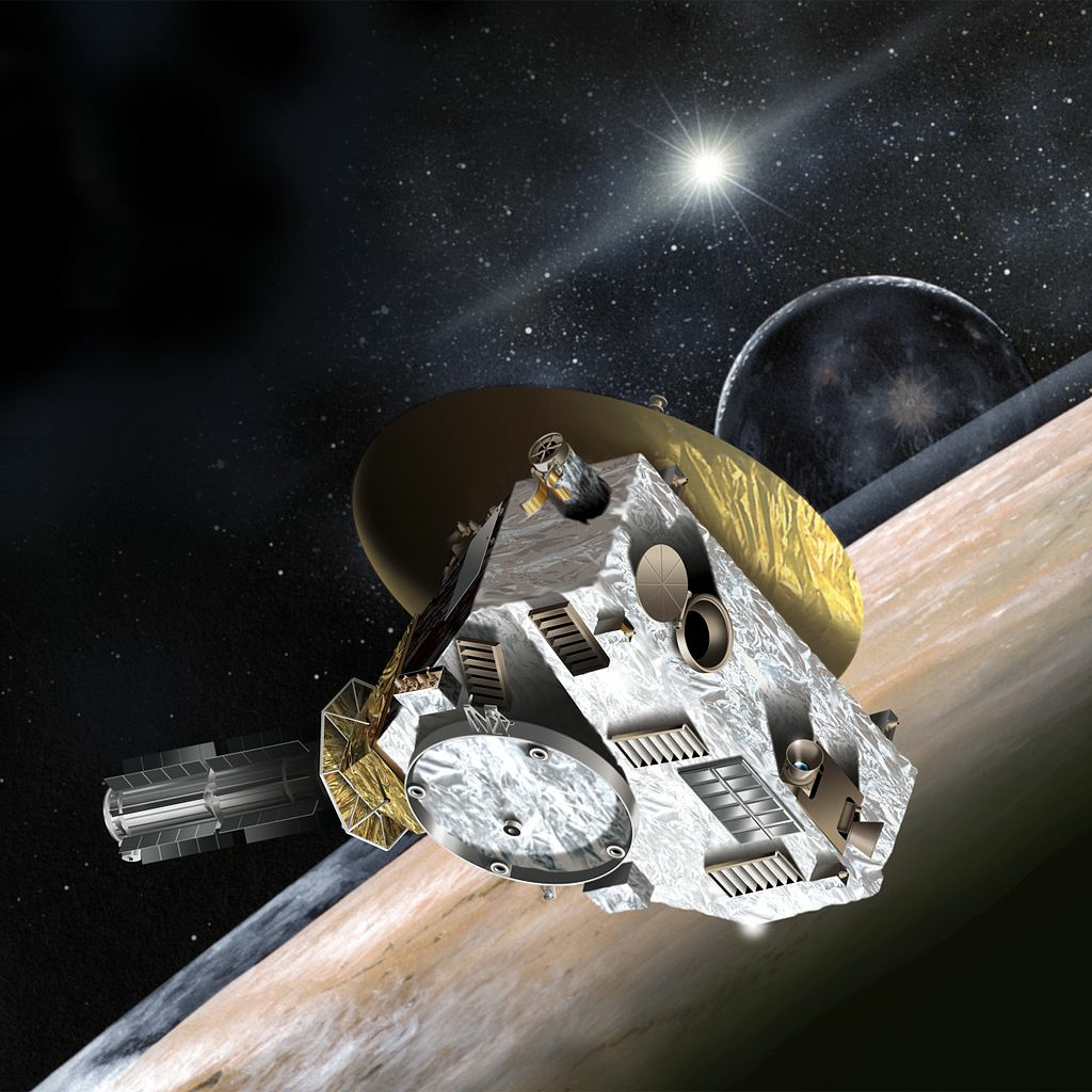
Bridging the Gaps: A Portal for Curious MindsNew Horizons Spacecraft's Pluto Flyby with Dr Mark ShowalterAs NASA's New Horizons spacecraft approaches Pluto, Dr Mark Showalter describes in detail the nature of the mission and what to expect in terms of scientific findings. Dr Showalter discusses in detail the features of the spacecraft and the challenges involved as it approaches Pluto.
2015-05-1725 min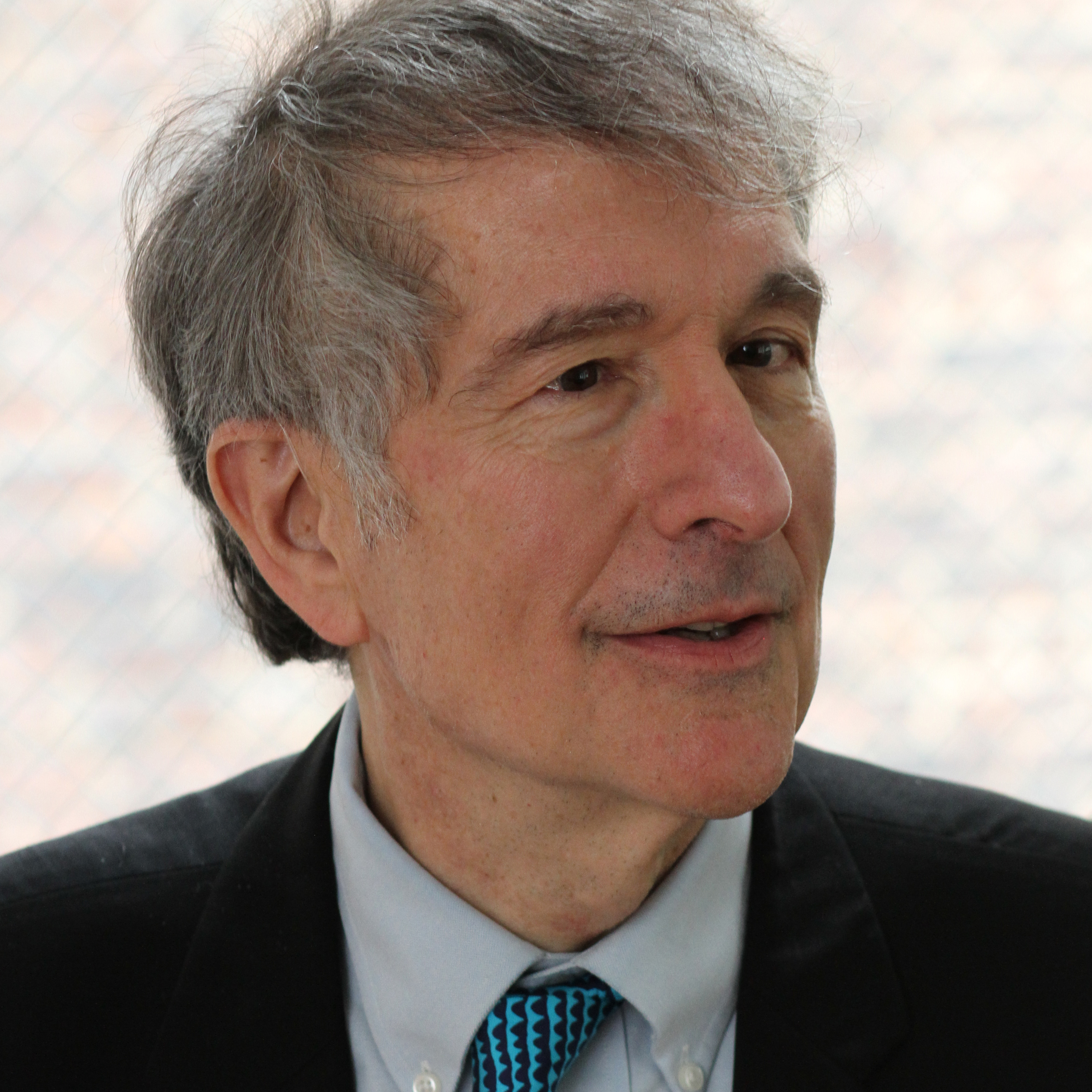
Bridging the Gaps: A Portal for Curious MindsMultiple Intelligences and Future Minds with Dr Howard GardnerMultiple intelligences, future minds, and characteristics and expectations of 21st century learners with Dr Howard Gardner.
2015-03-081h 07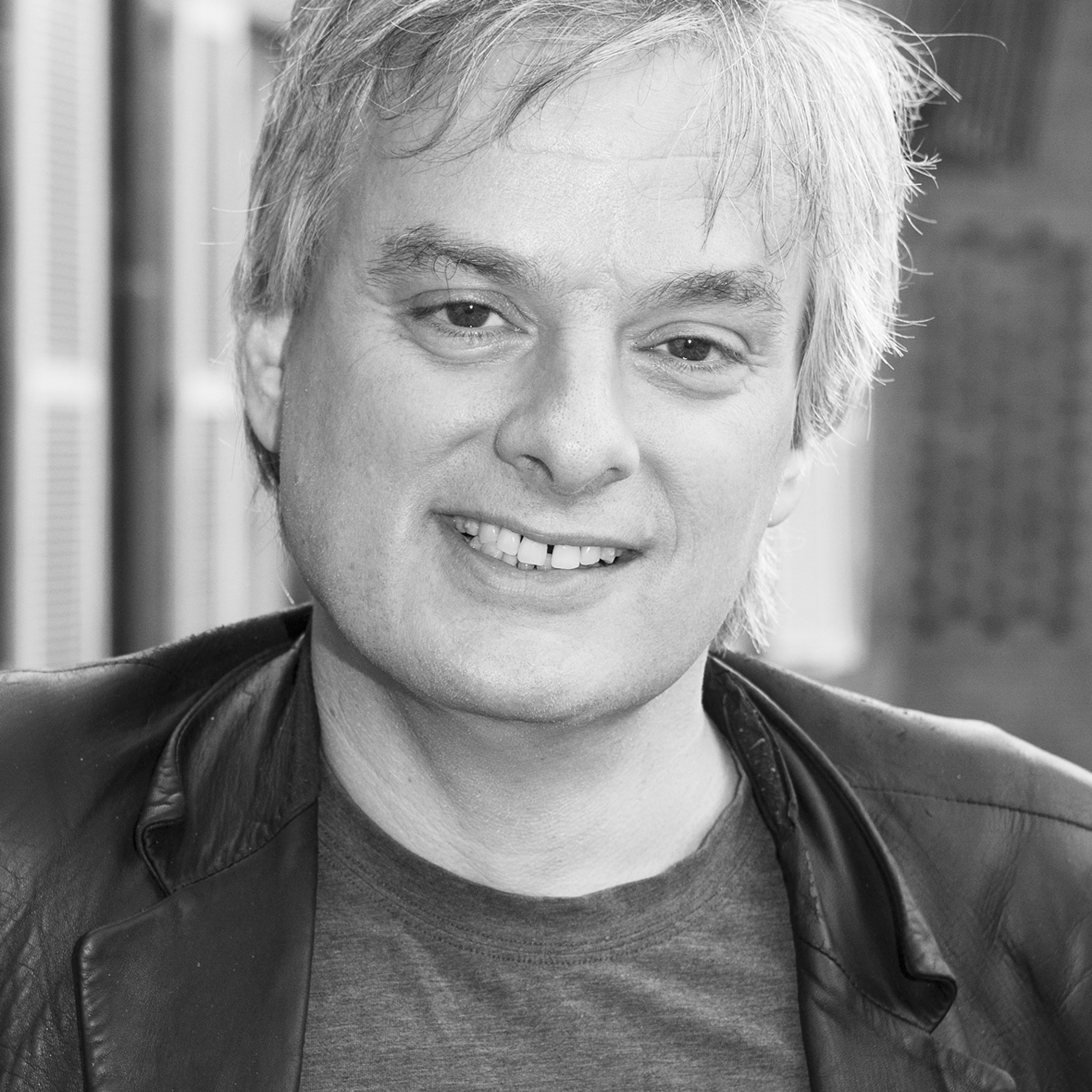
Bridging the Gaps: A Portal for Curious MindsFrom Consciousness to Synthetic Consciousness: Prof. David ChalmersWhat is consciousness? In this podcast David Chalmers starts addressing this question by saying that “being conscious is when there is something it is like to be that being”. This argument was initially presented by an American philosopher Thomas Nagel in an influential paper “what is it like to be a bat”. This paper was first published in the Philosophical Review in 1974.
David Chalmers is an Australian philosopher and a cognitive scientist specializing in the area of philosophy of mind. He is professor of philosophy and a director of the Centre for Consciousness at the Australian National University. He is also pro...
2015-03-0143 min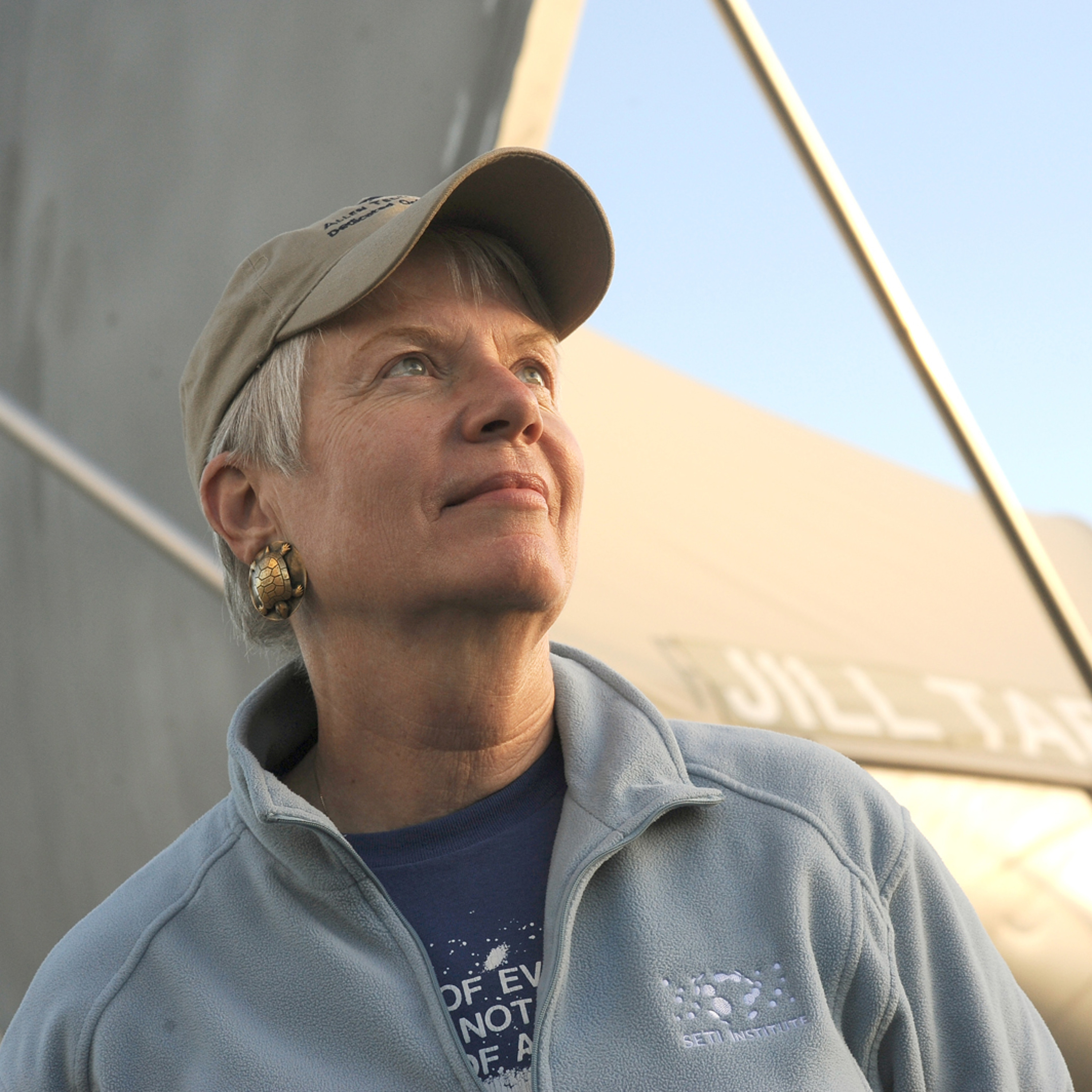
Bridging the Gaps: A Portal for Curious MindsSearch for Extraterrestrial Intelligence: Dr Jill TarterA conversation with Dr Jill Tarter on the past, present and future for the search for extraterrestrial intelligence.
2014-12-2752 min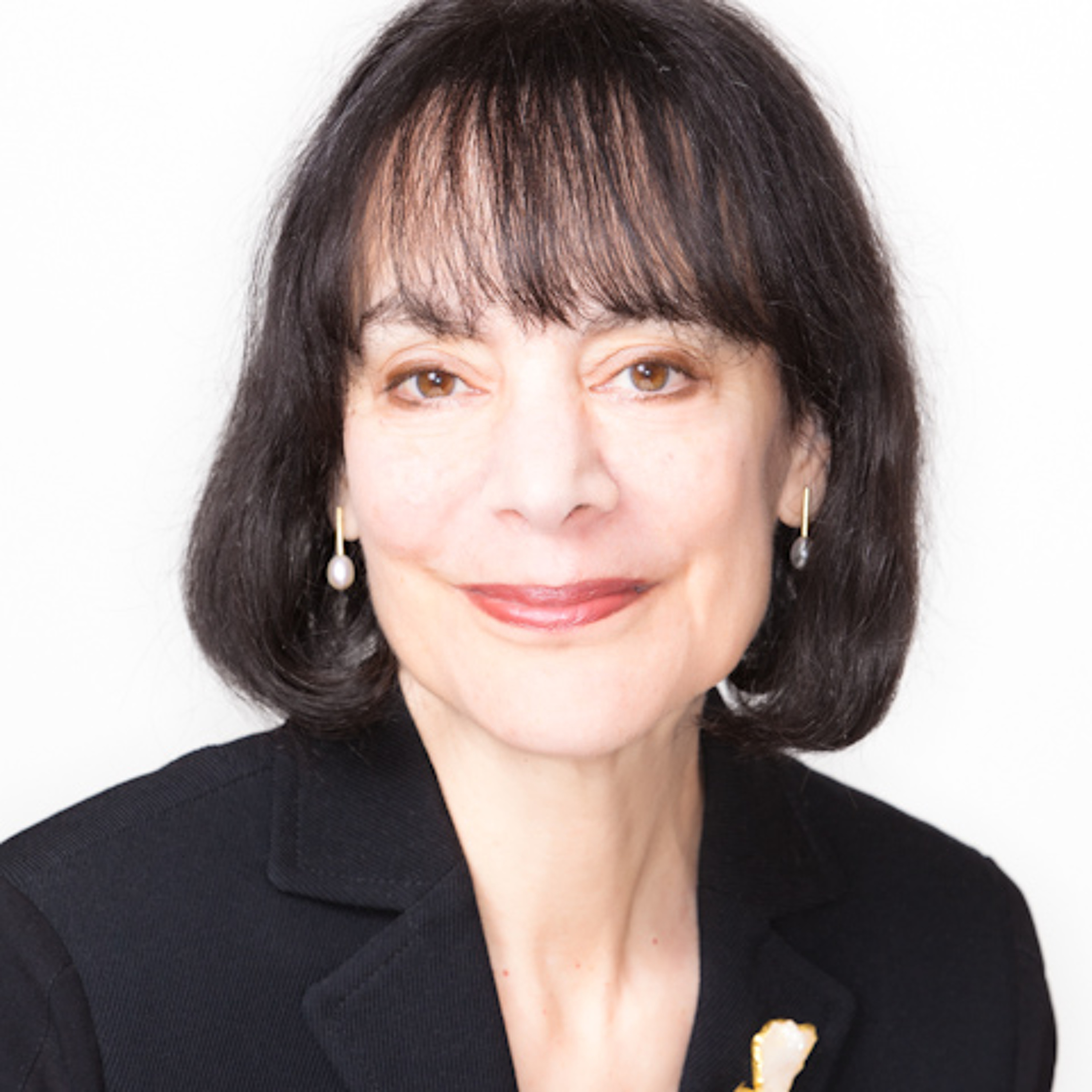
Bridging the Gaps: A Portal for Curious MindsGrowth Mindset: Professor Carol Dweck at BTGA Conversation with Professor Carol Dweck
2014-11-3047 min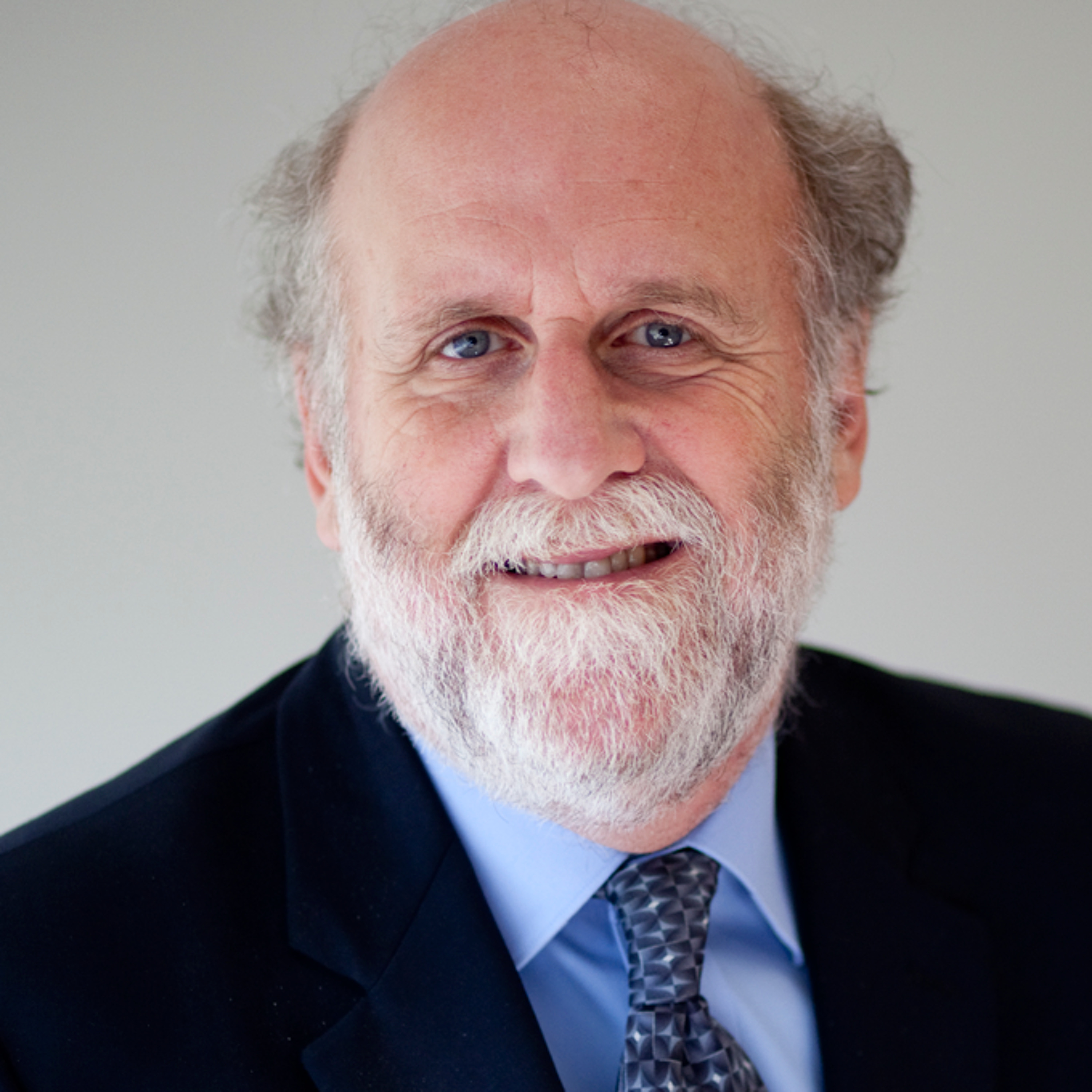
Bridging the Gaps: A Portal for Curious MindsMemory: Professor Daniel Schacter at BTGWhat exactly is a memory? How much do we know about the processes that a human brain executes to store and retrieve a memory? An individual memory may contain different elements such as explicit information, one or many contexts, relevant emotions; does the brain pre-process all individual elements of a memory and then stores this processed memory as one single entity? Or, are different elements of an individual memory stored at different locations in the form of a connected structure or network, and are post-processed at the time of retrieval? In this case what are the chances that during this...
2014-11-301h 00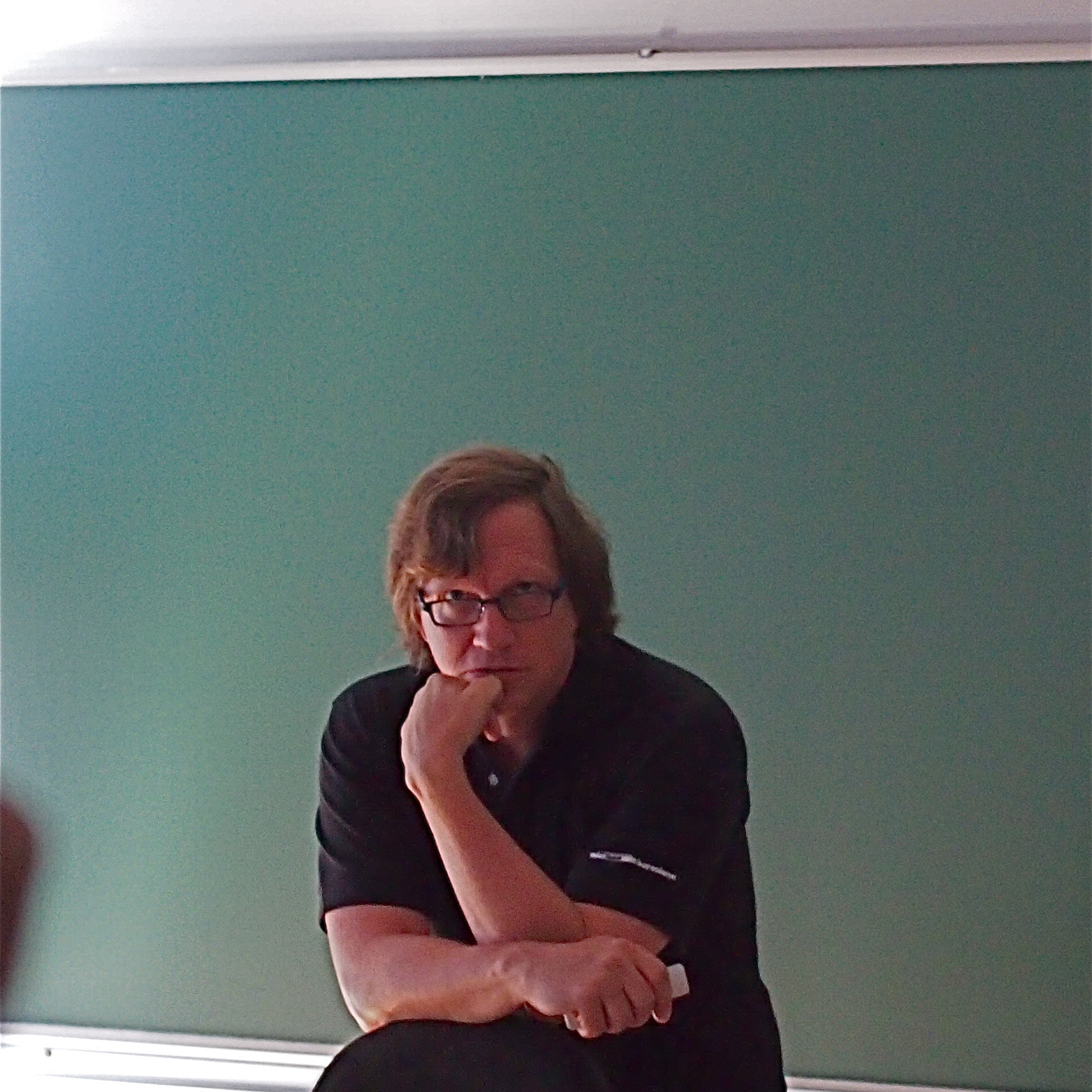
Bridging the Gaps: A Portal for Curious MindsPhilosophy of Science: Professor Tim Maudlin at BTGIs philosophy dead? Well over the past few years a number of scientists and researchers have said that we don’t need philosophy, philosophy should not be taught, it is waste of time and some have suggested that philosophy is dead. This is obviously a question that should be discussed at Bridging the Gaps. Tim Maudlin, professor of philosophy at New York University, says that the scientists, particularly physicists, who suggest that philosophy is dead, simply don’t know what is done now-a-days in philosophy of physics.
An important point that Maudlin makes is that if there are philosophers who inte...
2014-11-301h 00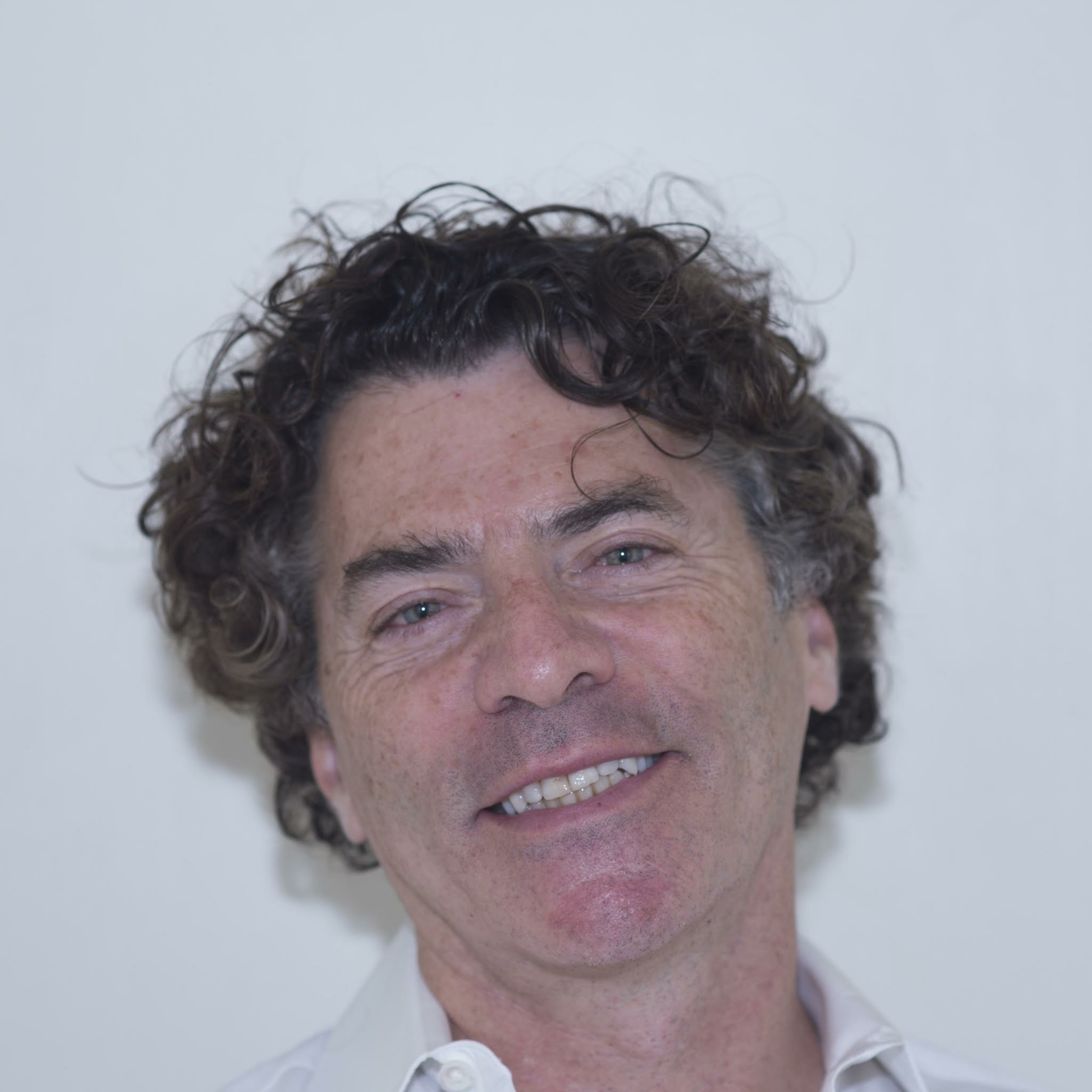
Bridging the Gaps: A Portal for Curious MindsMeta-awareness and Mind Wandering: Professor Jonathan Schooler at BTGHow much do we think about thinking? How aware usually are we of our awareness, and about what is happening around us? Jonathan Schooler, professor of psychology at the University of California (Santa Barbara), whose research focuses on consciousness, memory, meta-awareness, mind-wandering, and mindfulness, describes meta awareness as our ability to take explicit note of the current contents of consciousness. He notes that when we are not focusing on what is happening around us, we generate imaginative thoughts that are unrelated to external circumstances. It is common to experience such imaginative thoughts and experience moments when our minds have wandered...
2014-10-2459 min